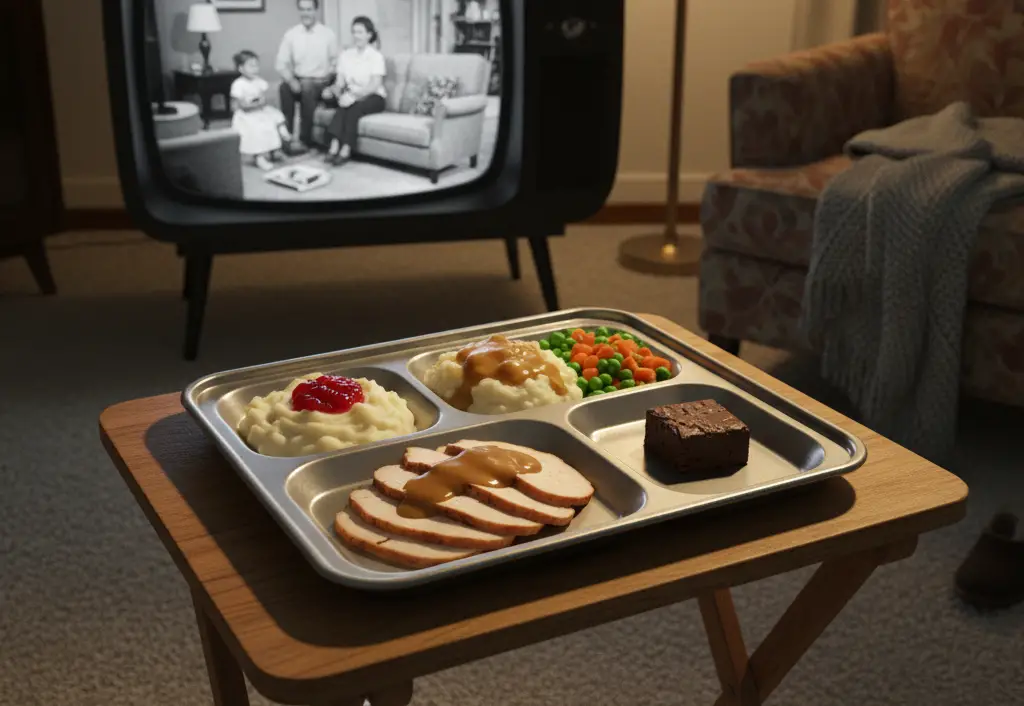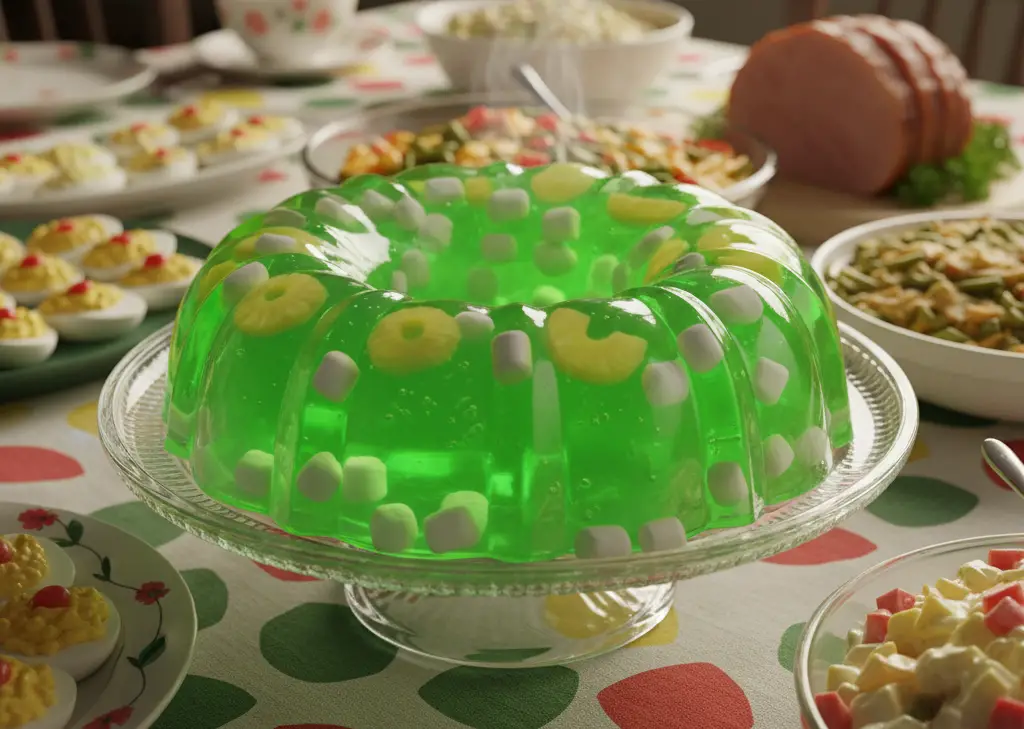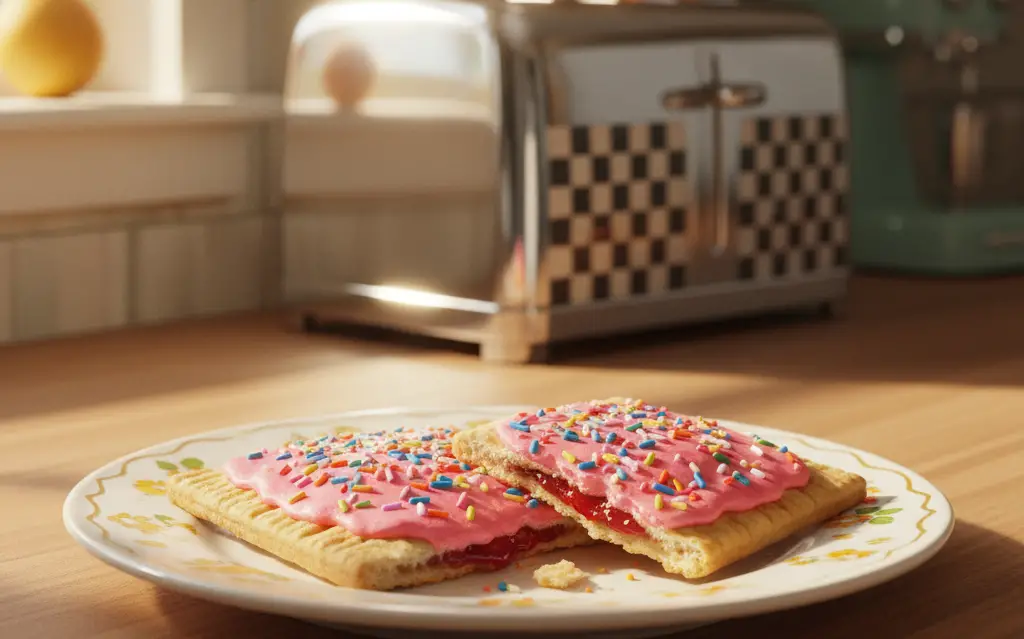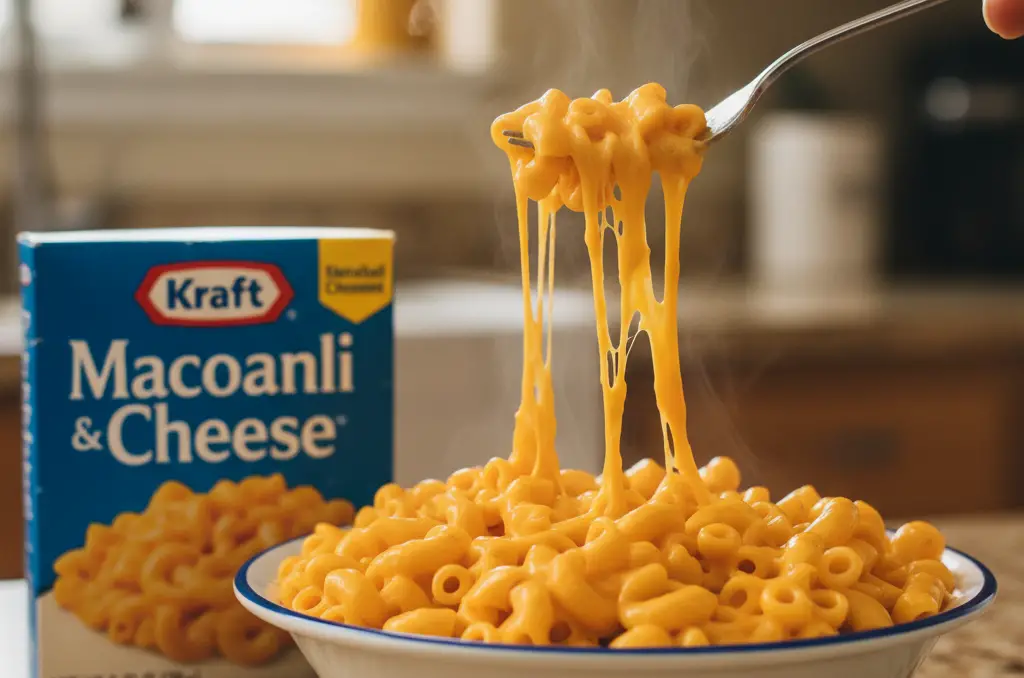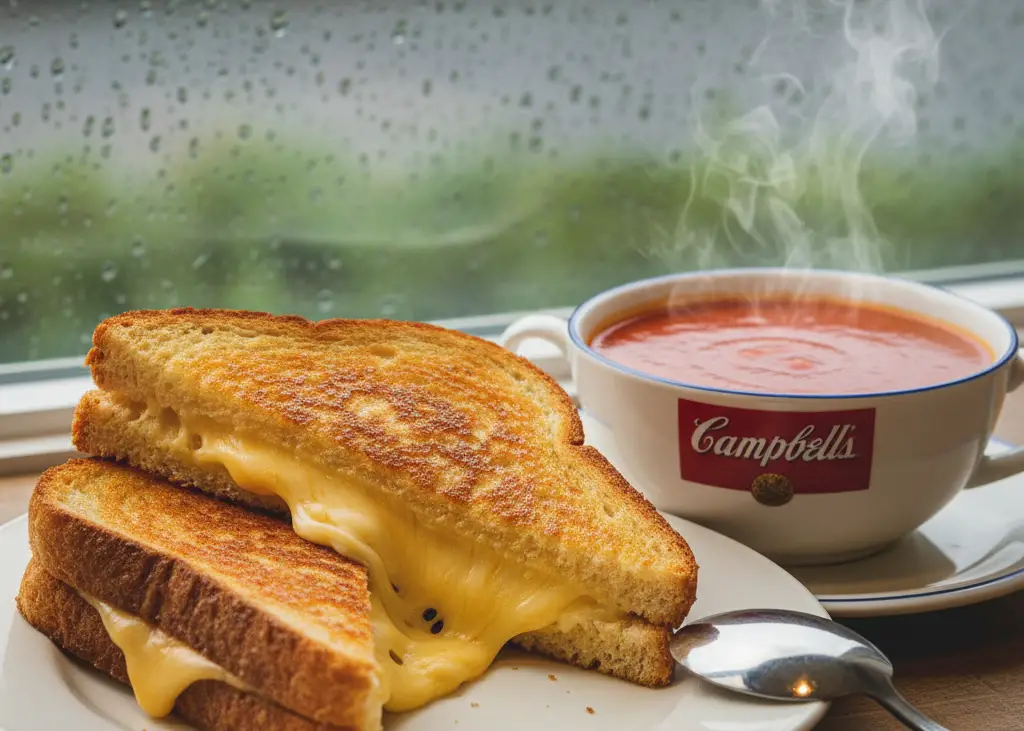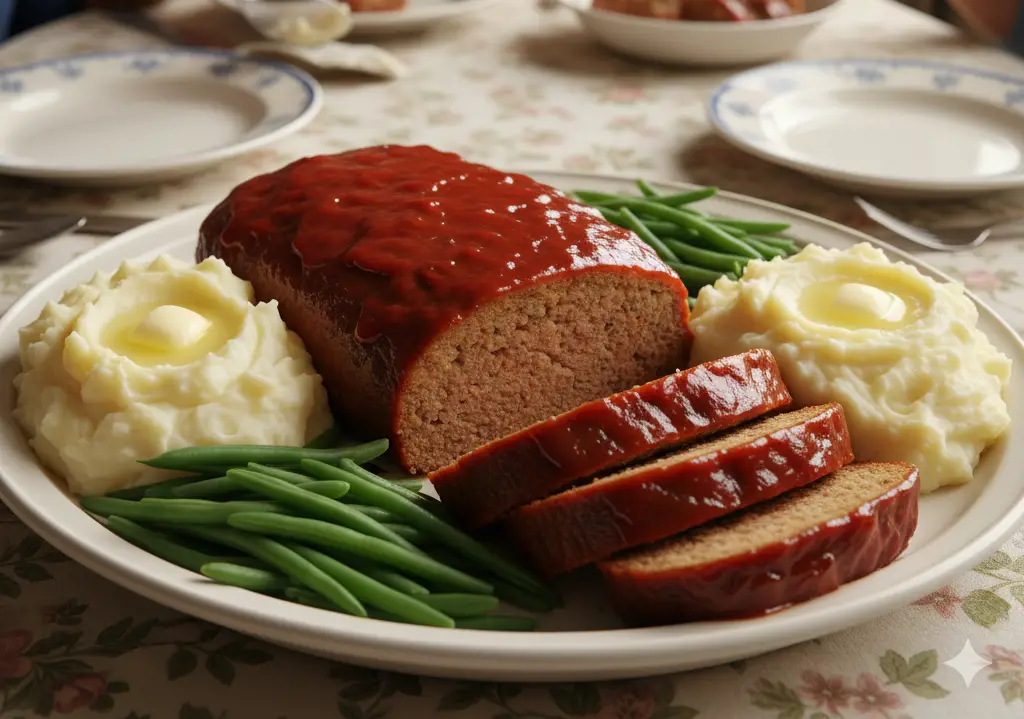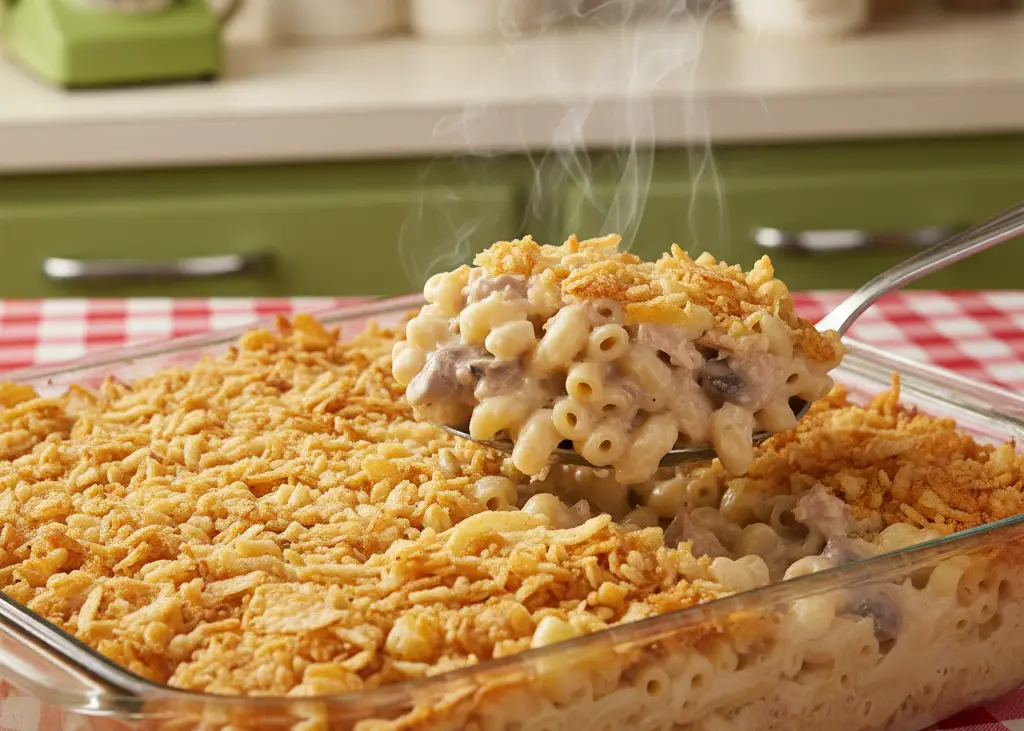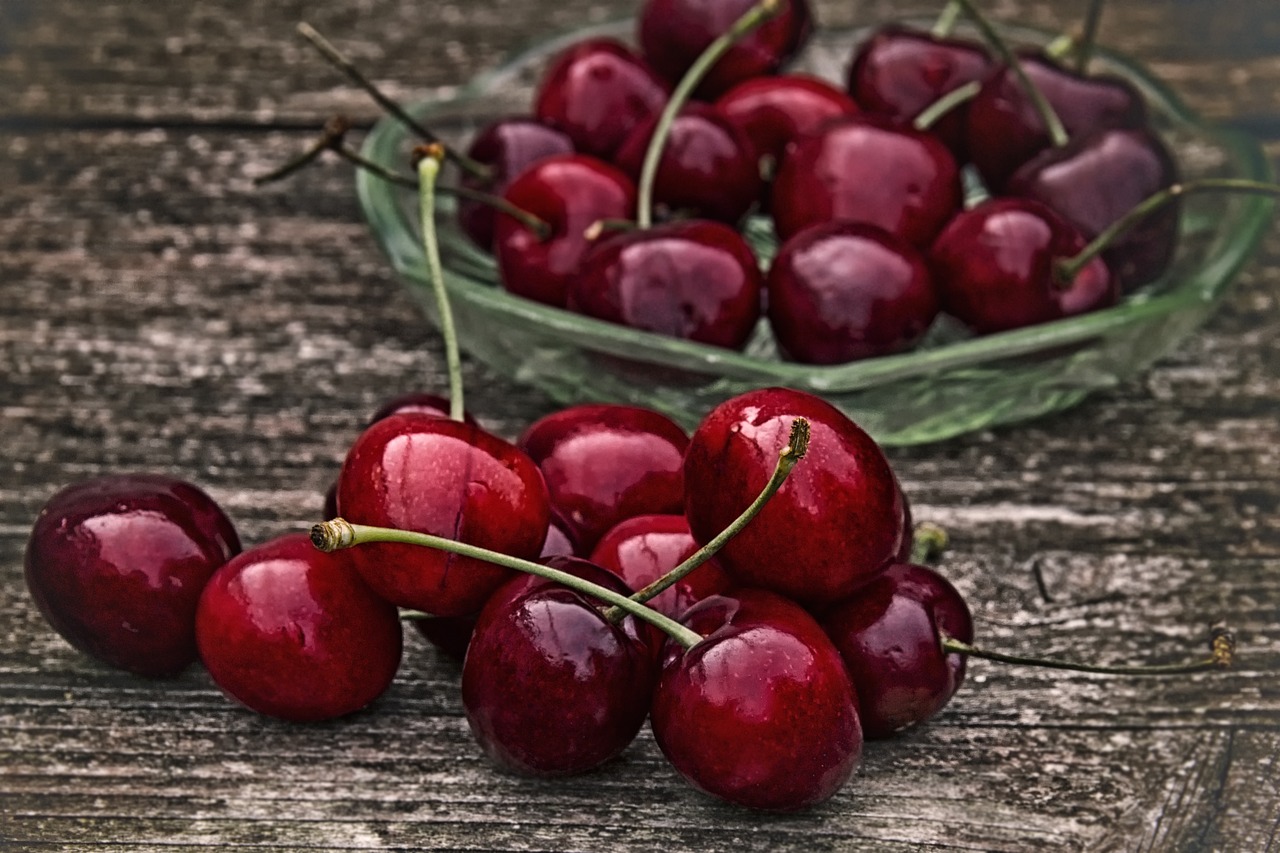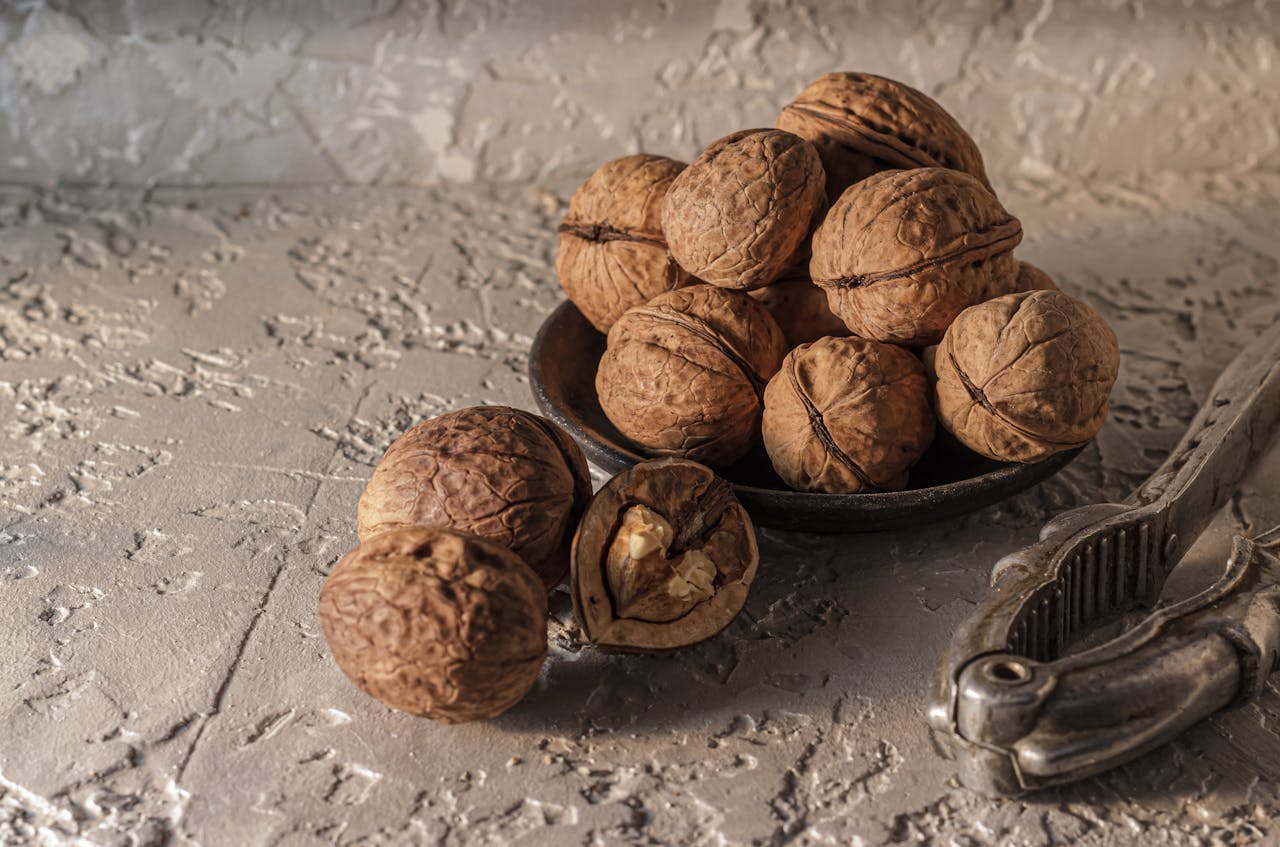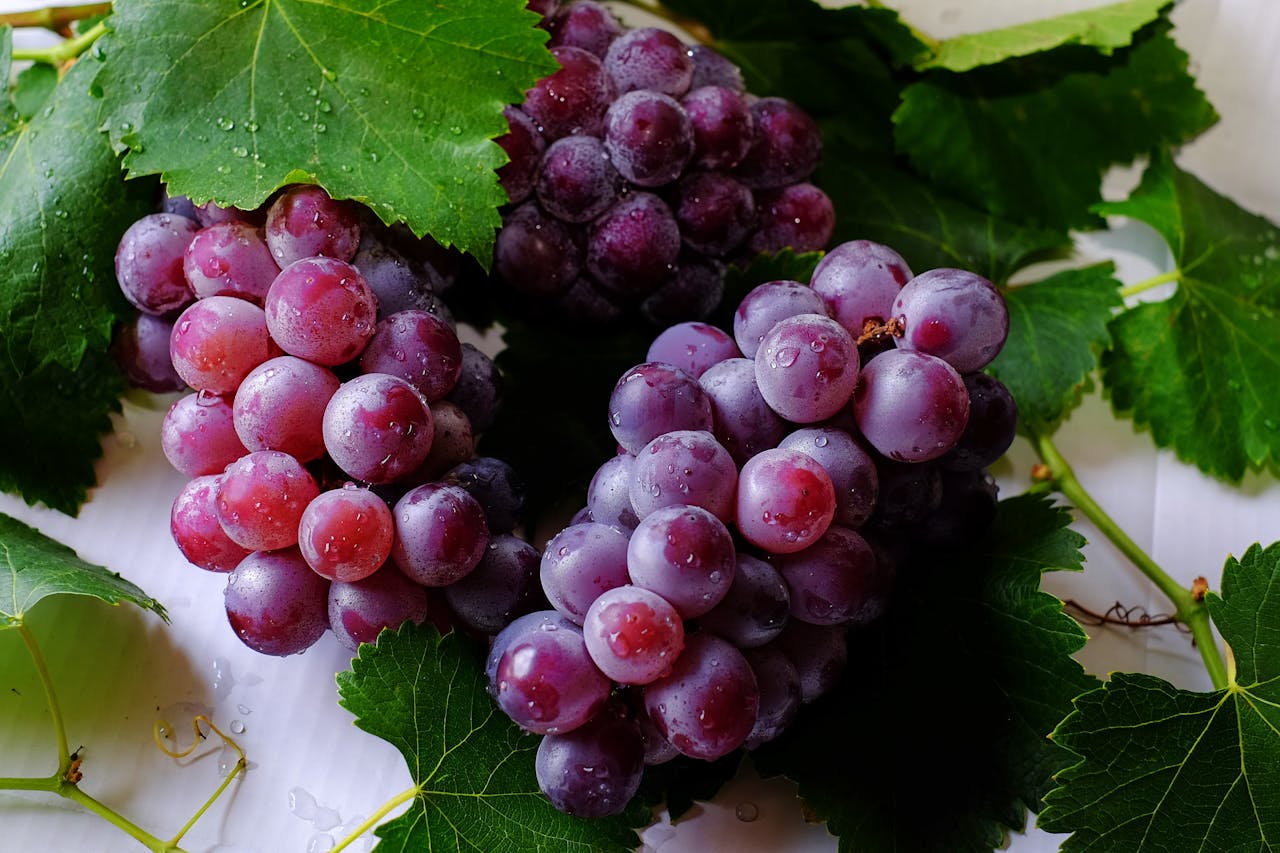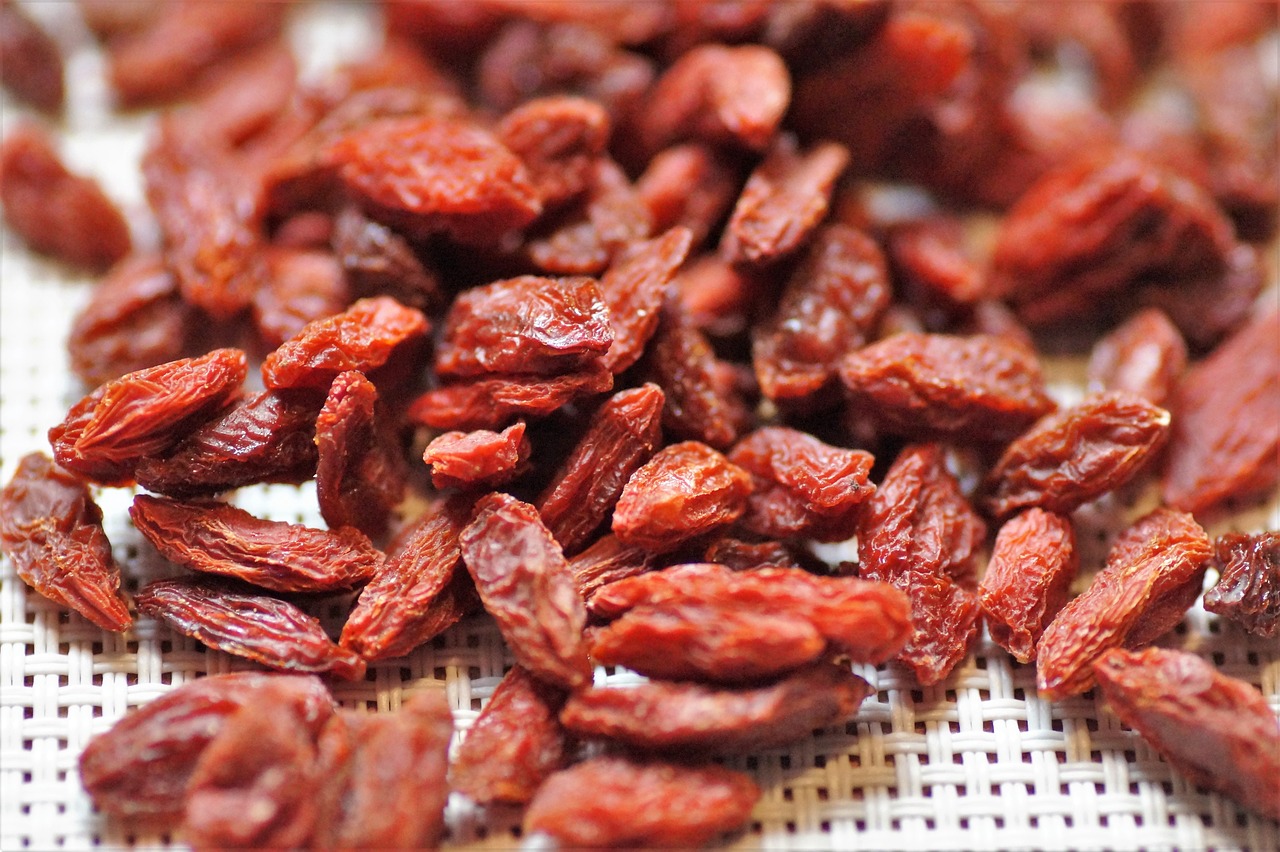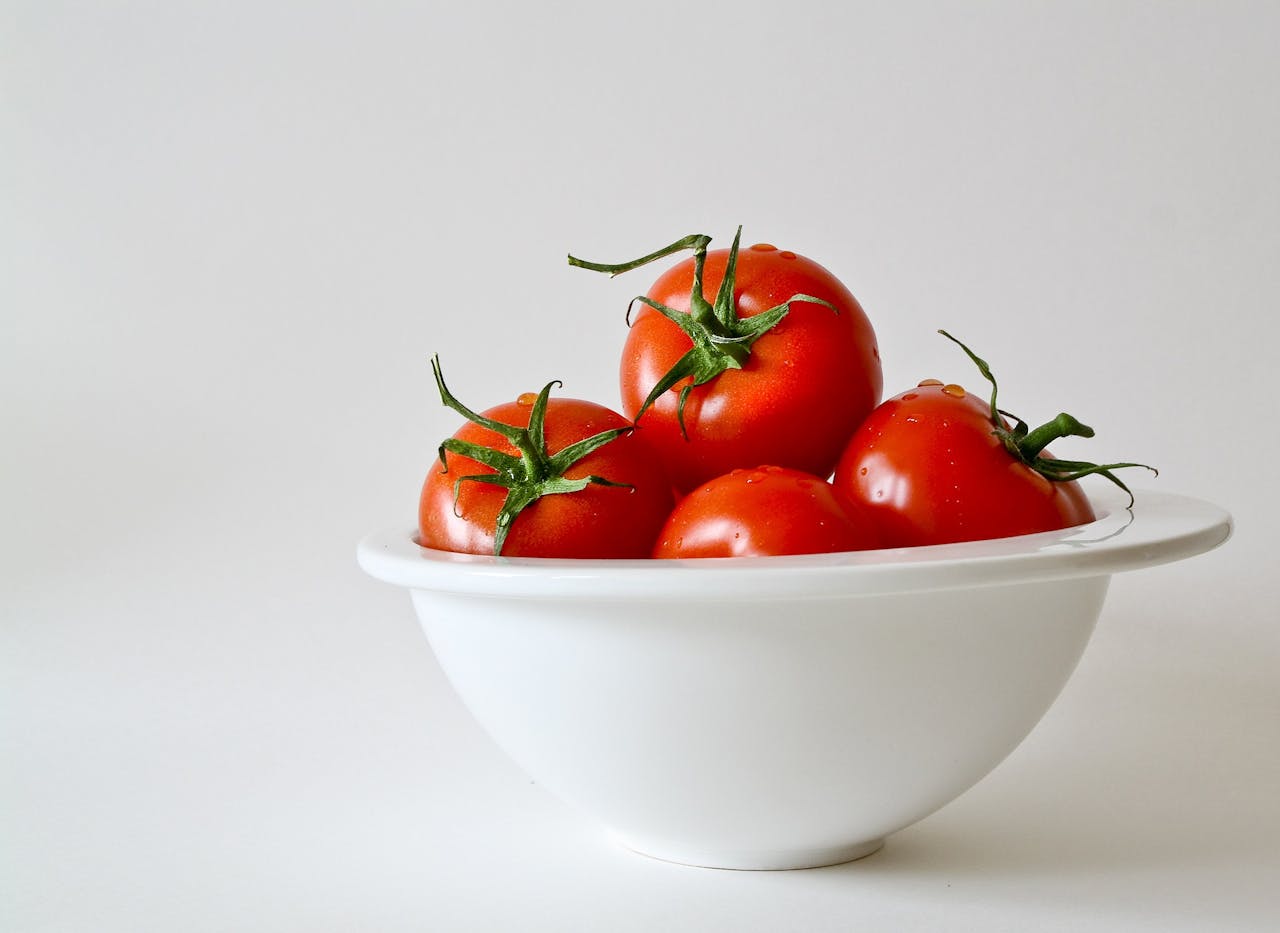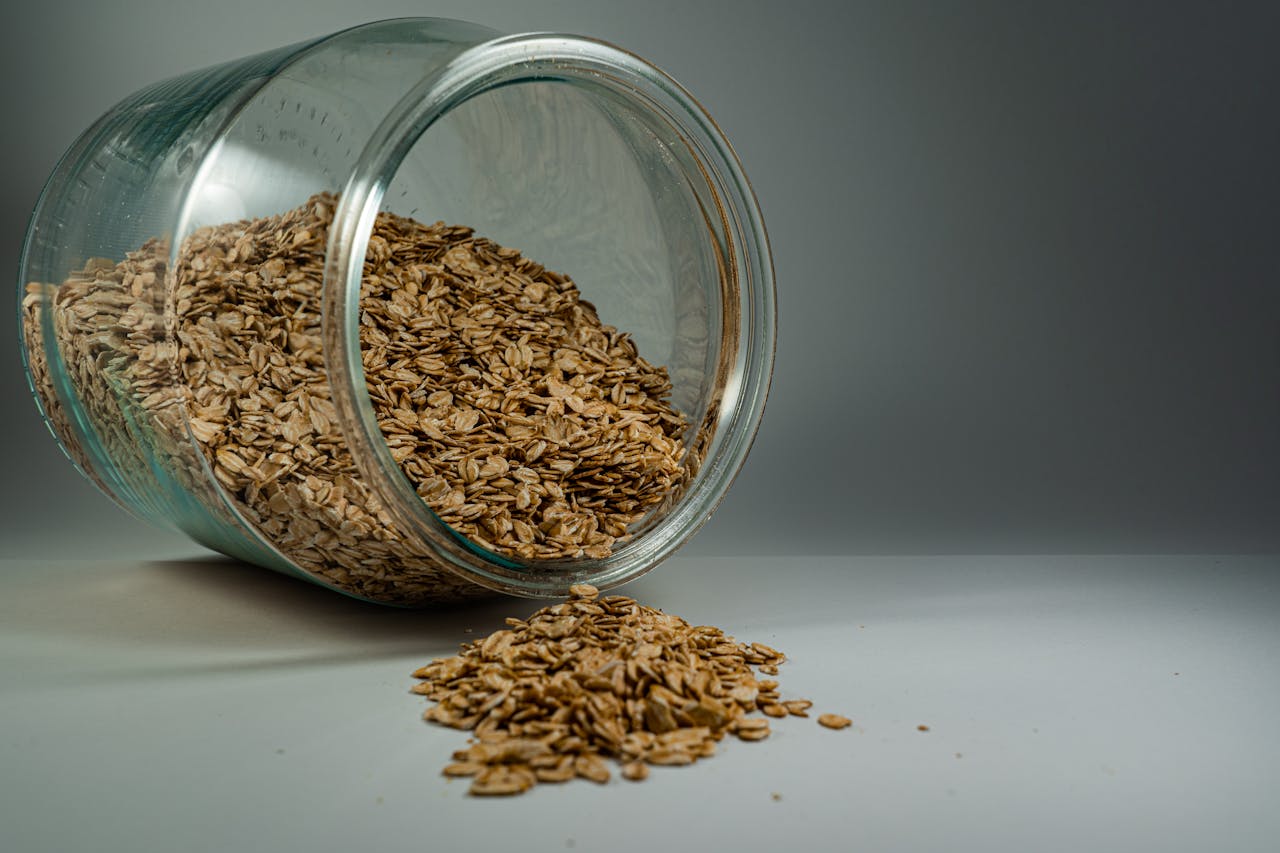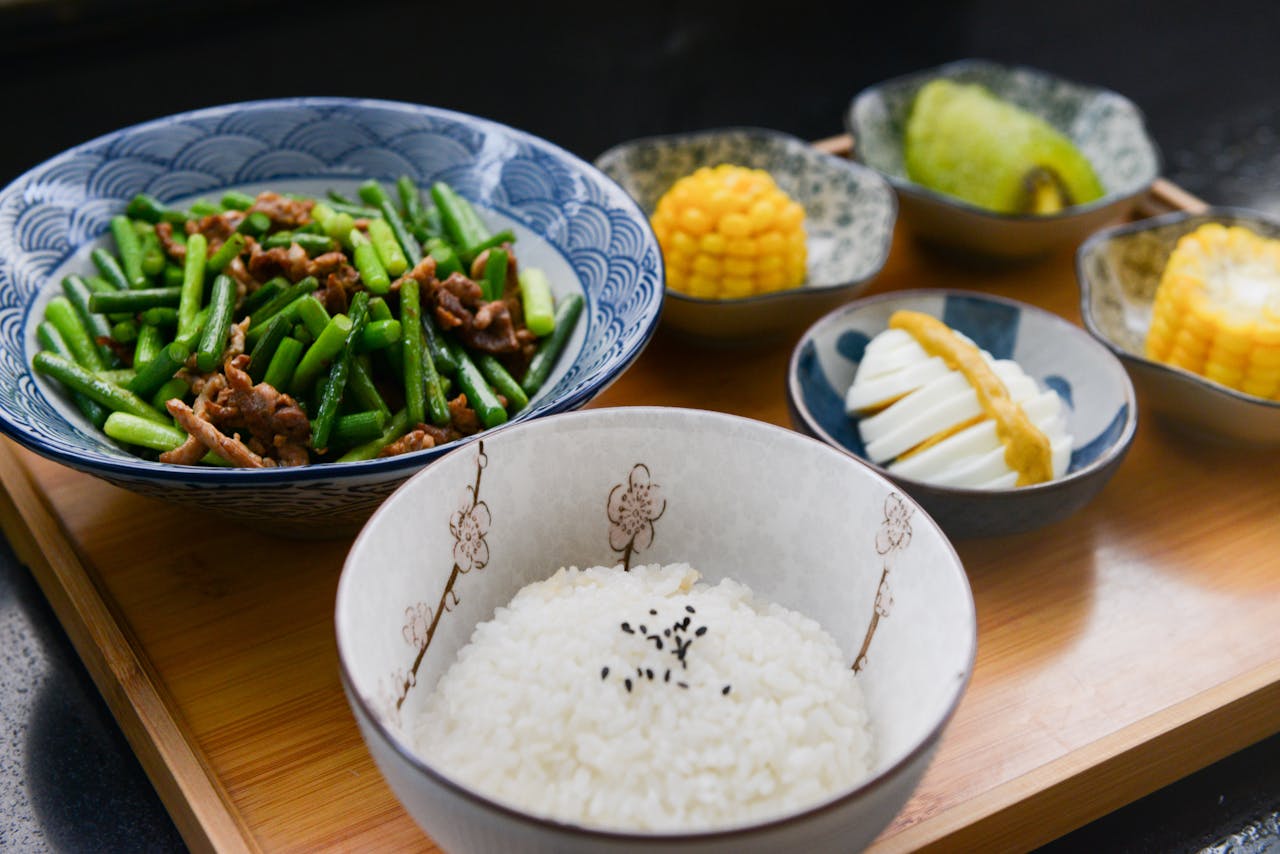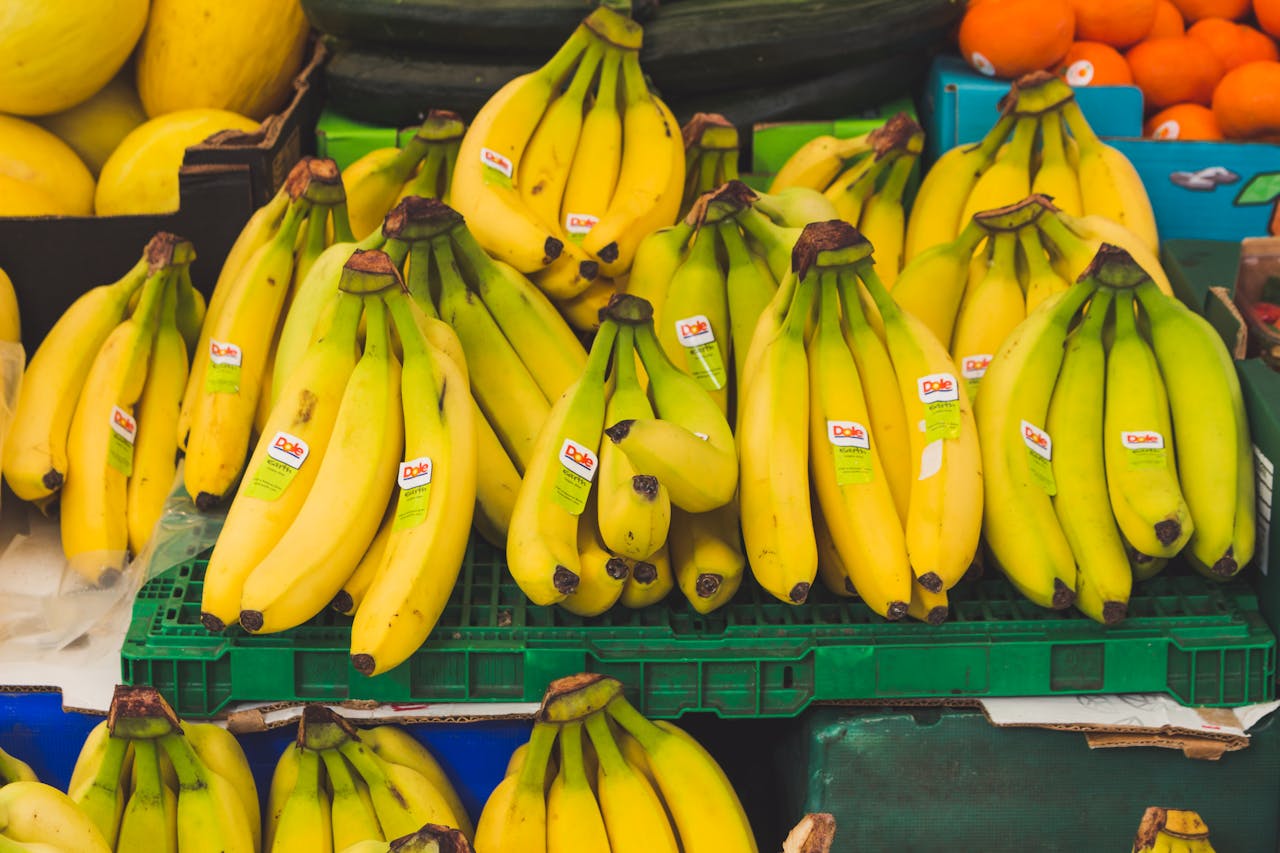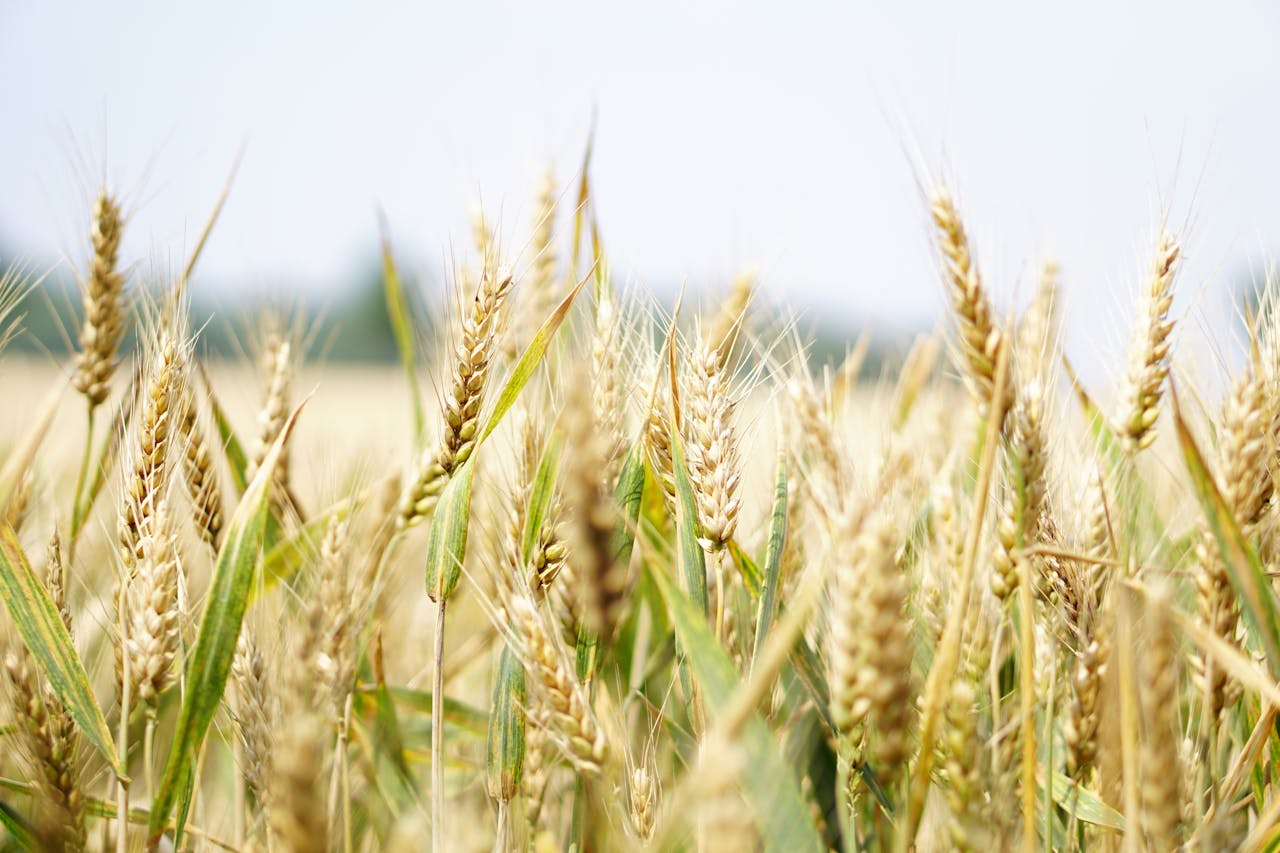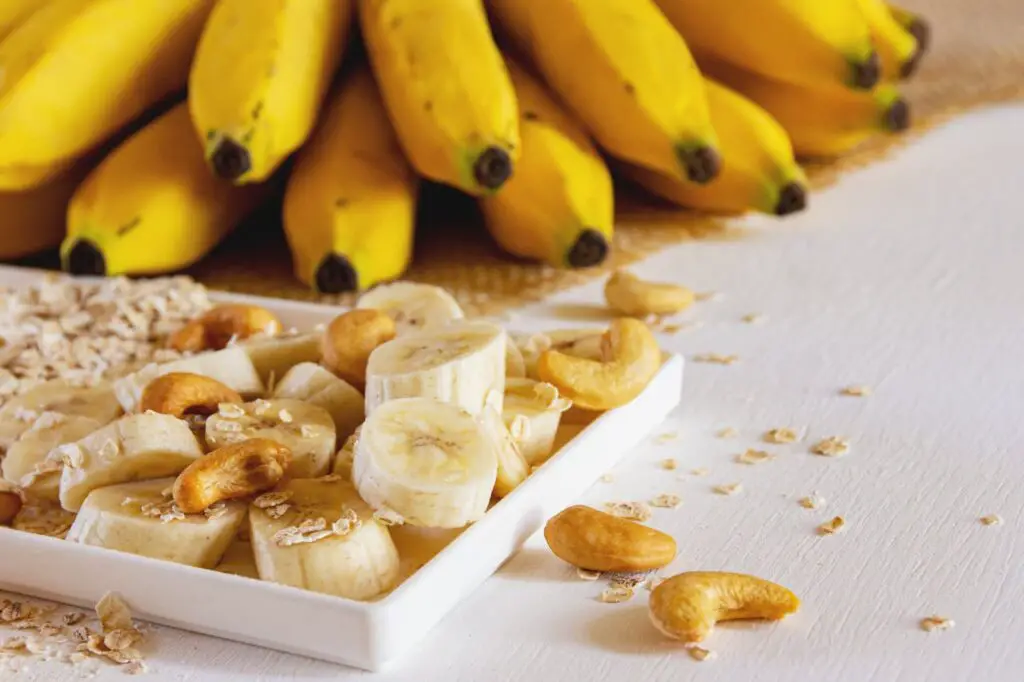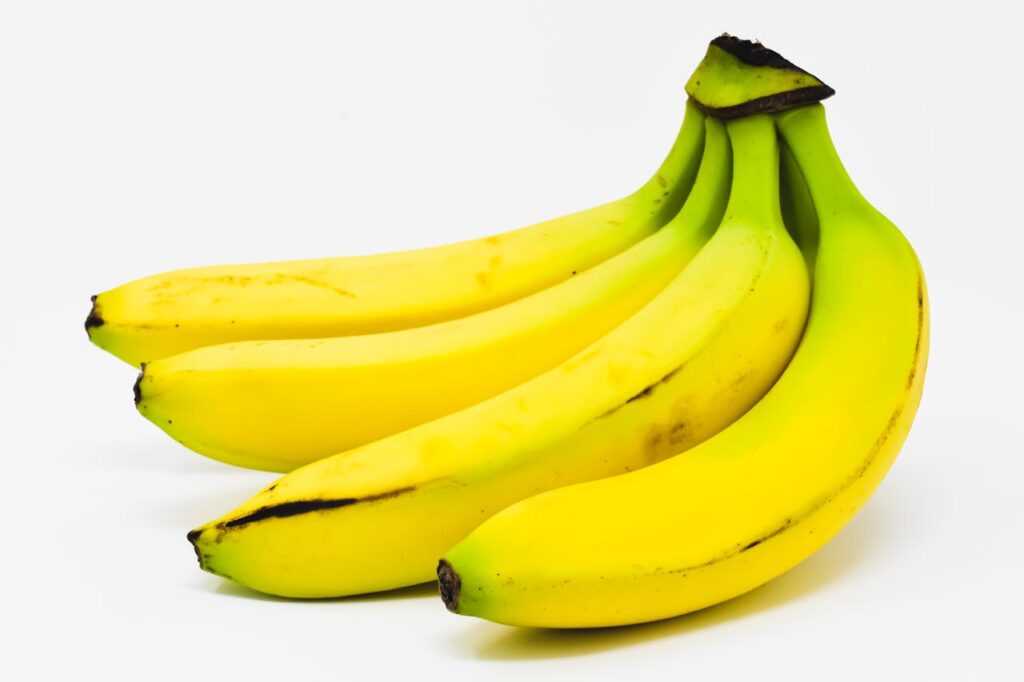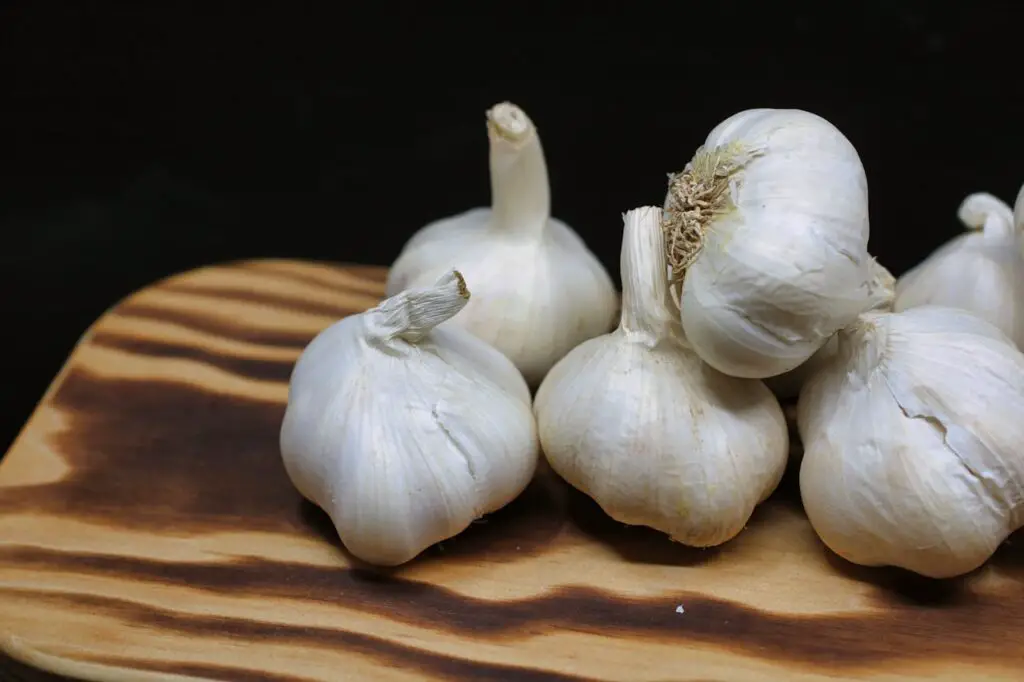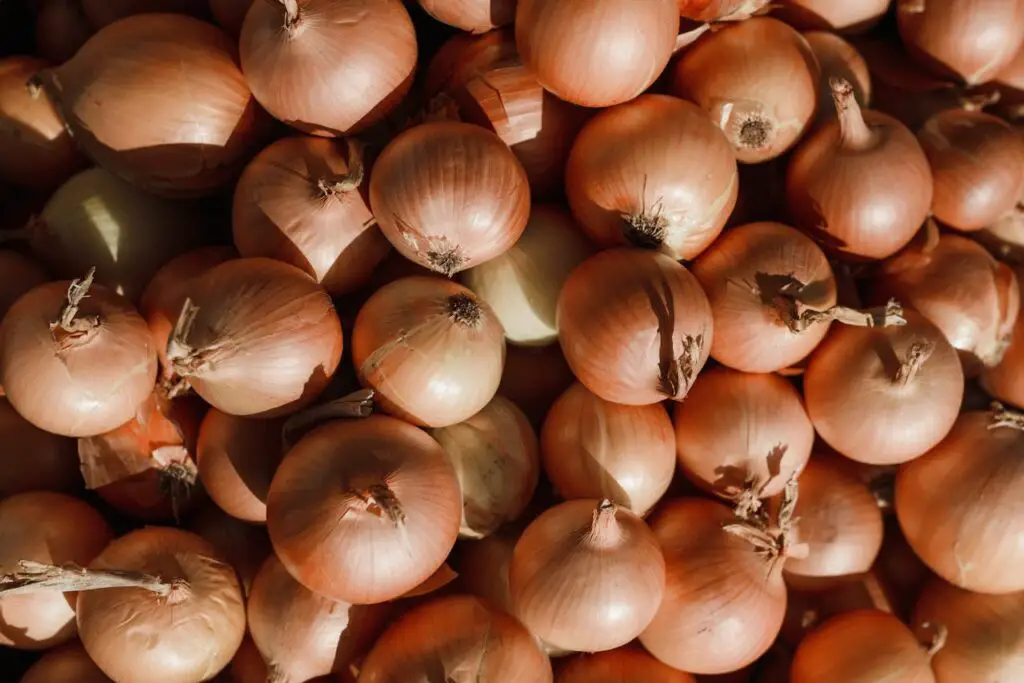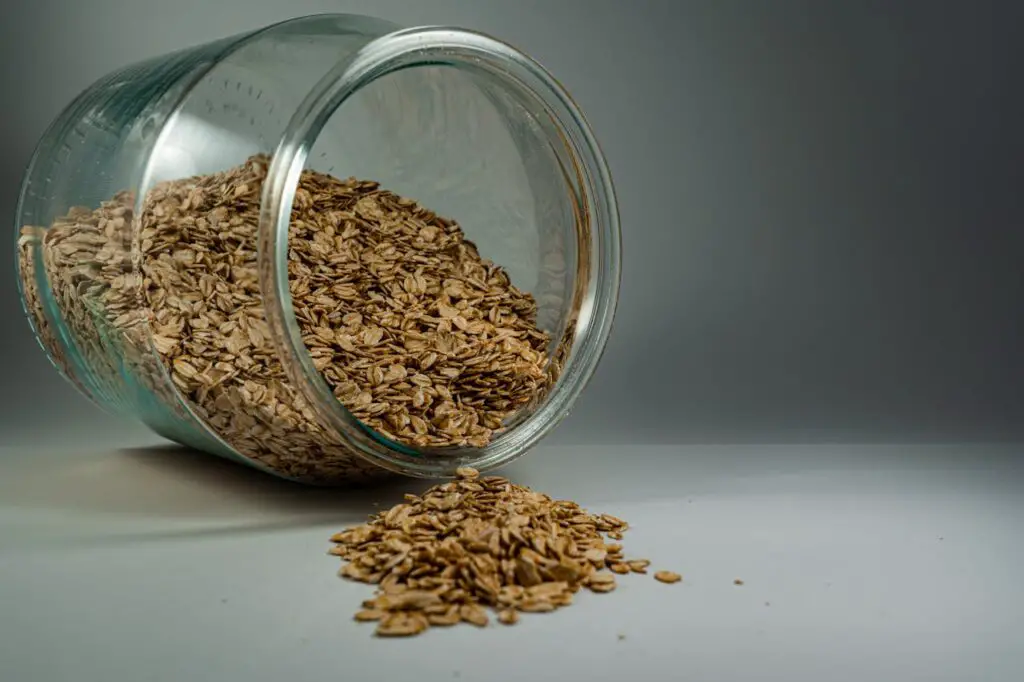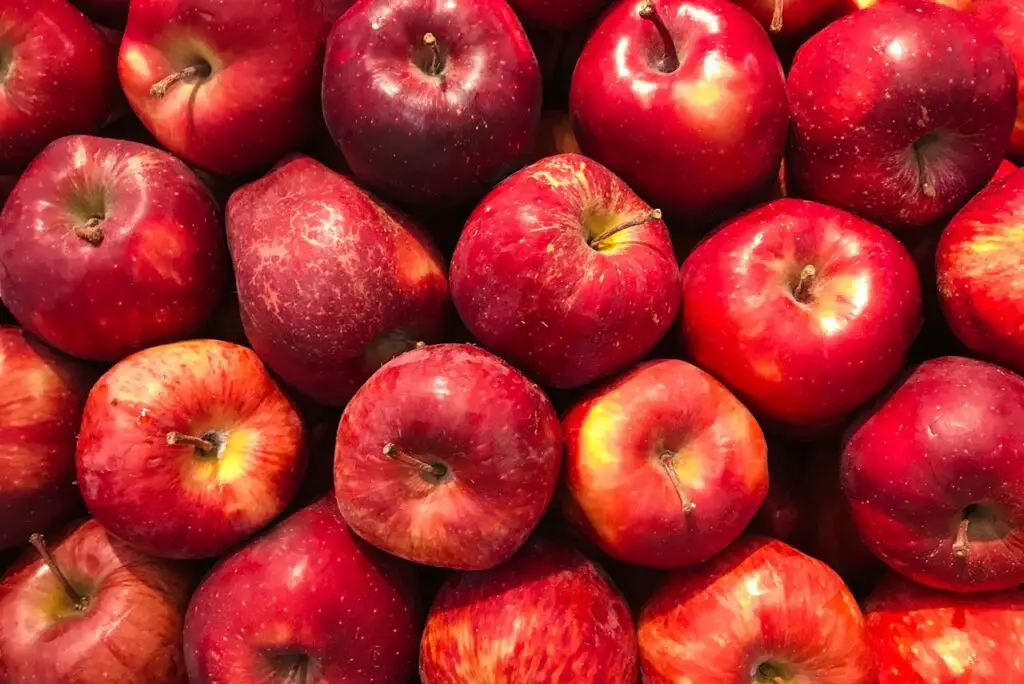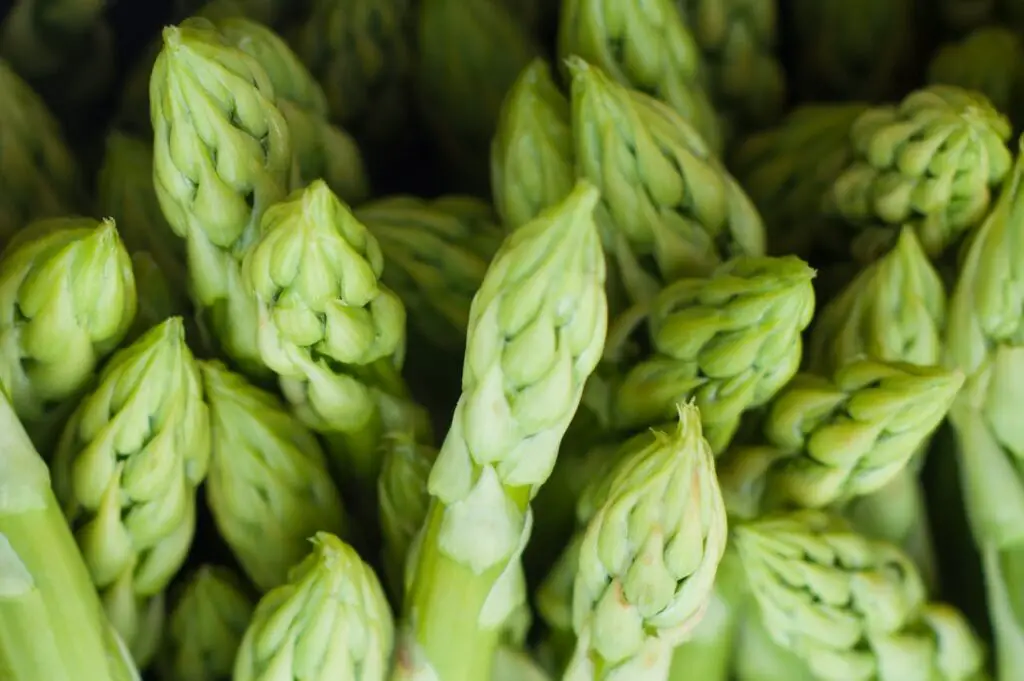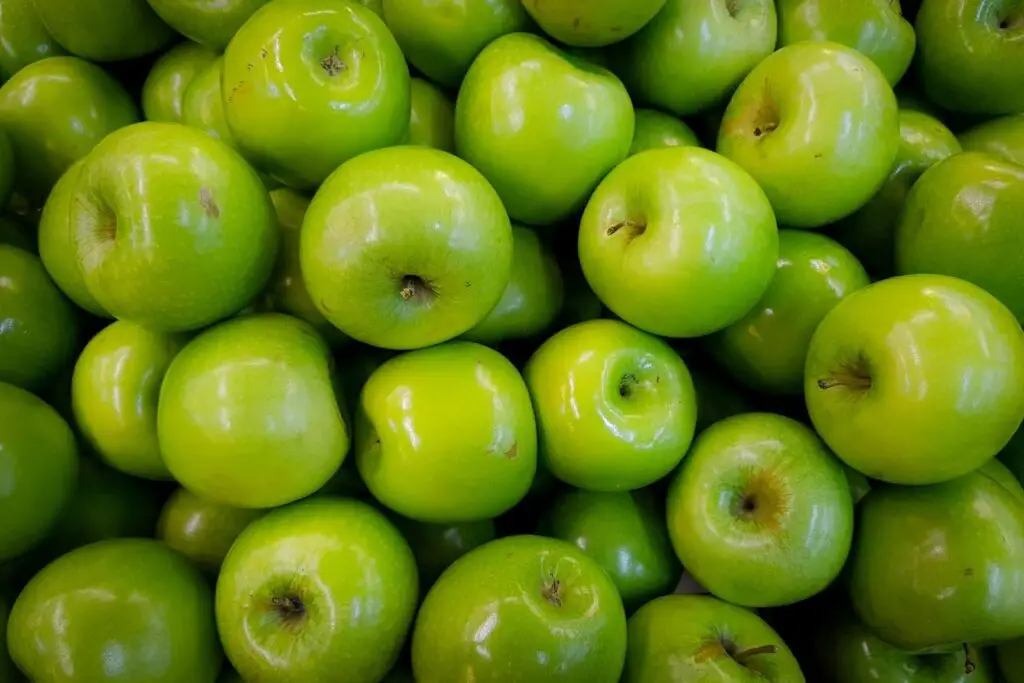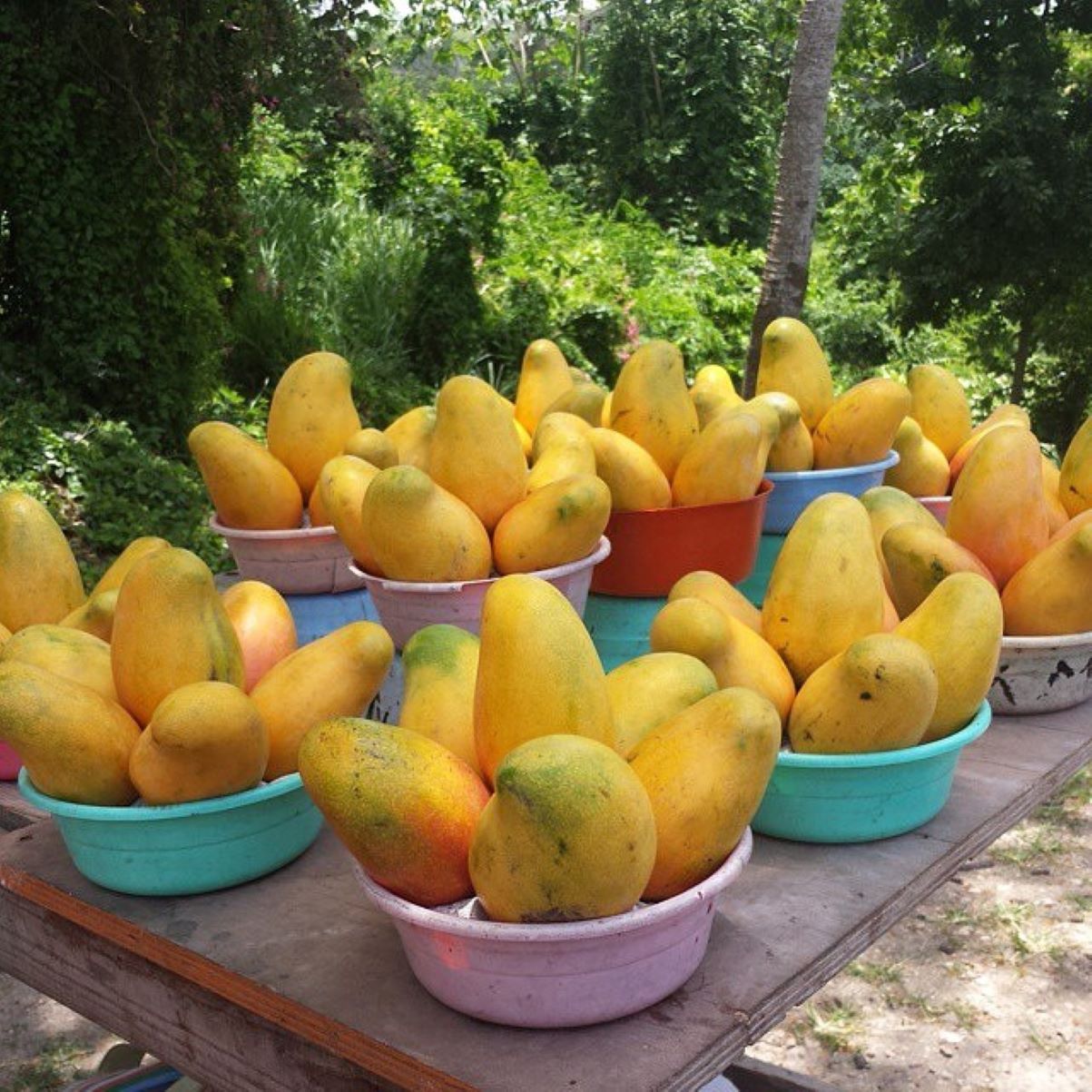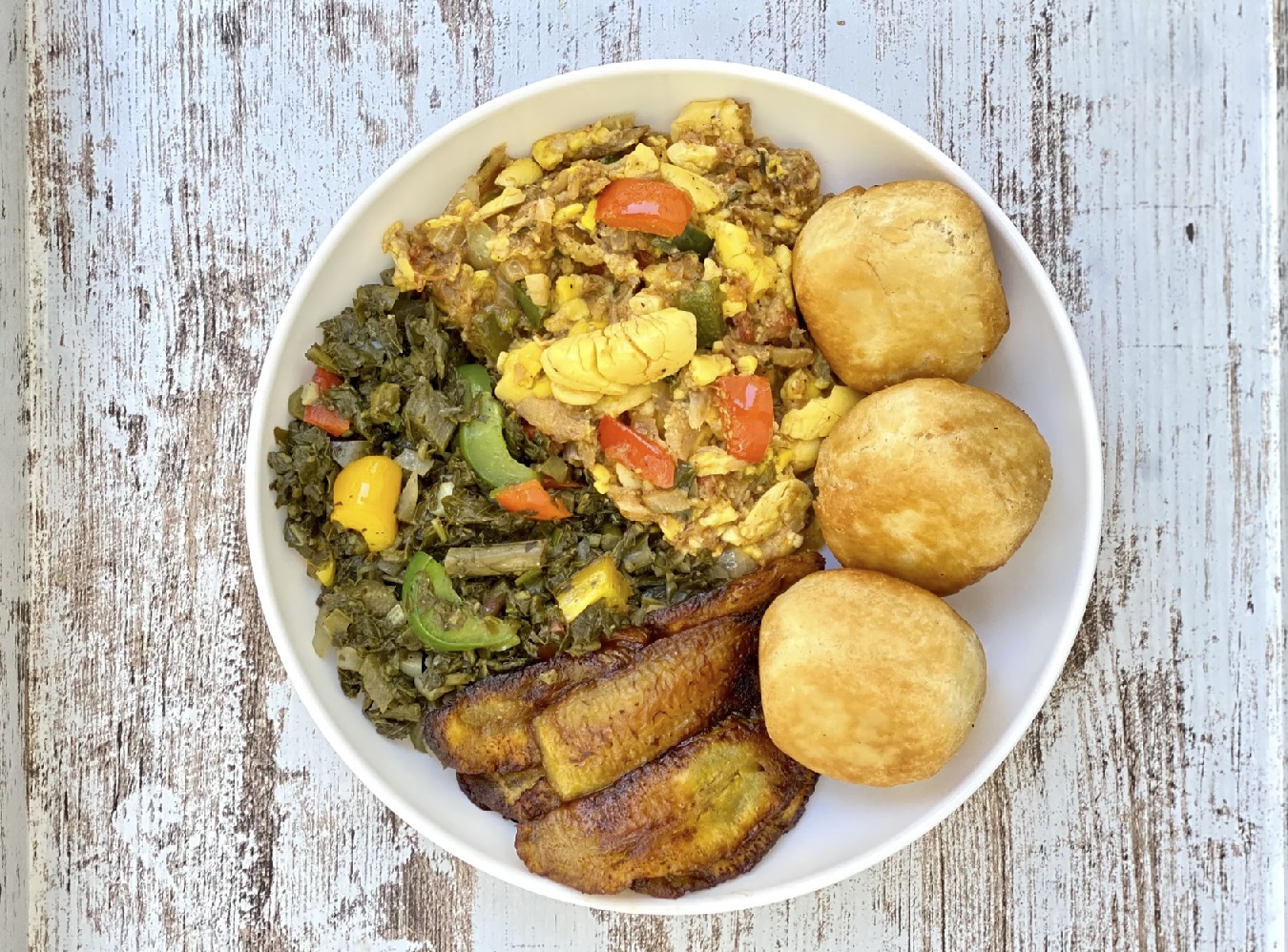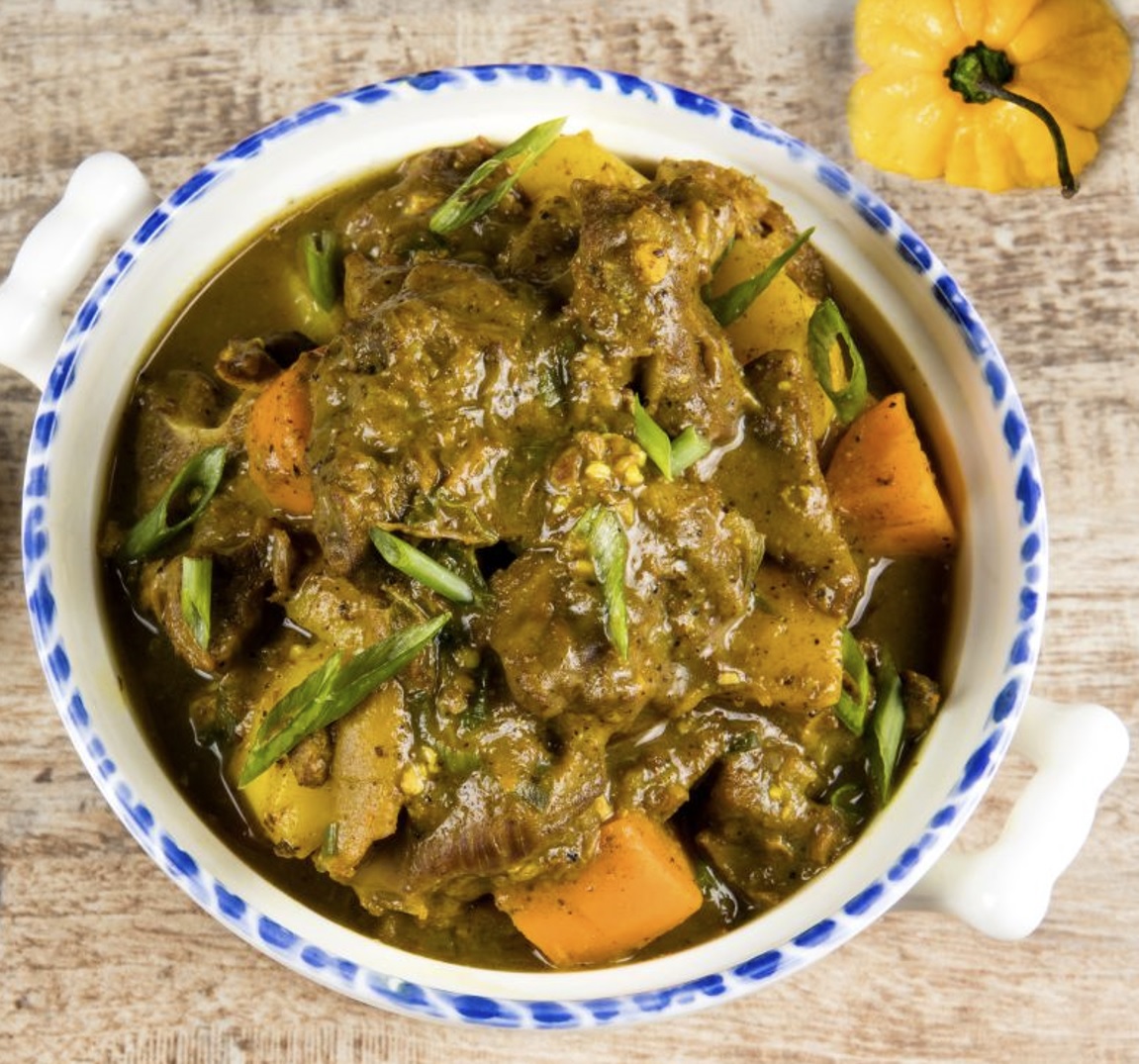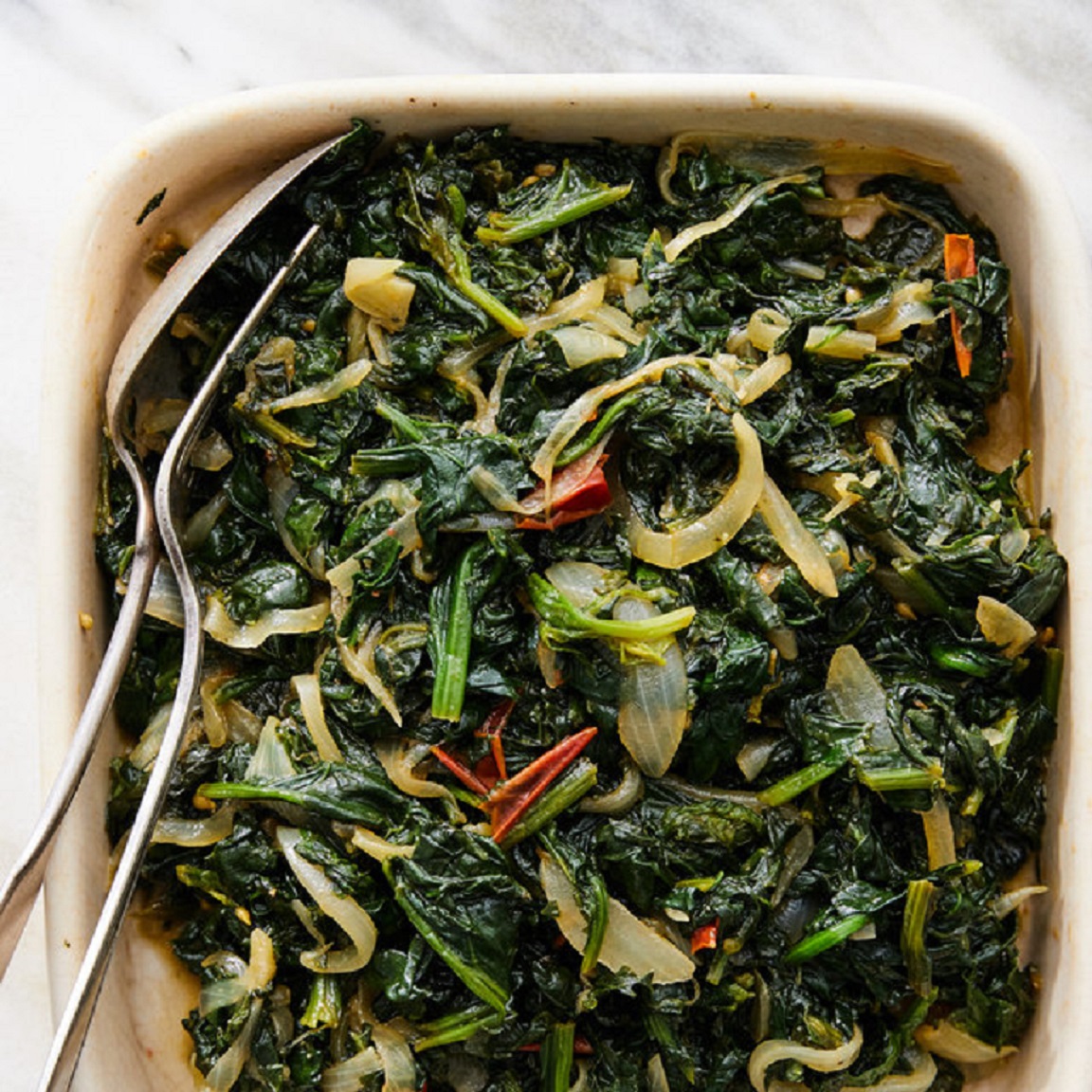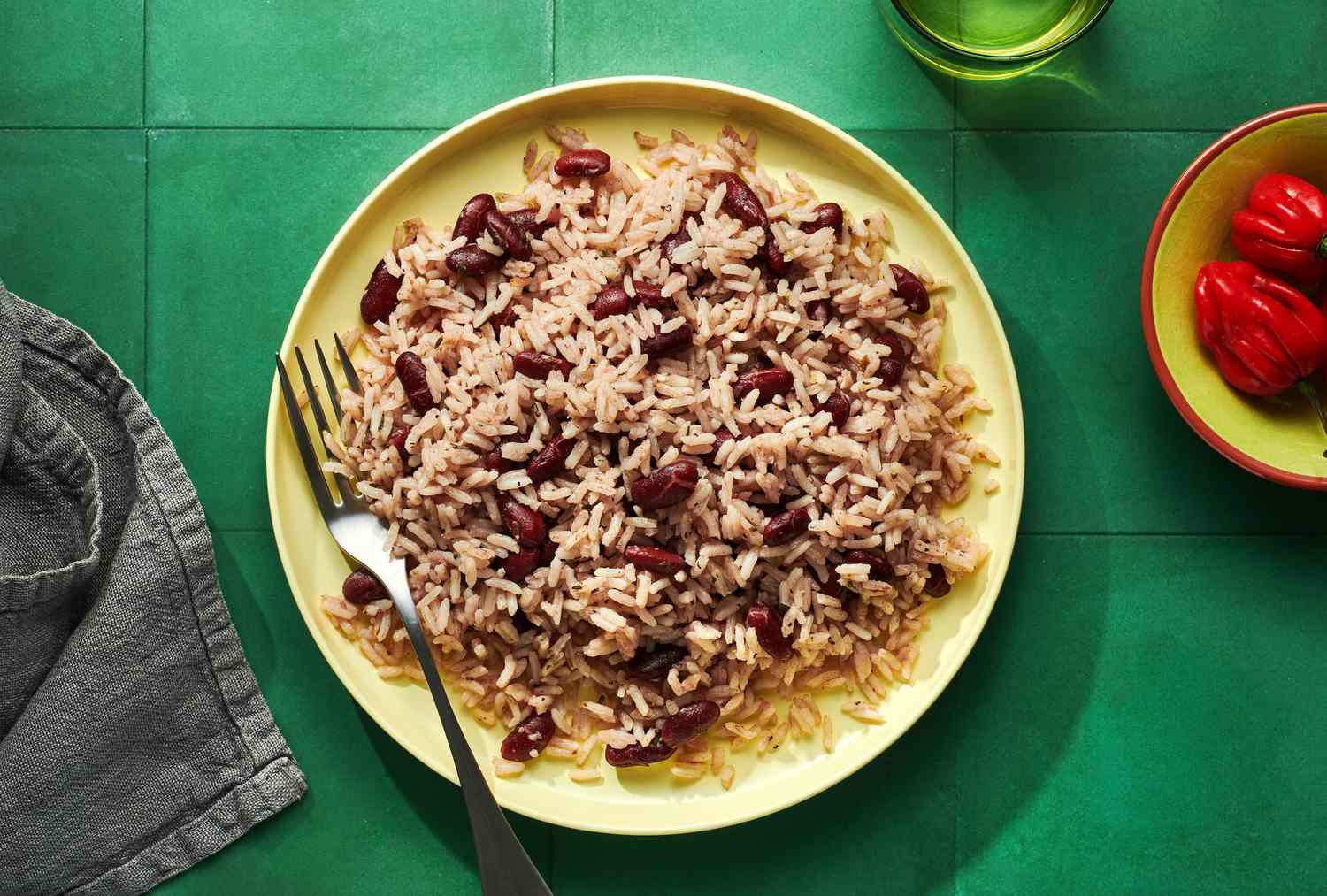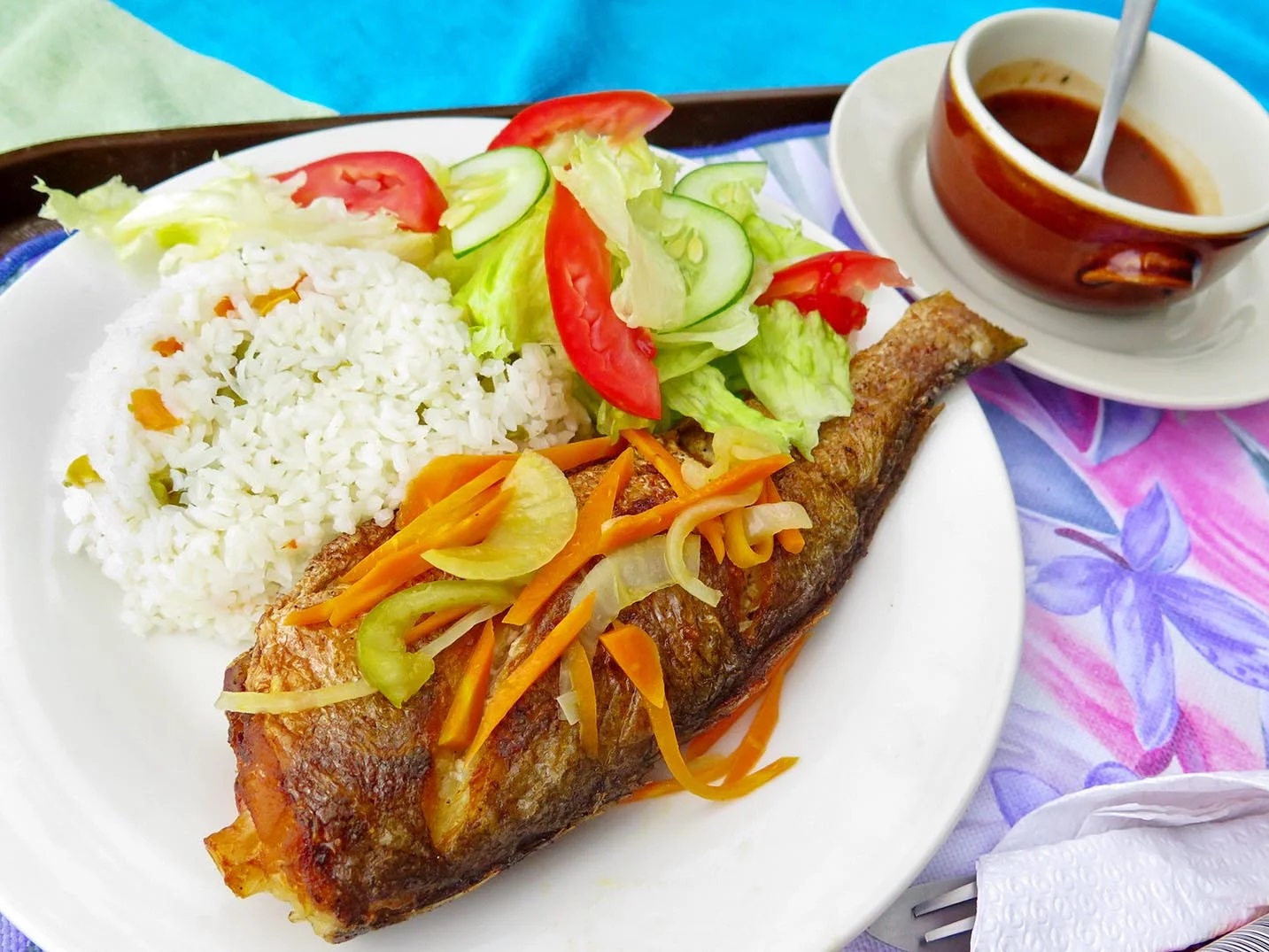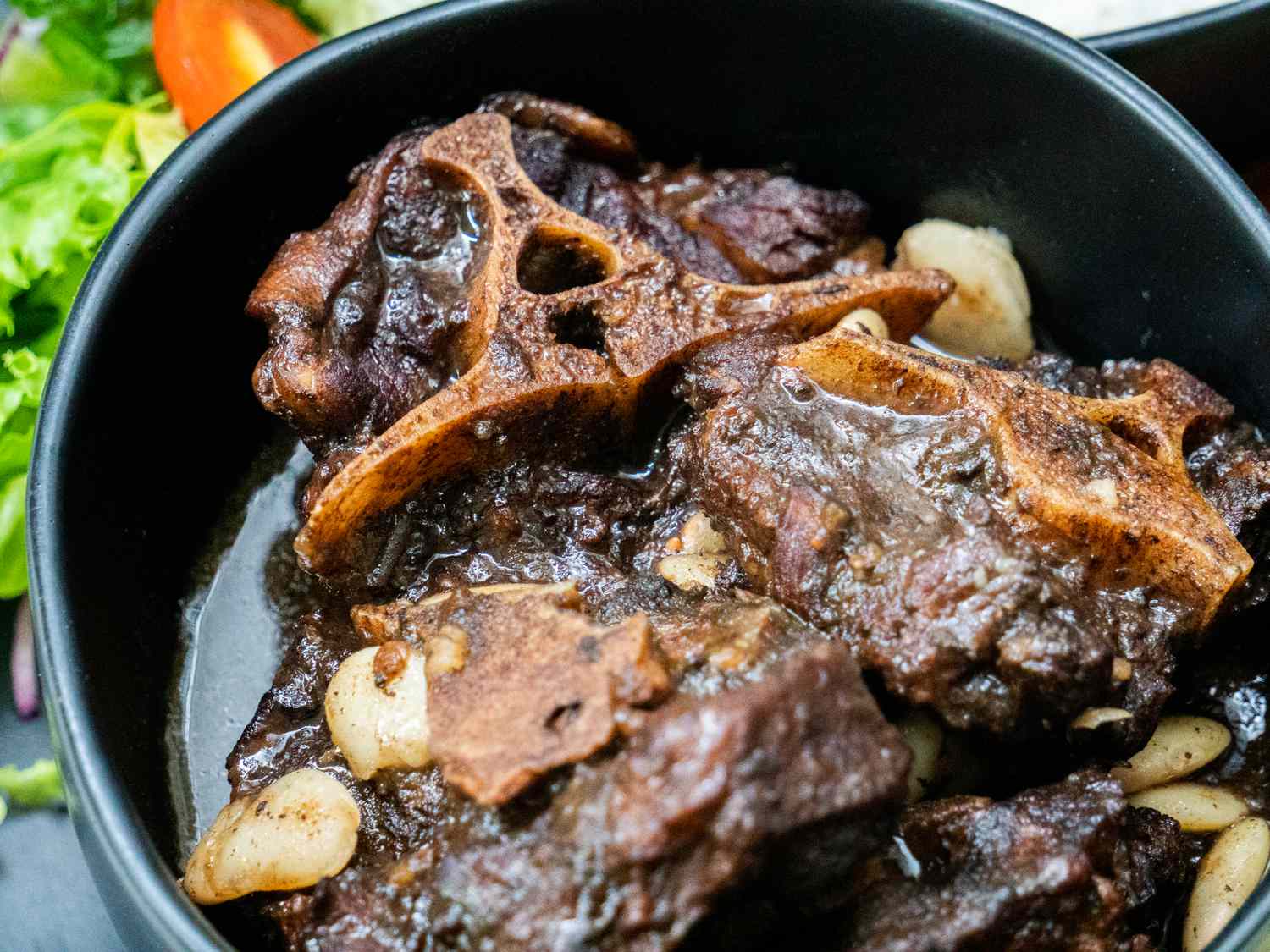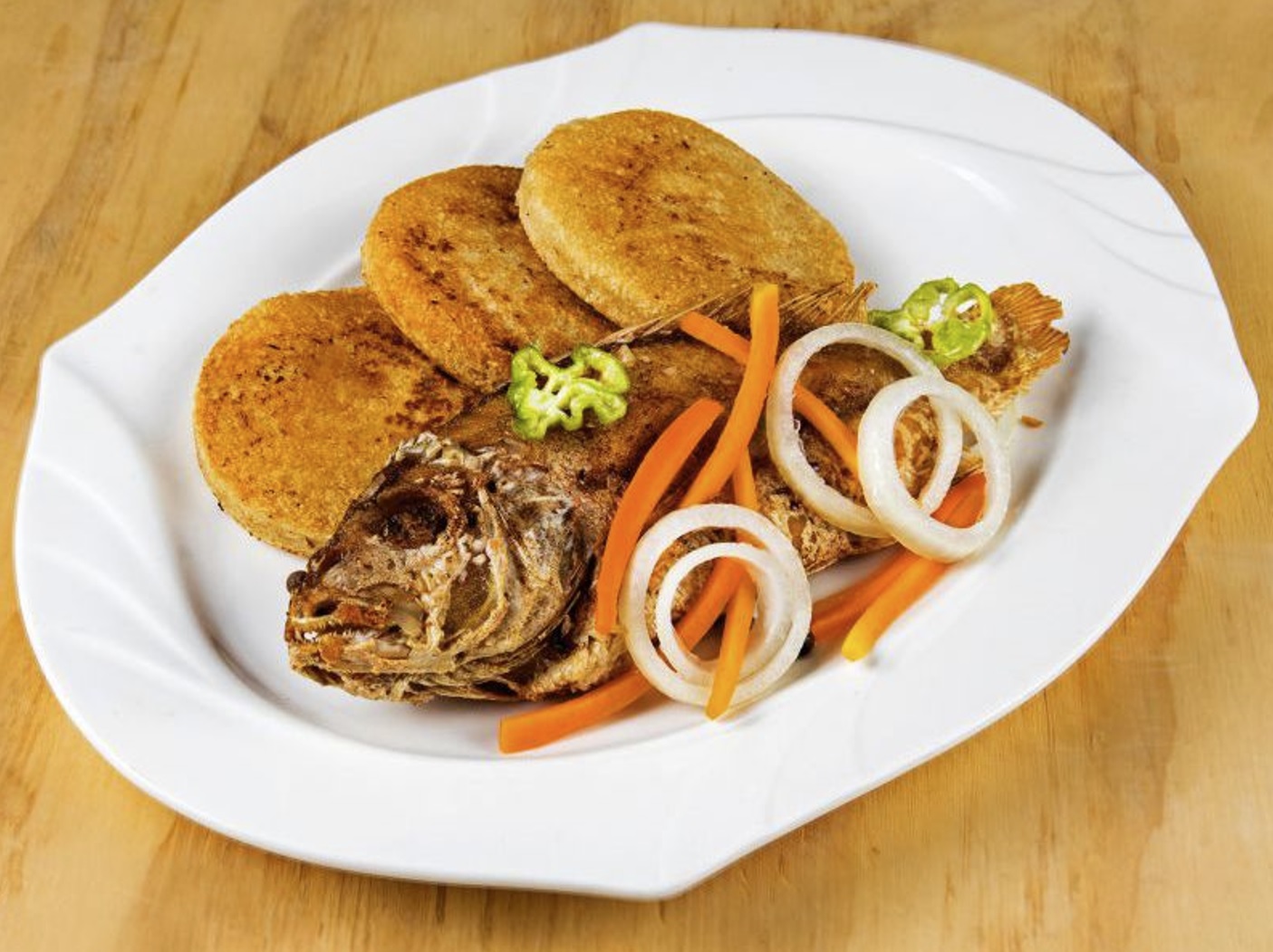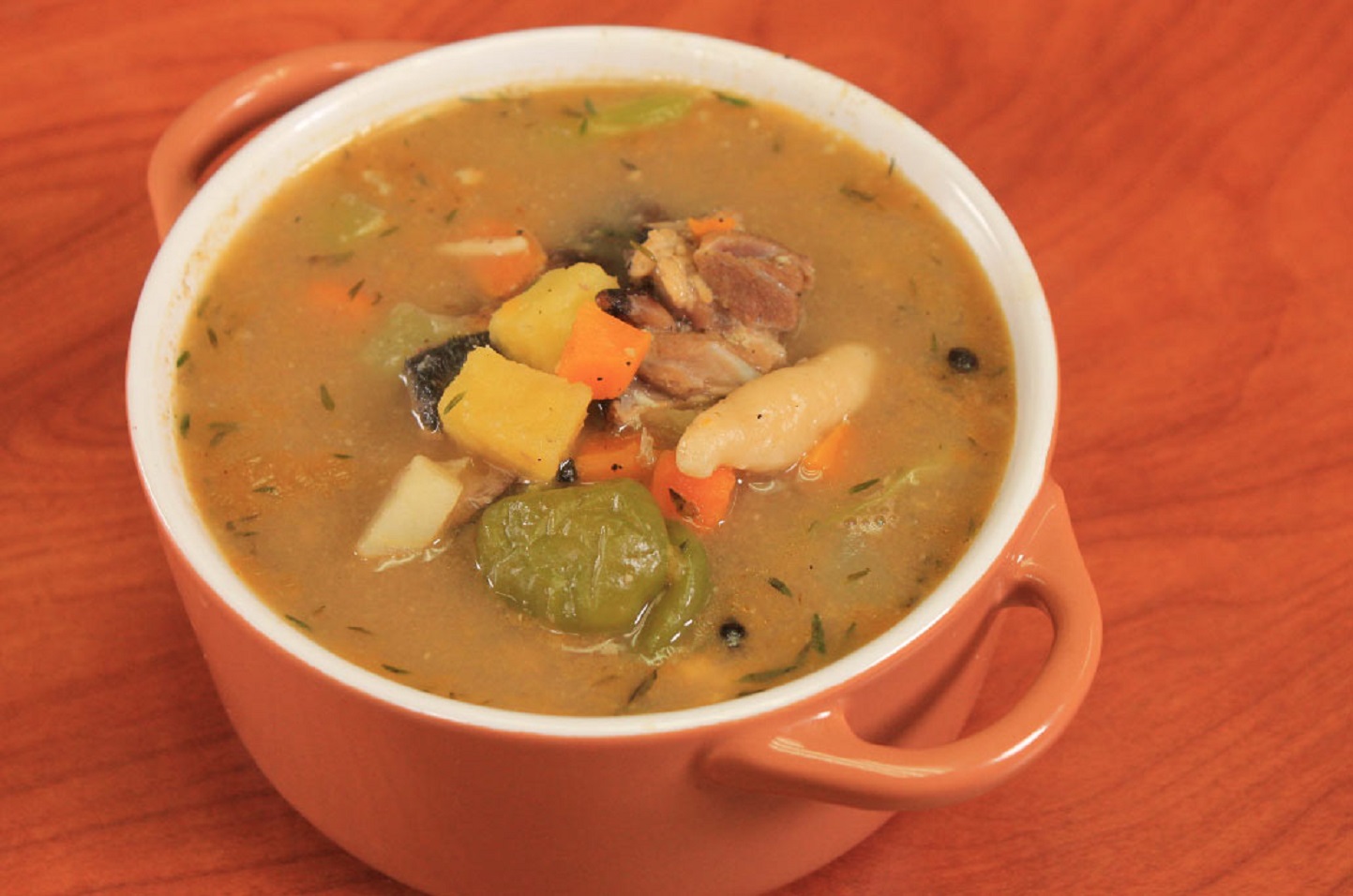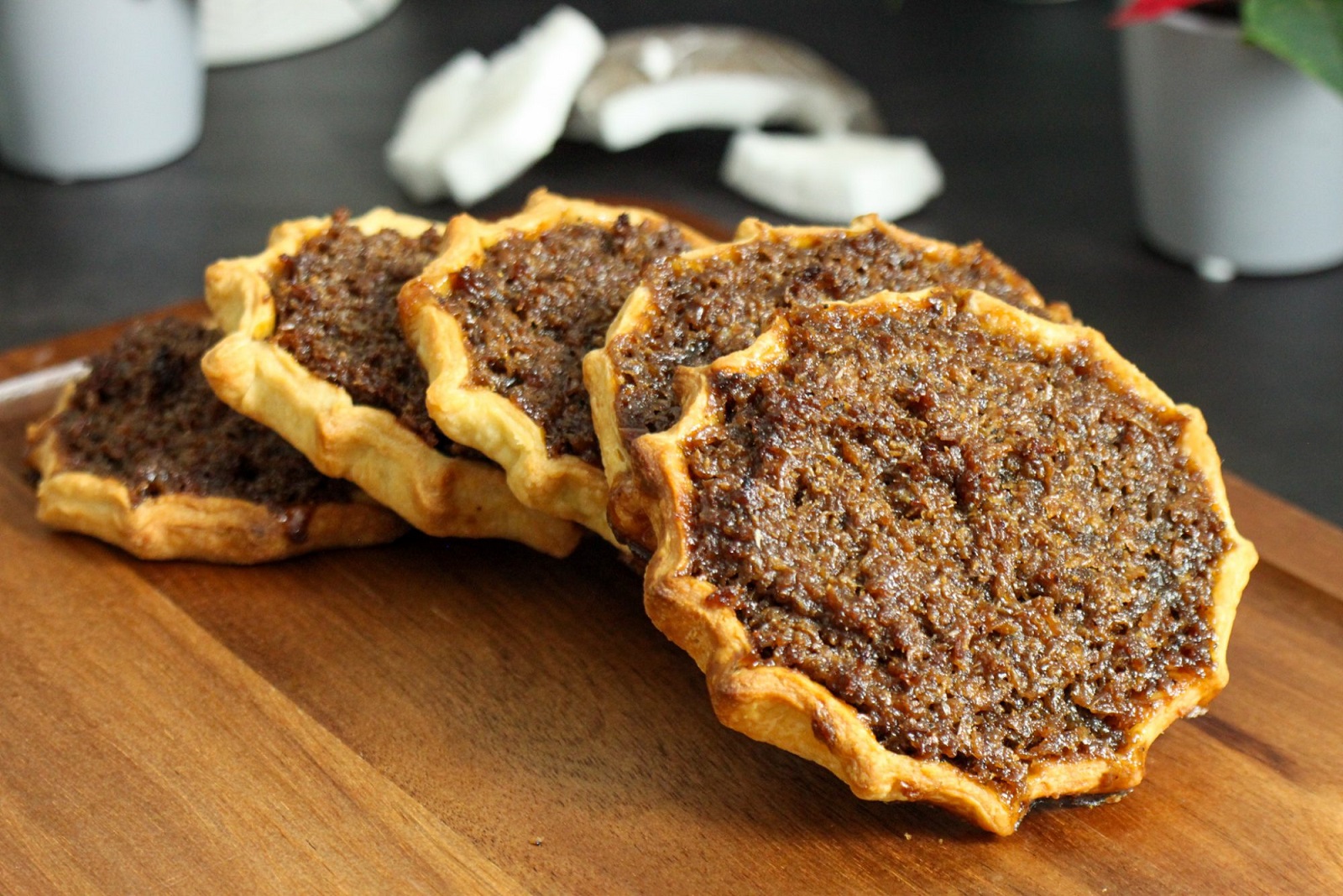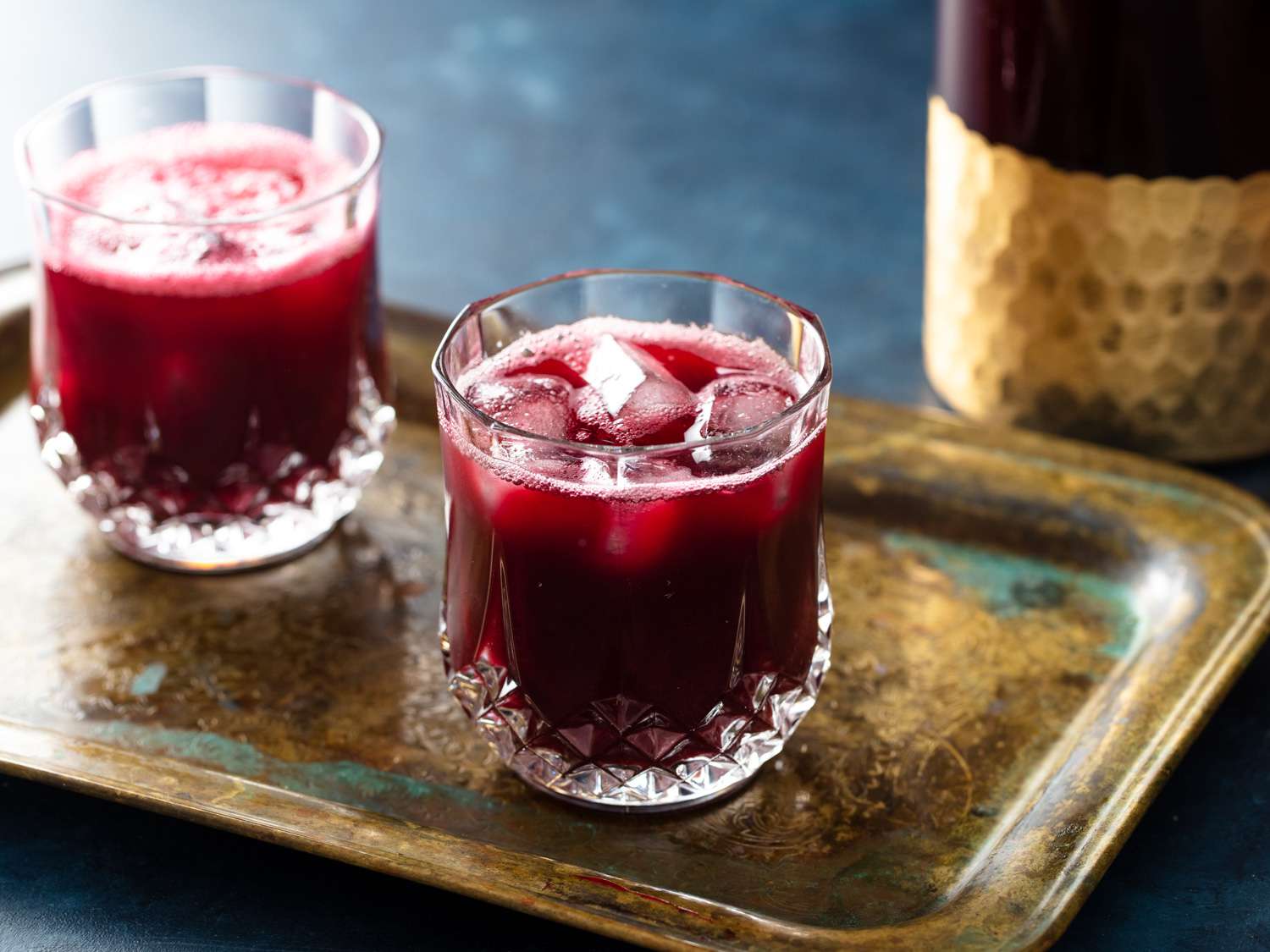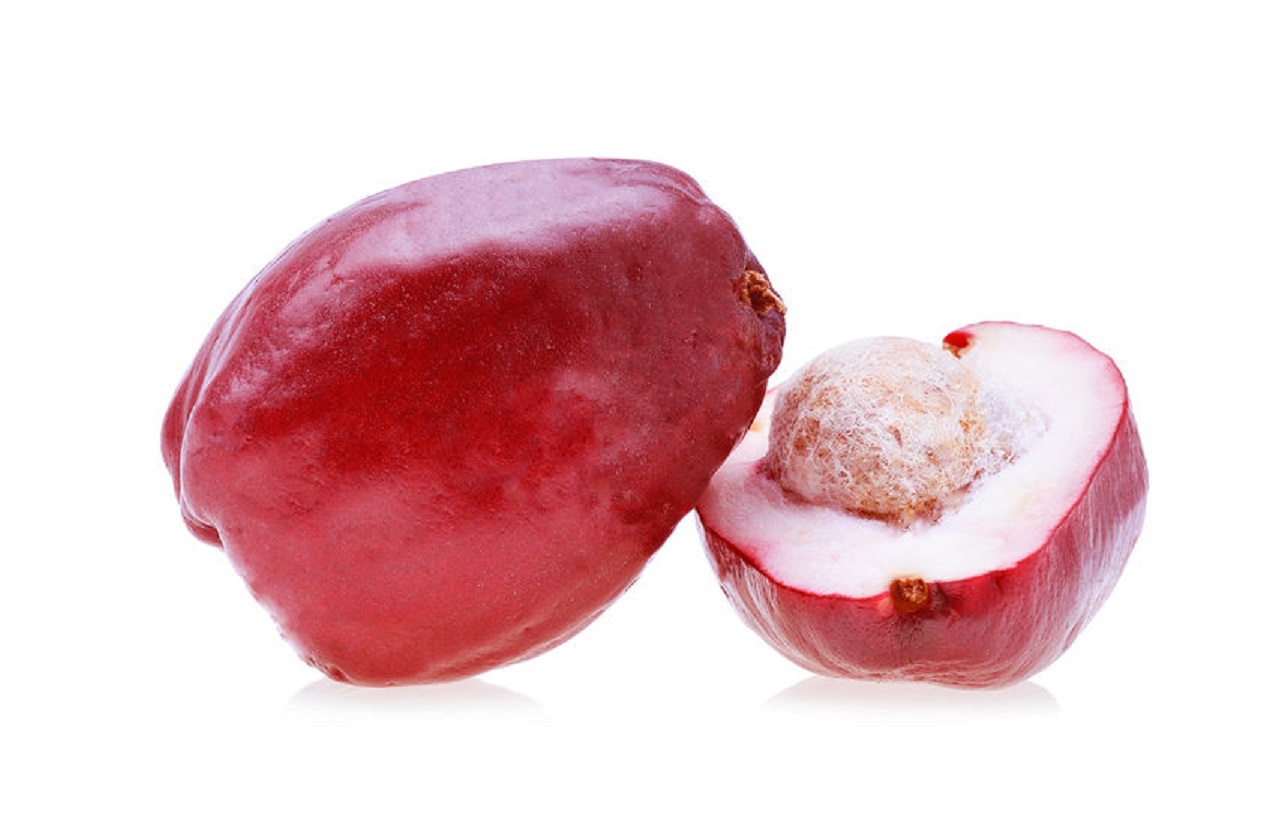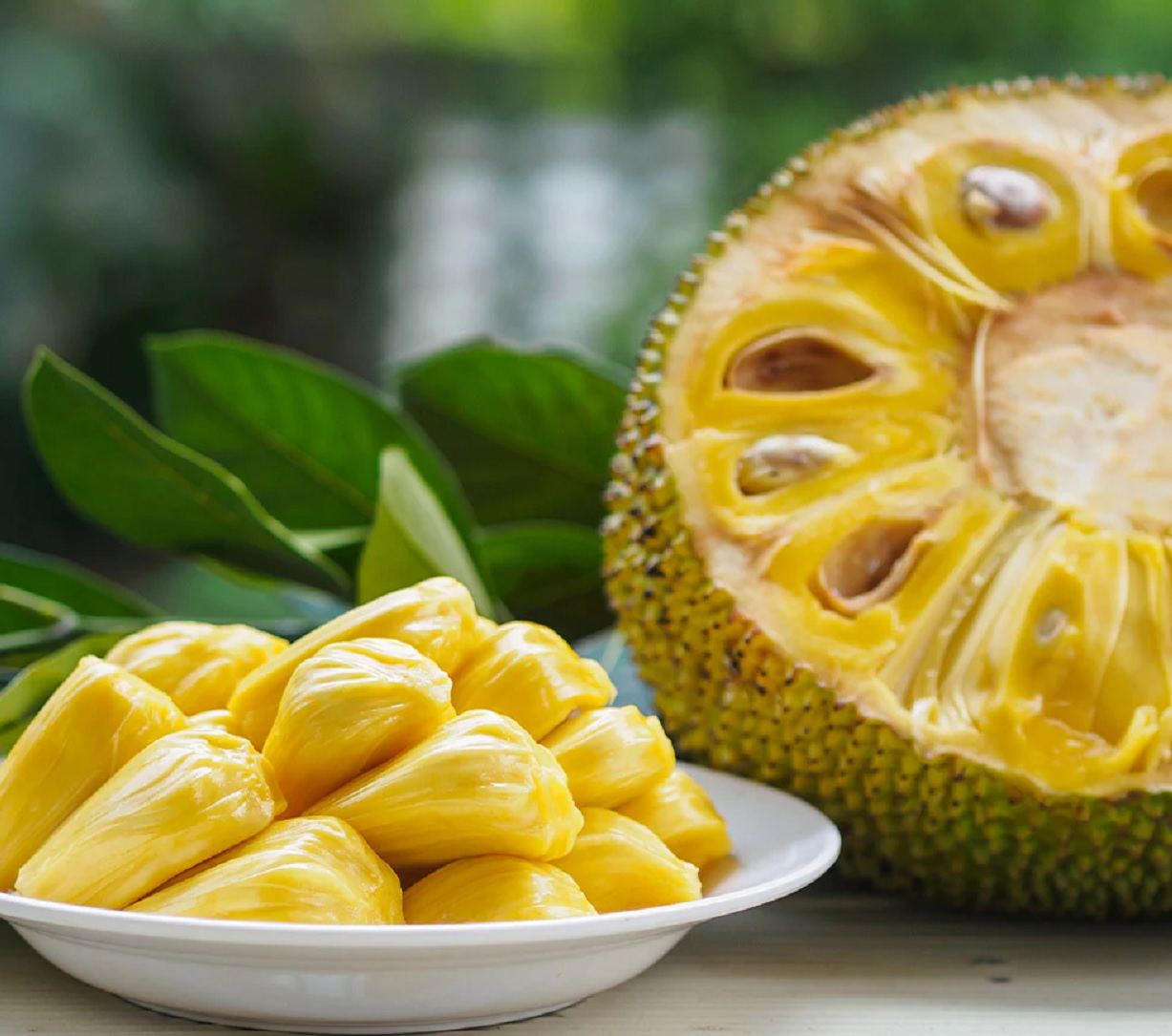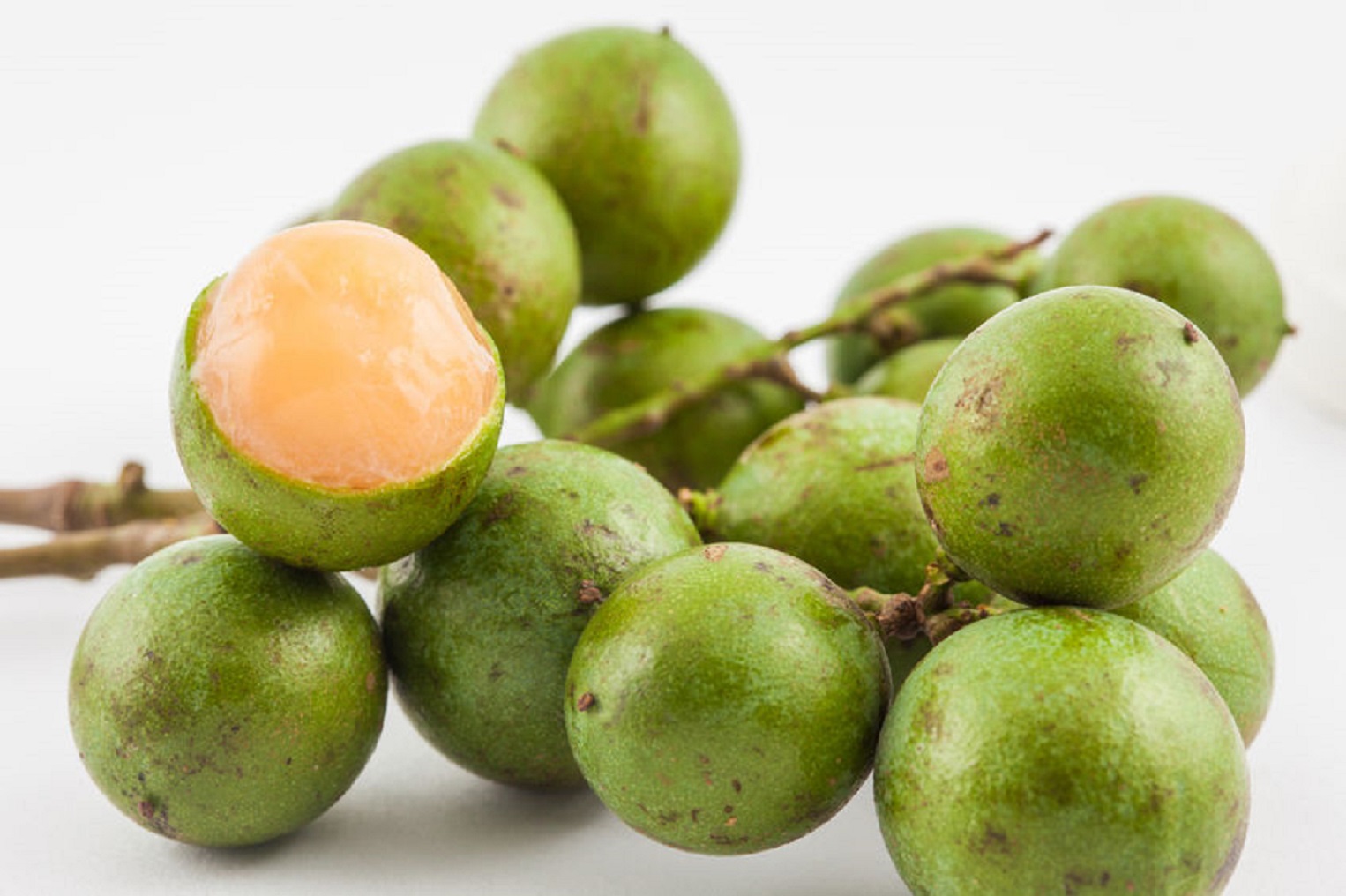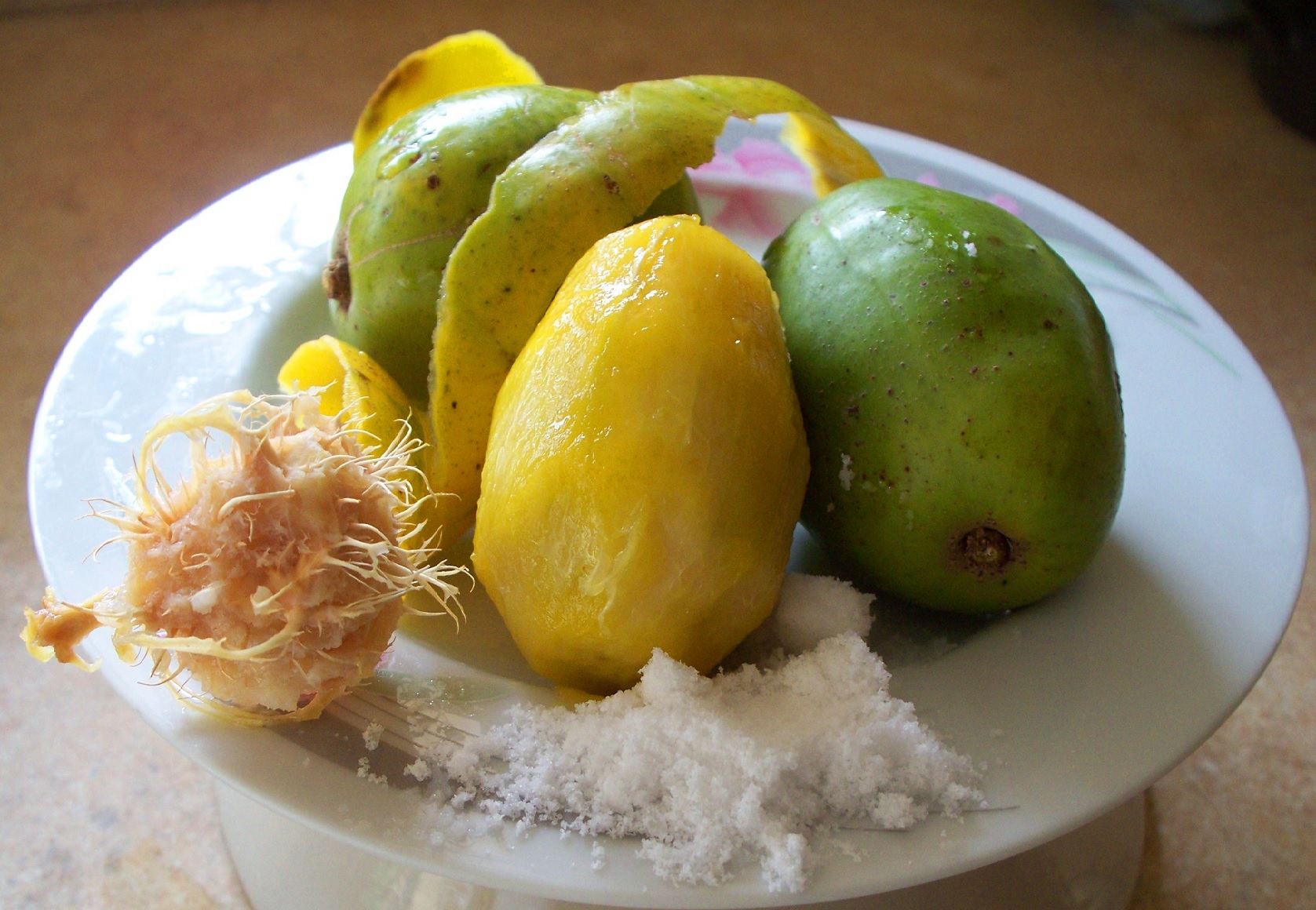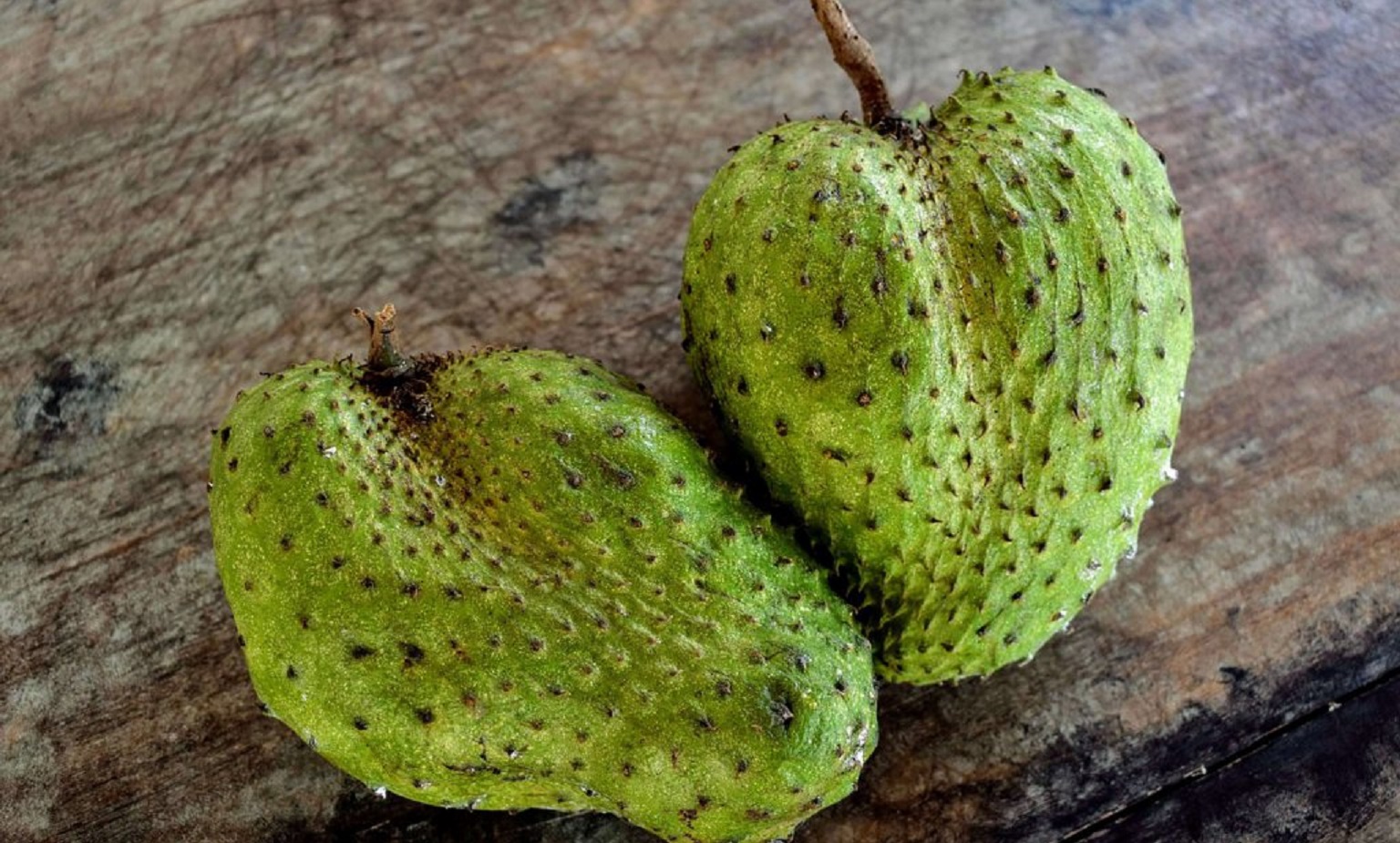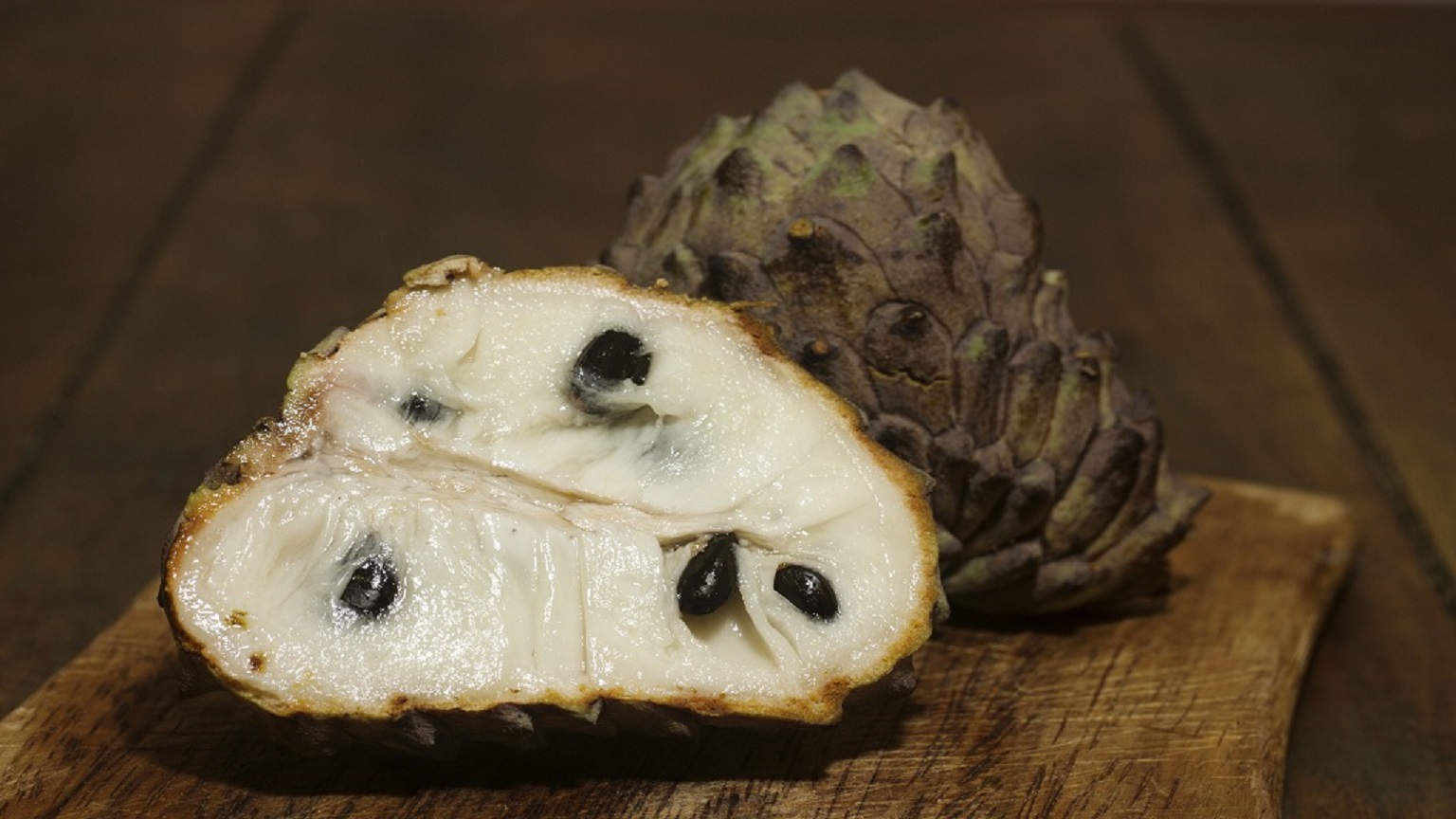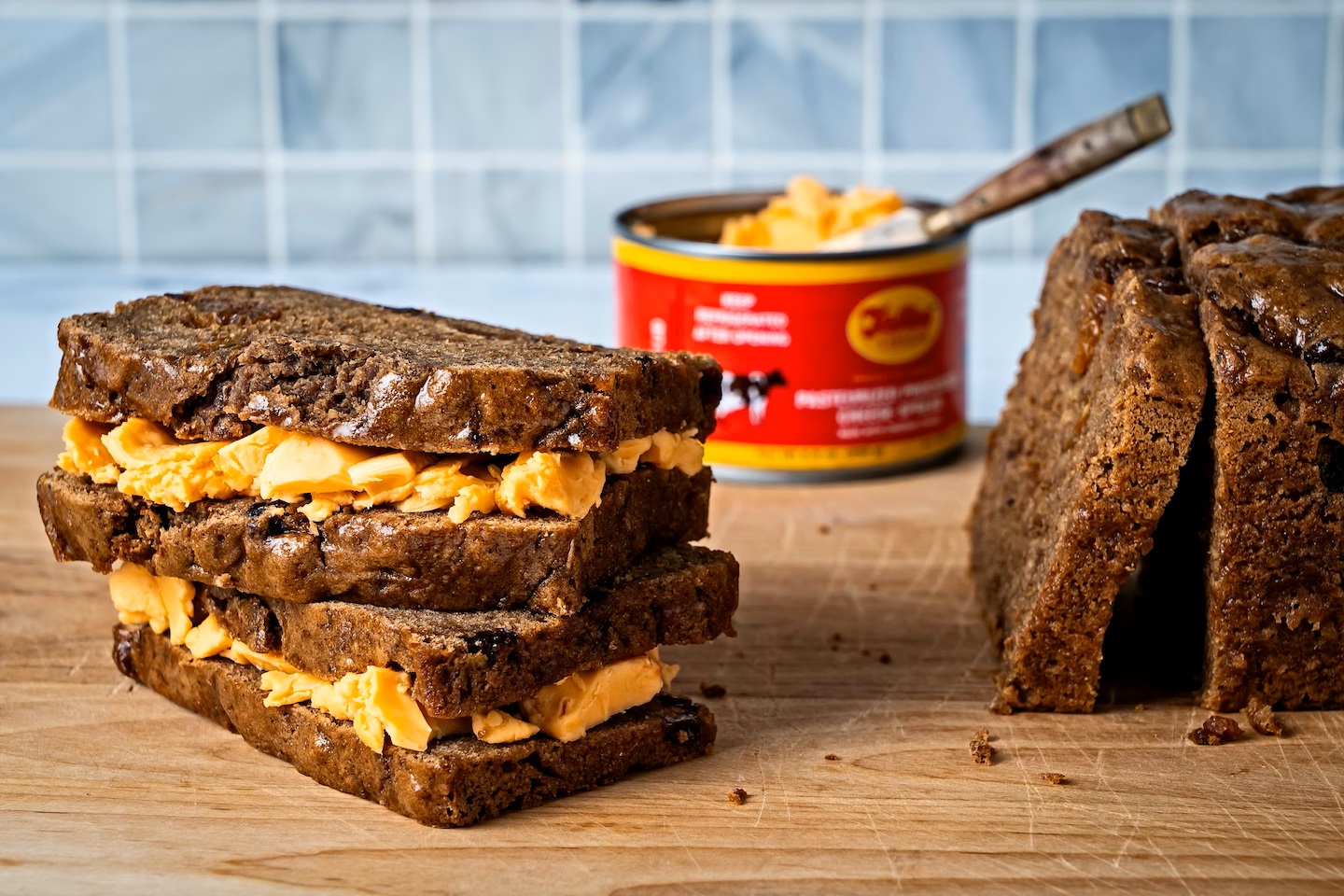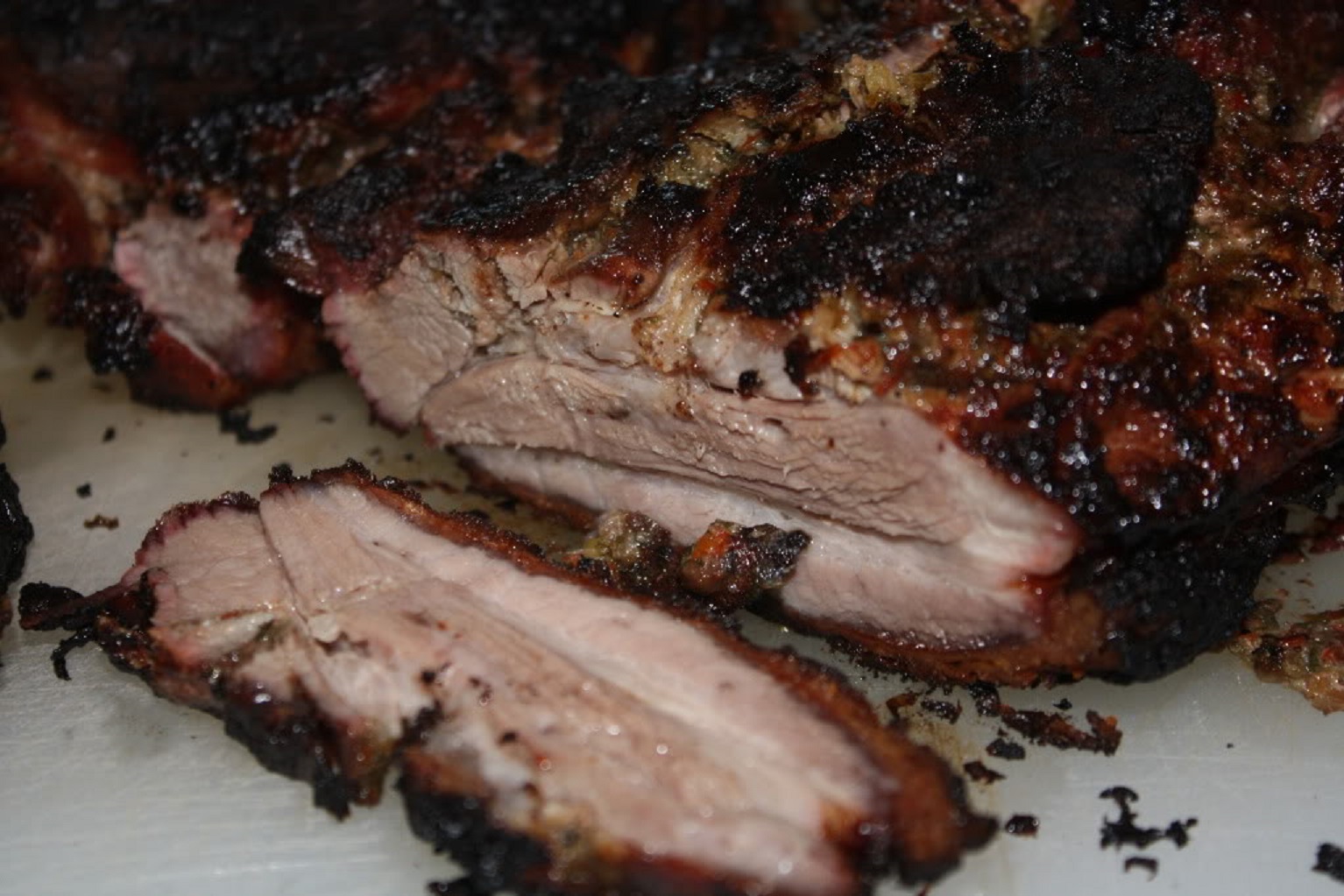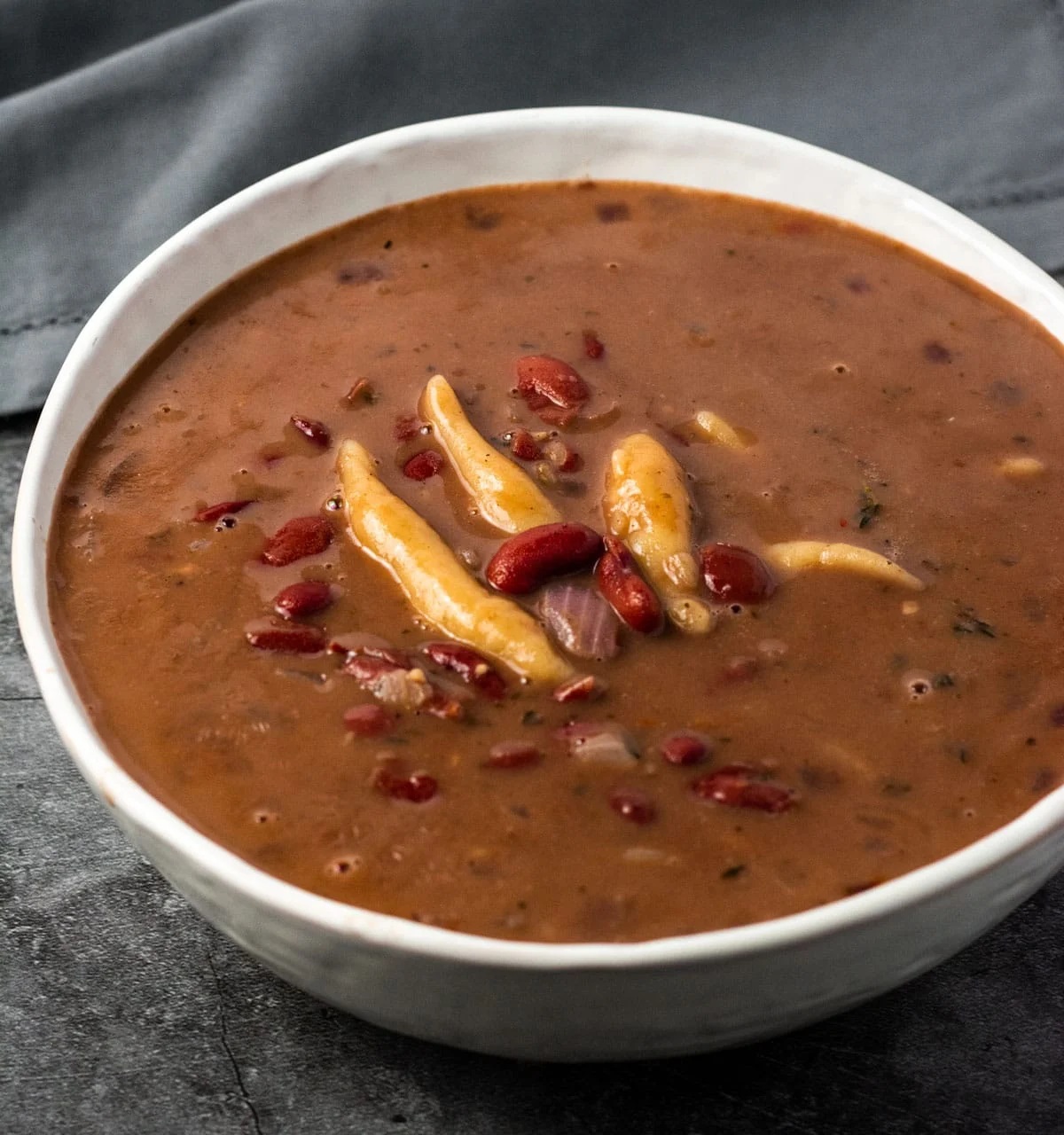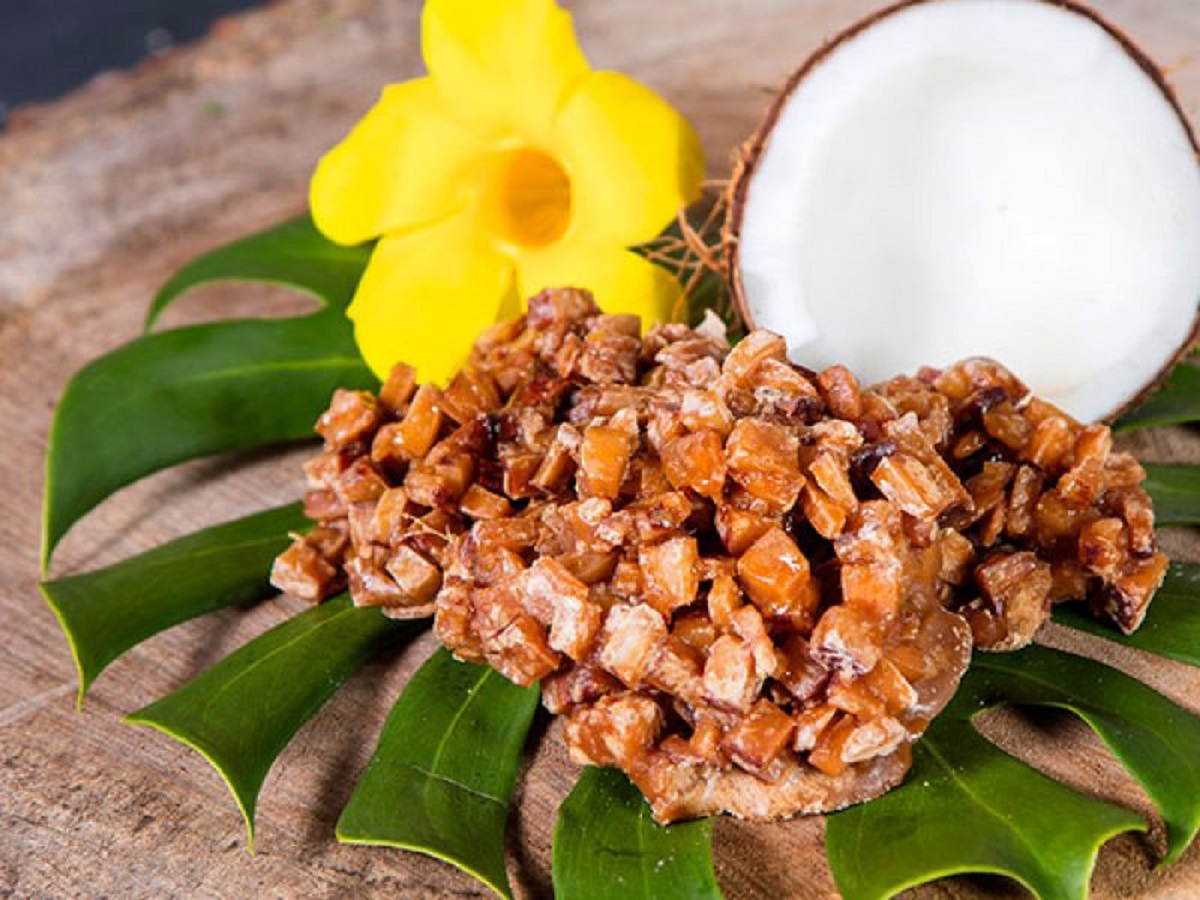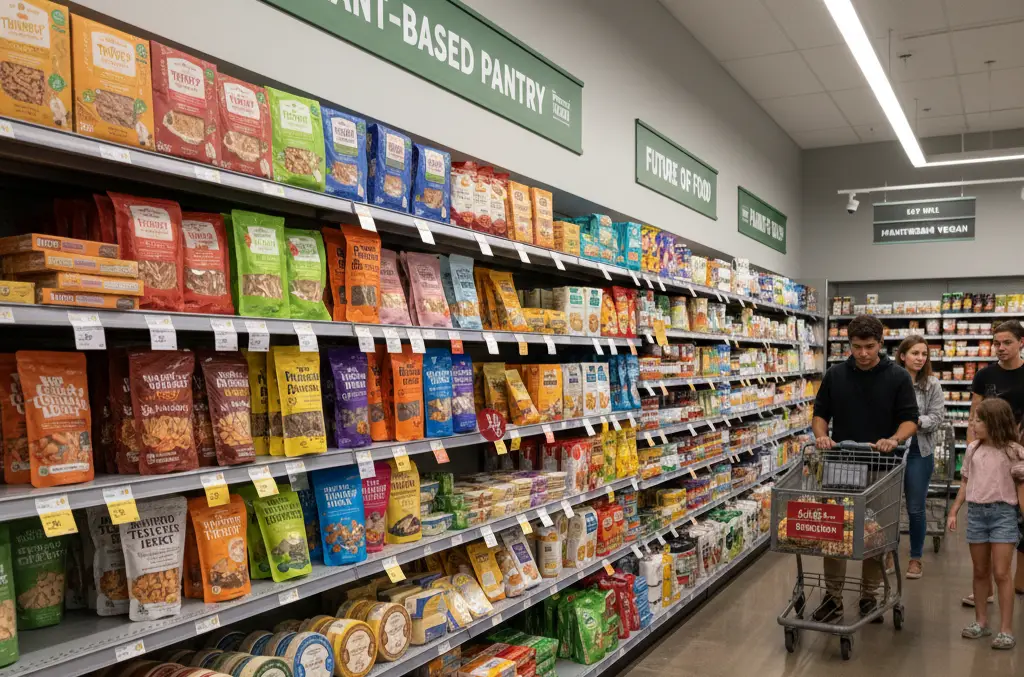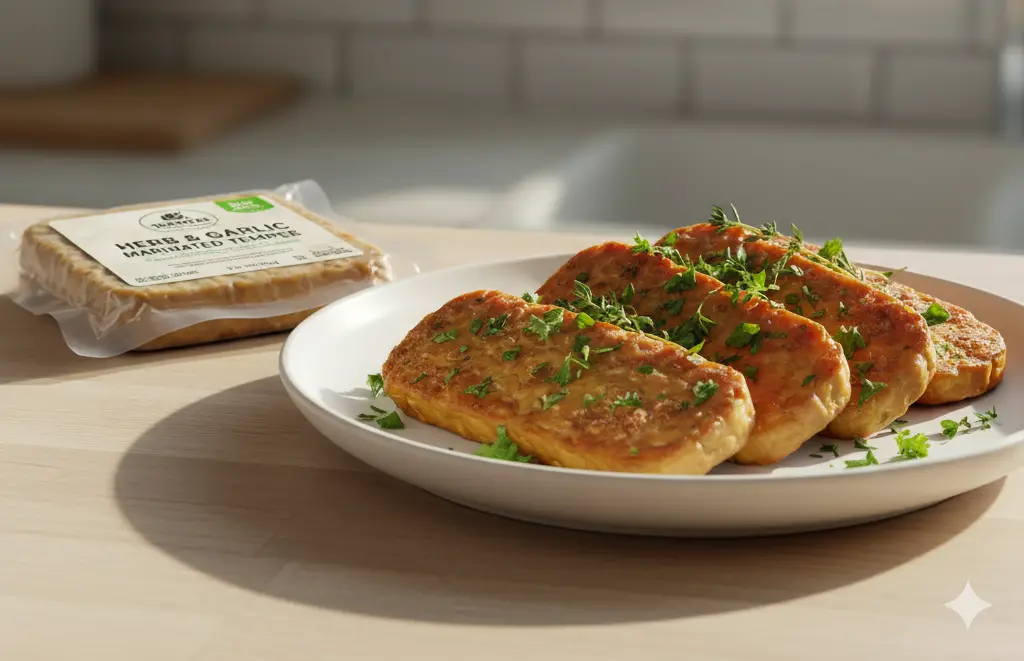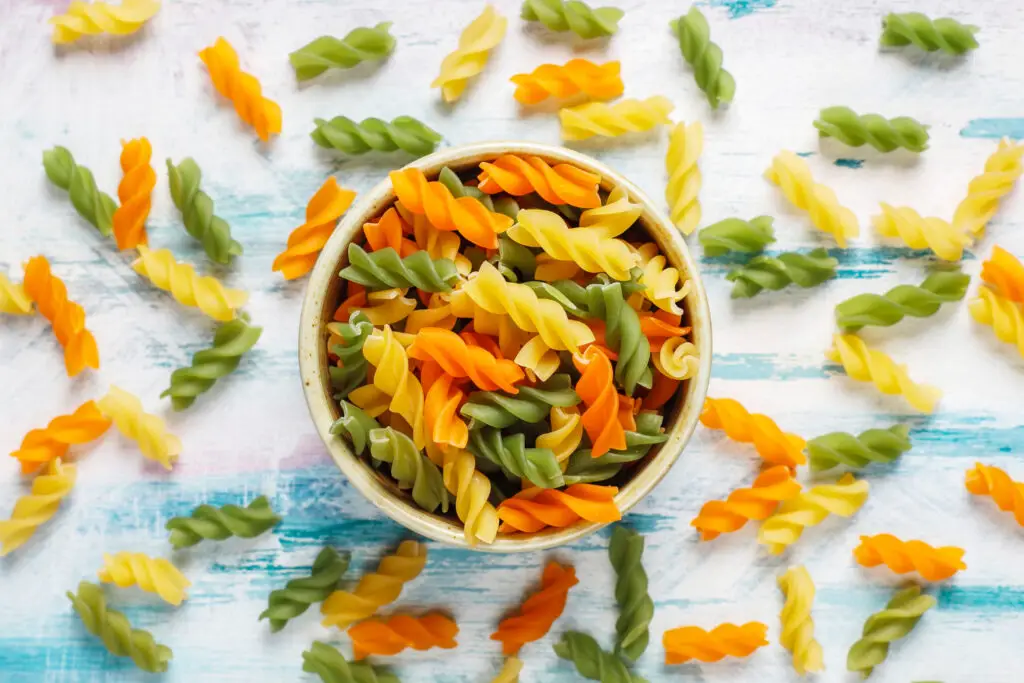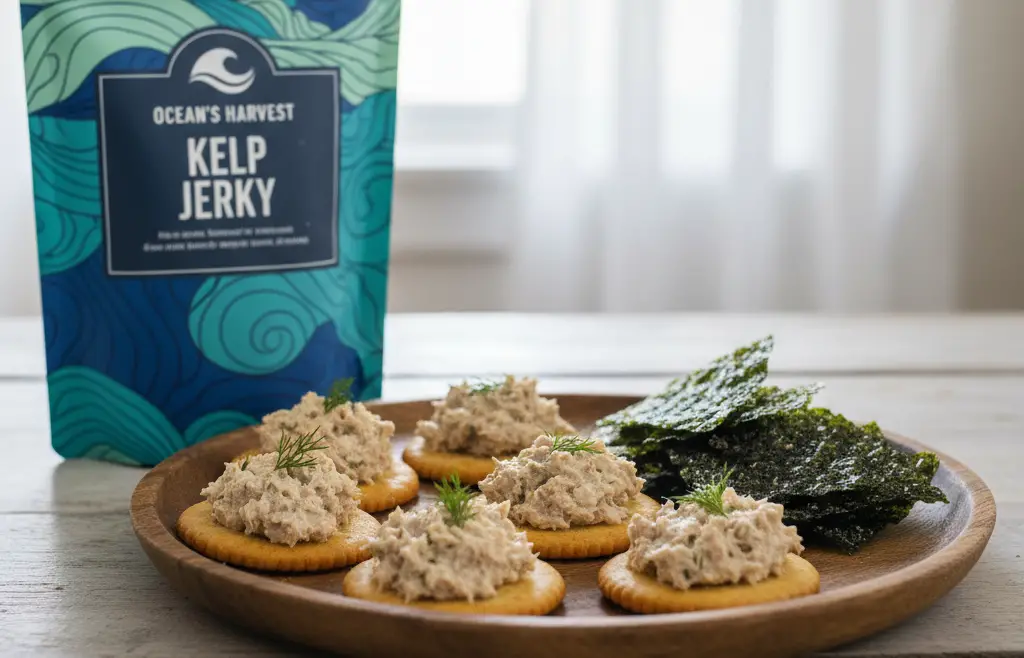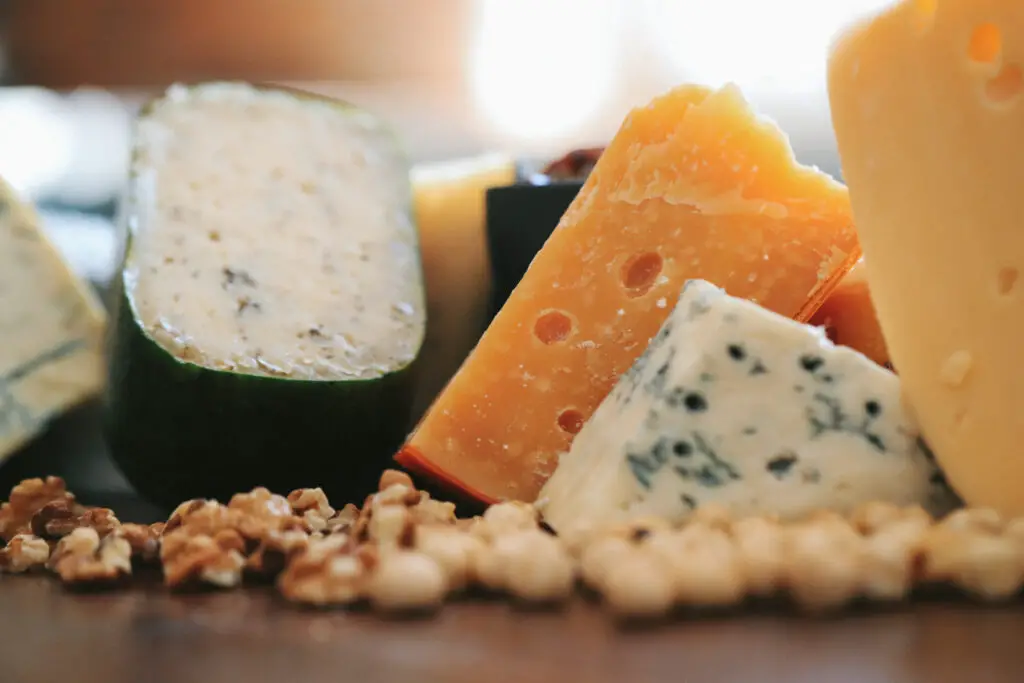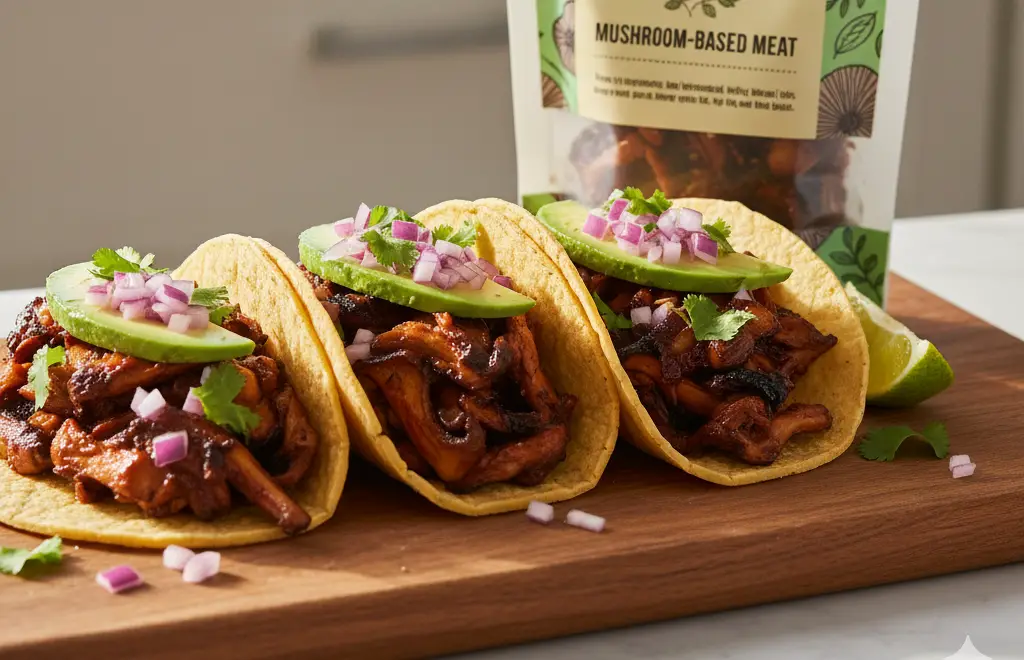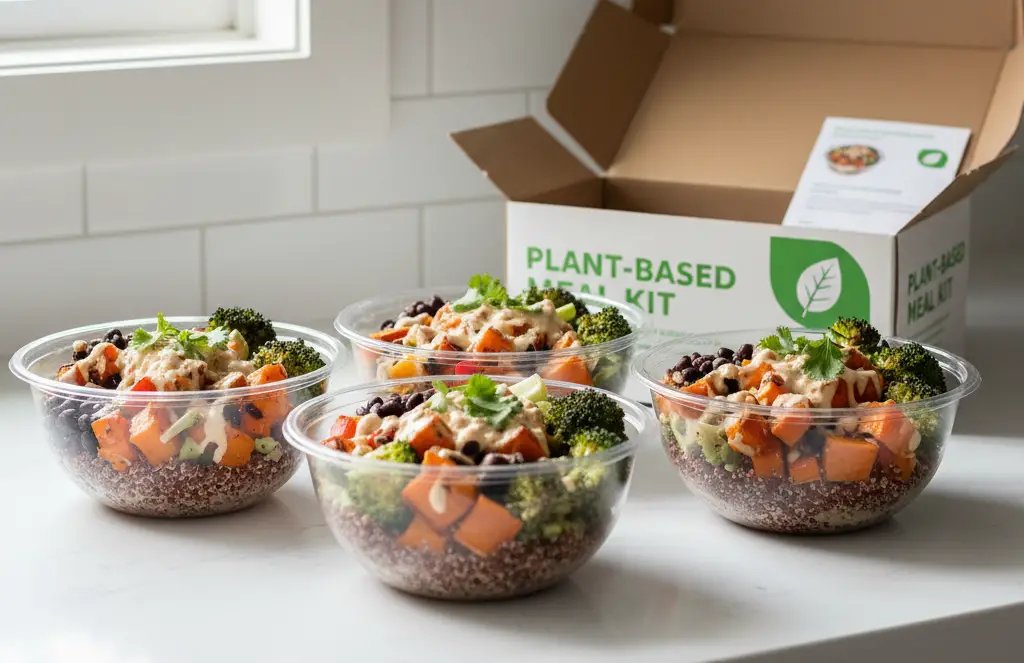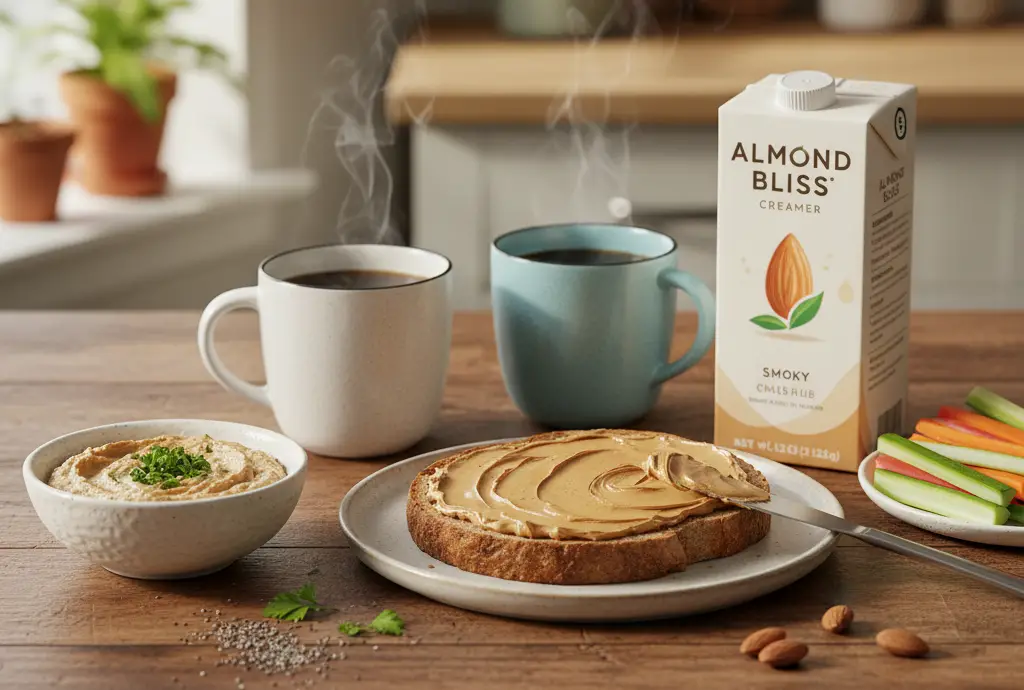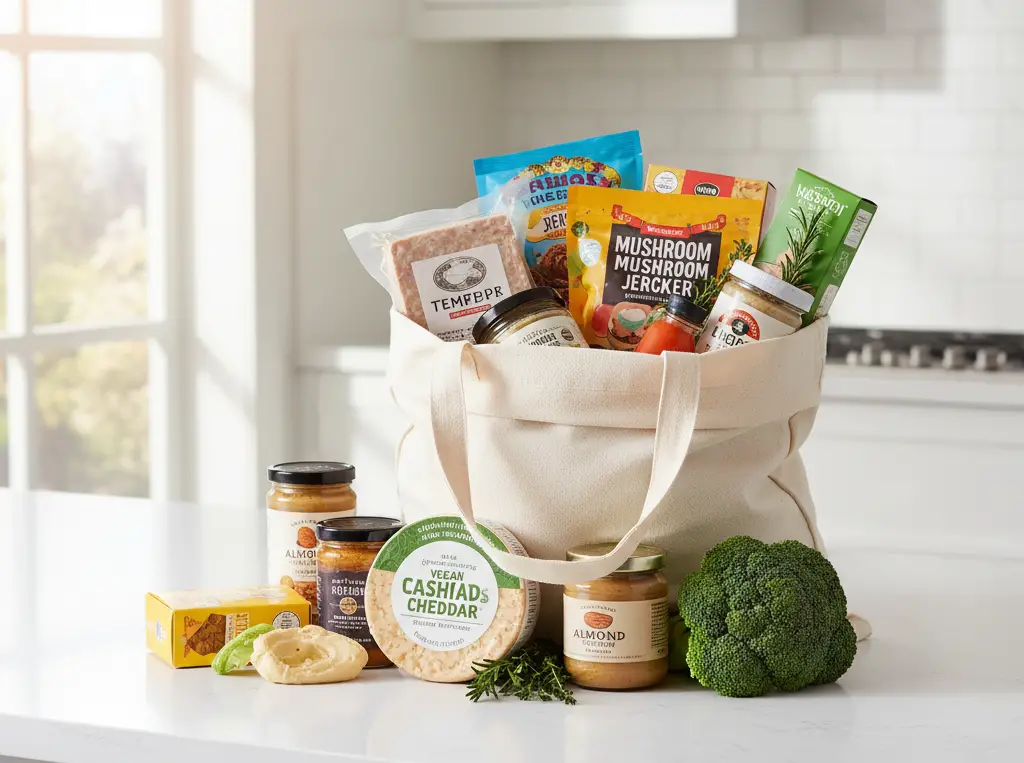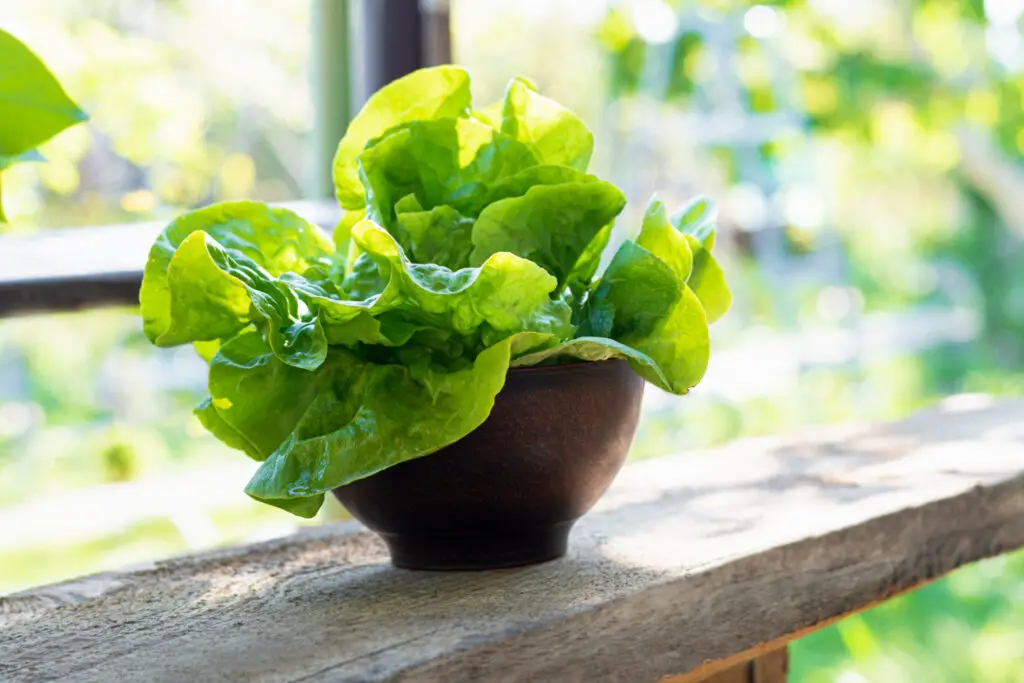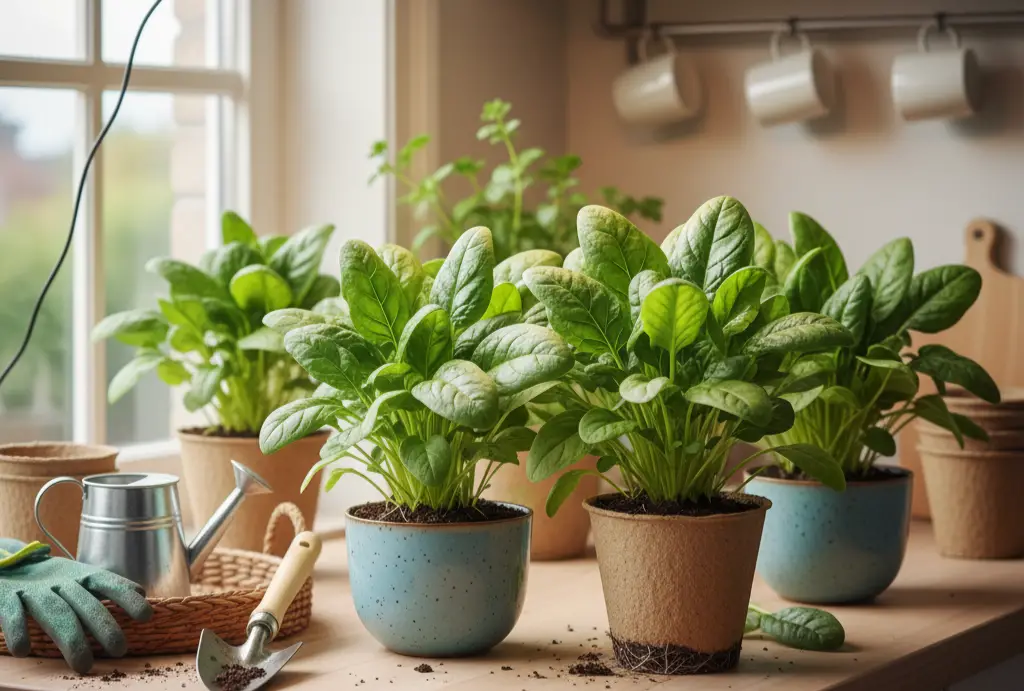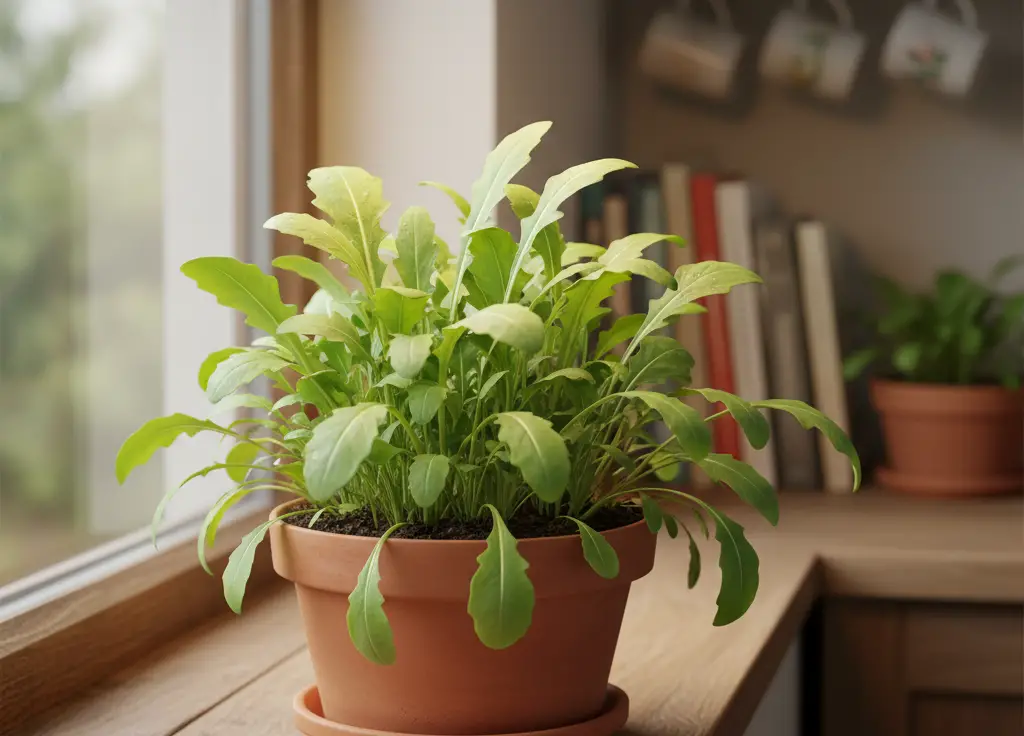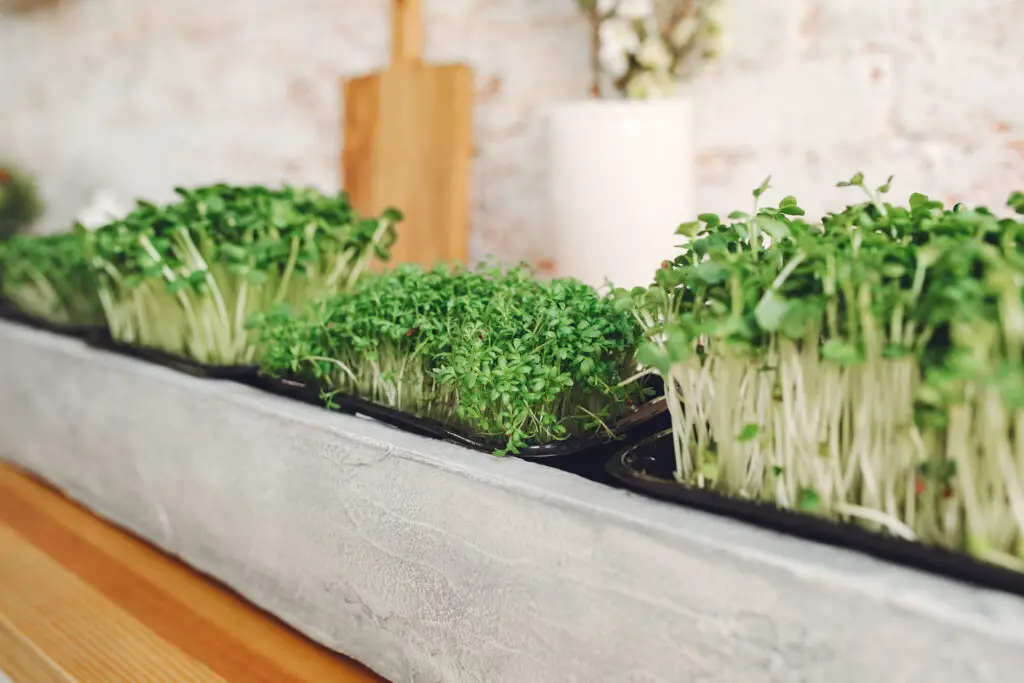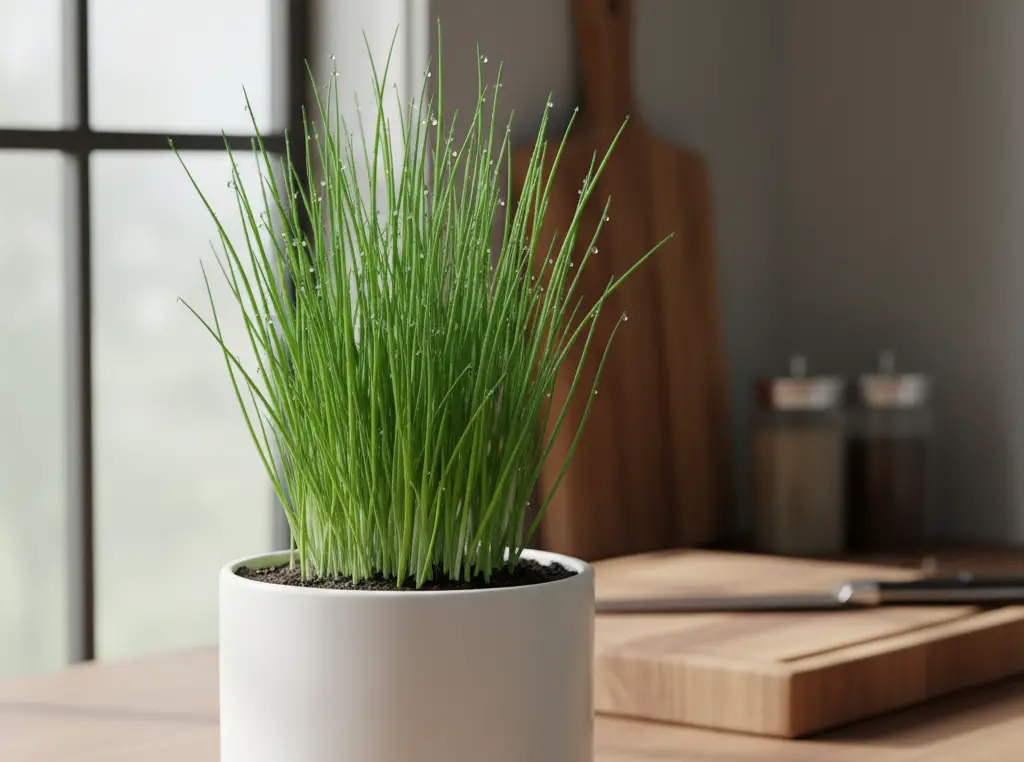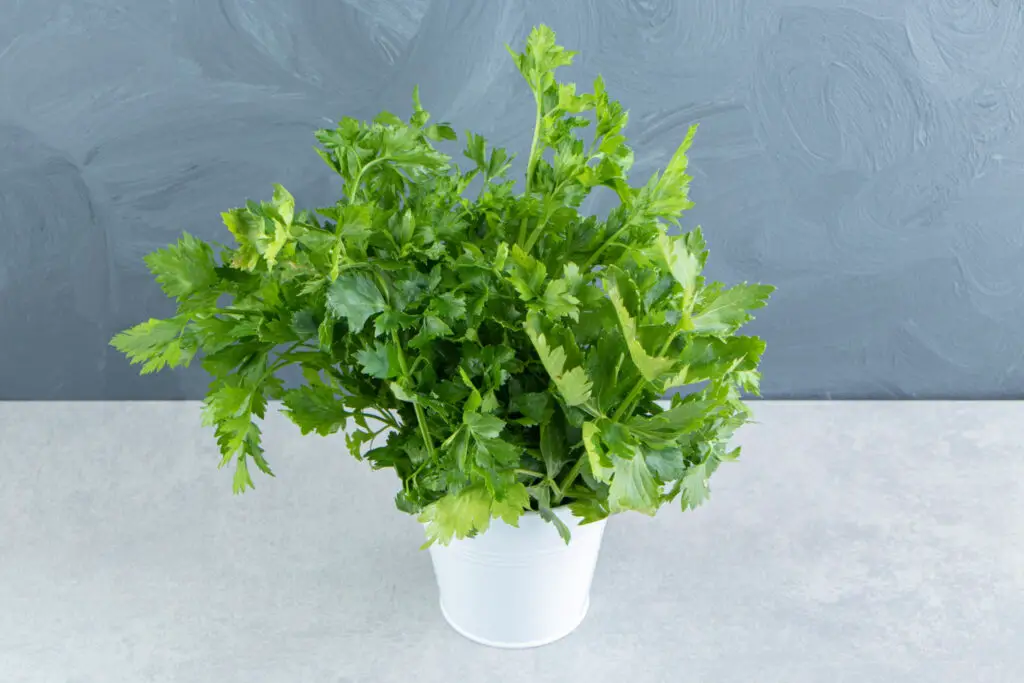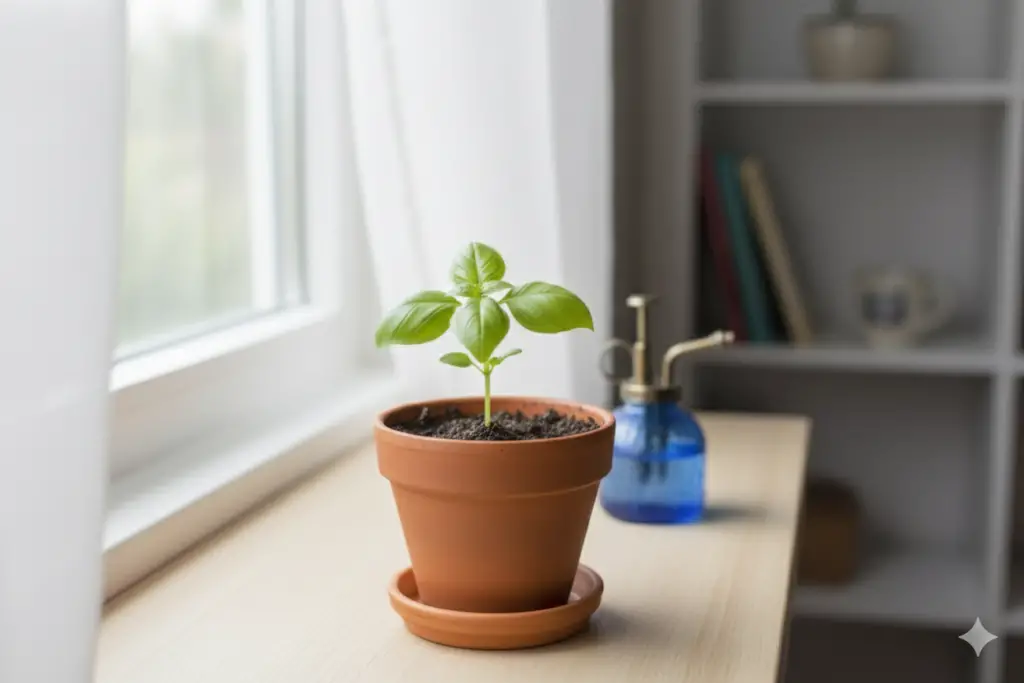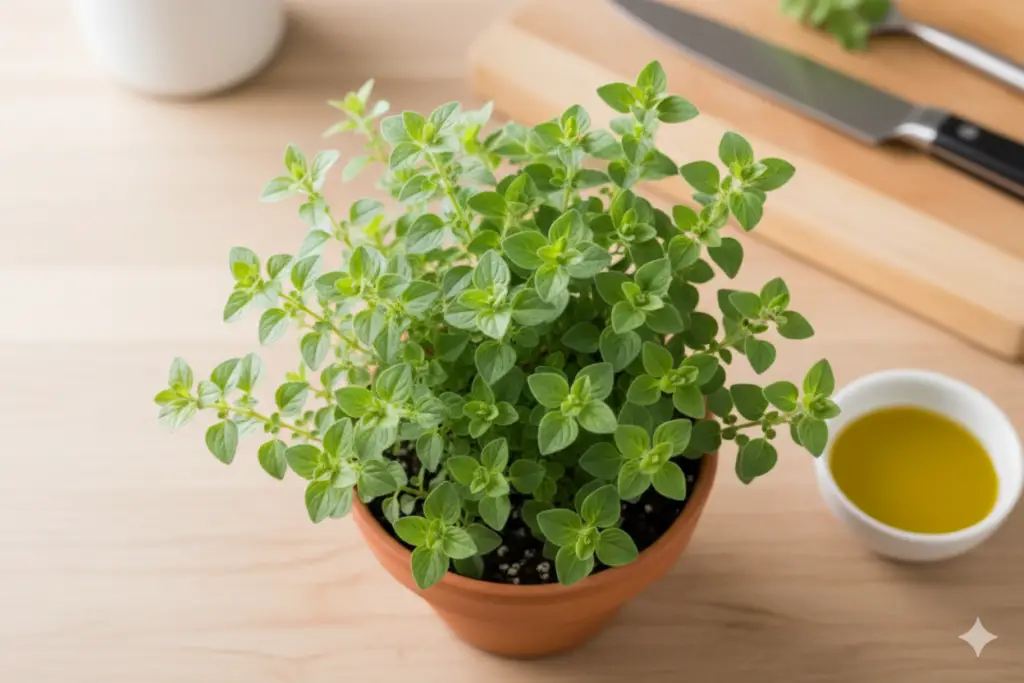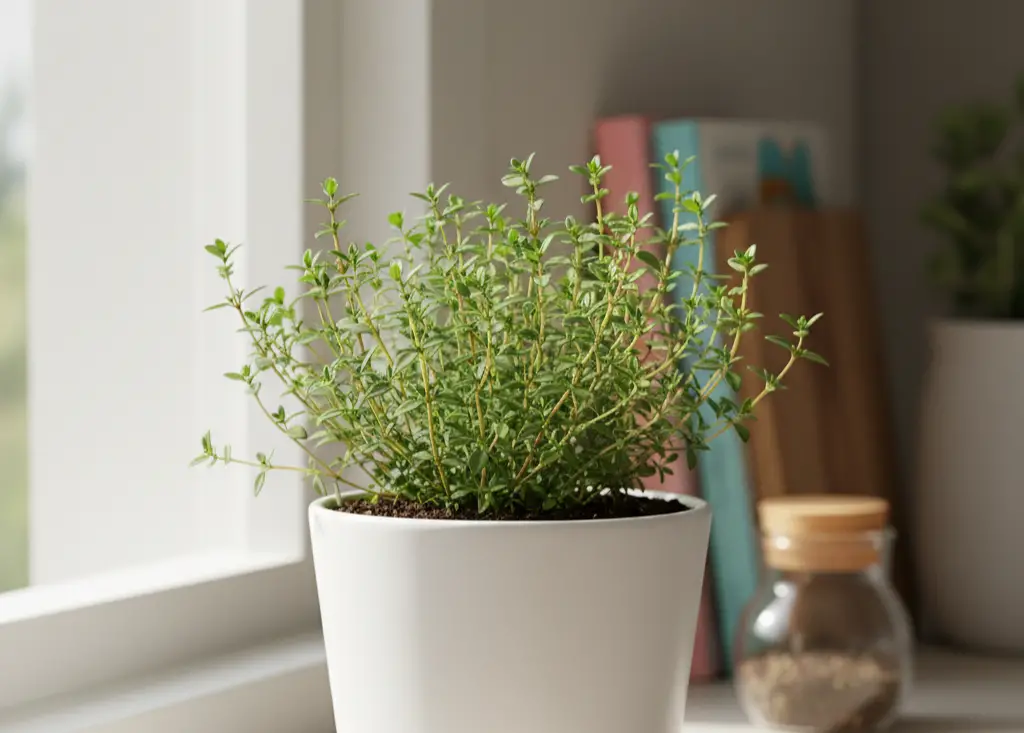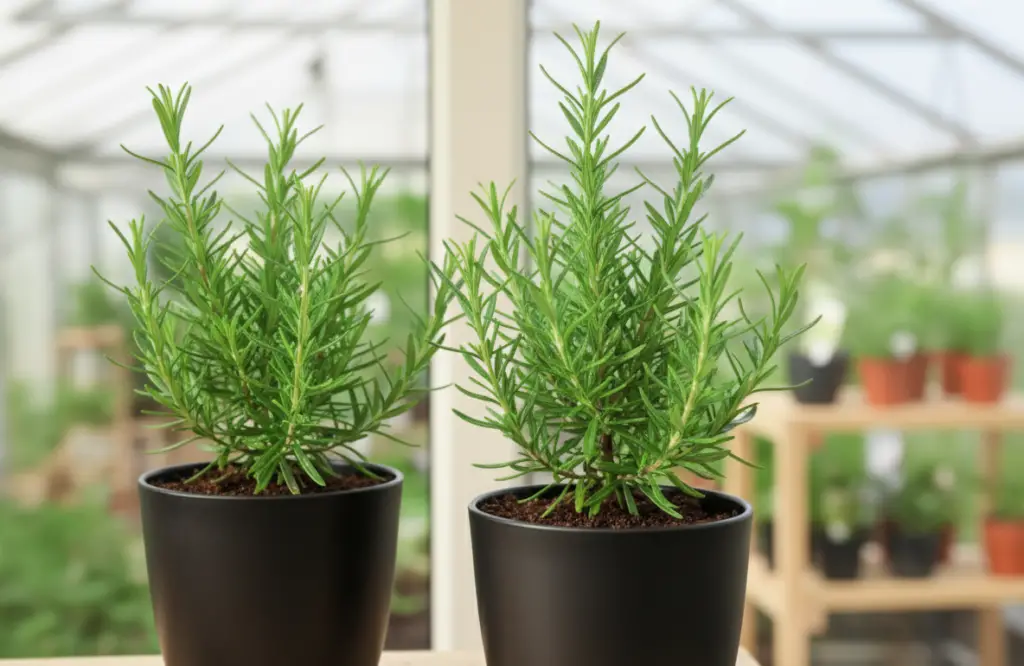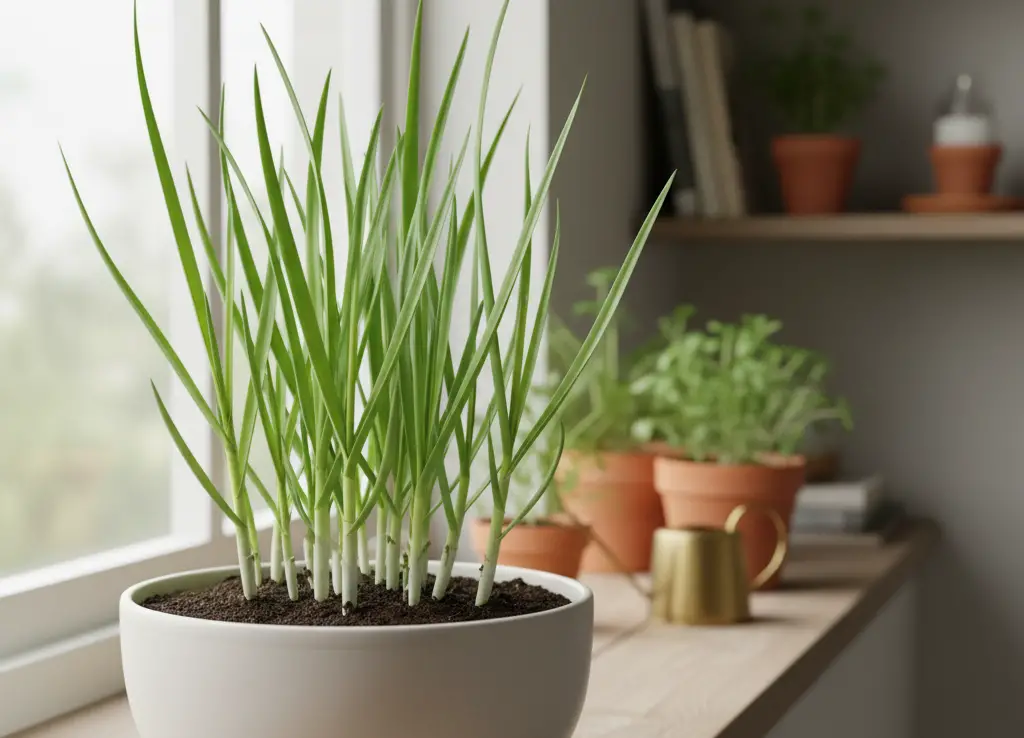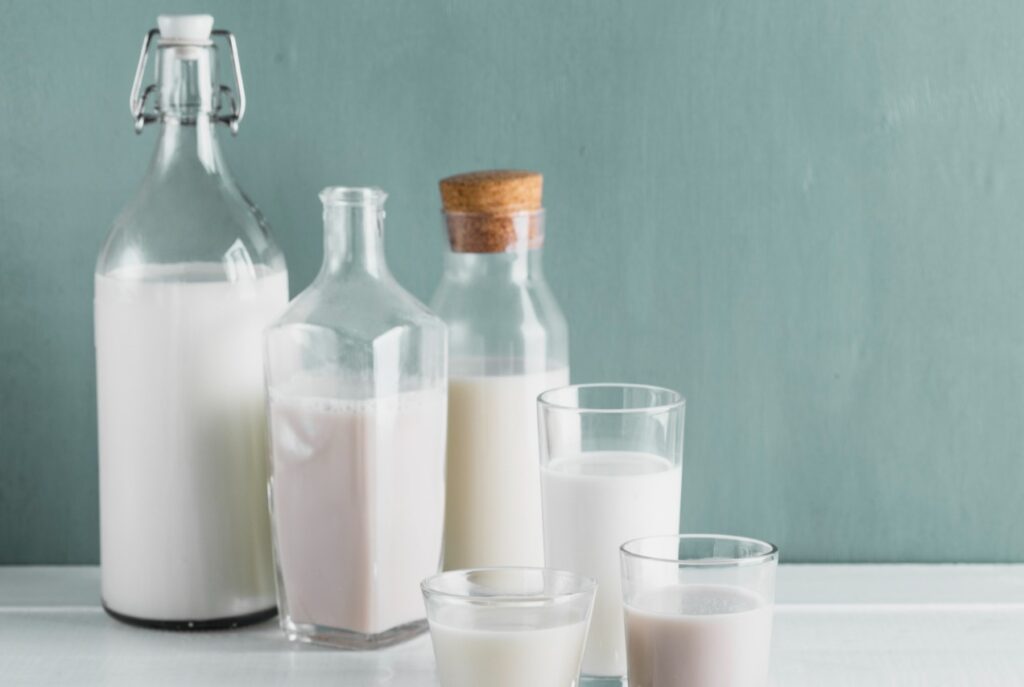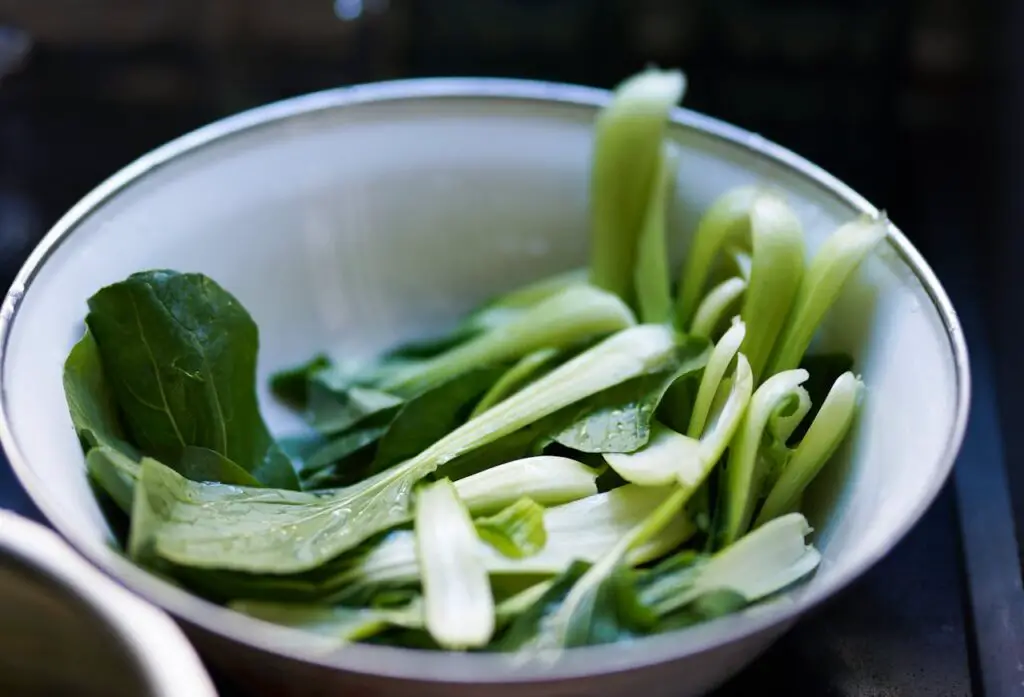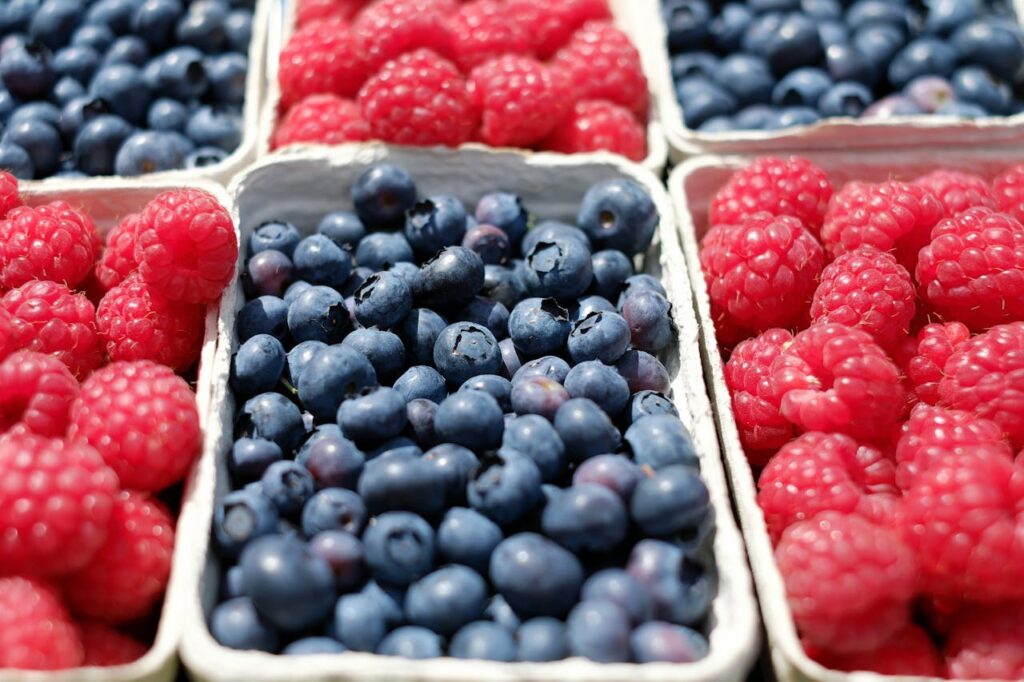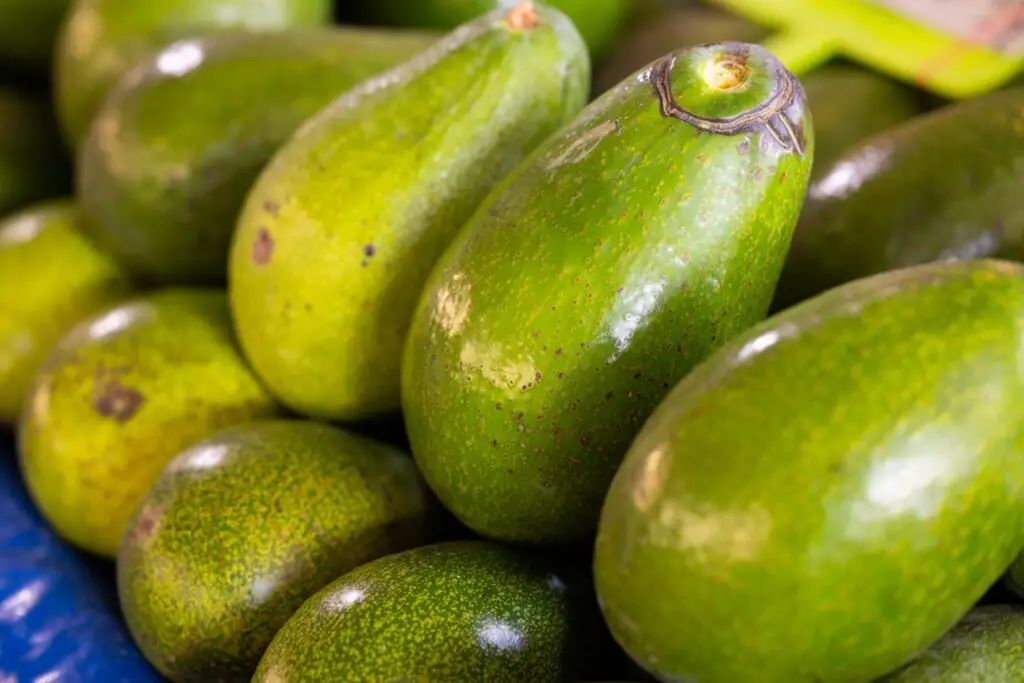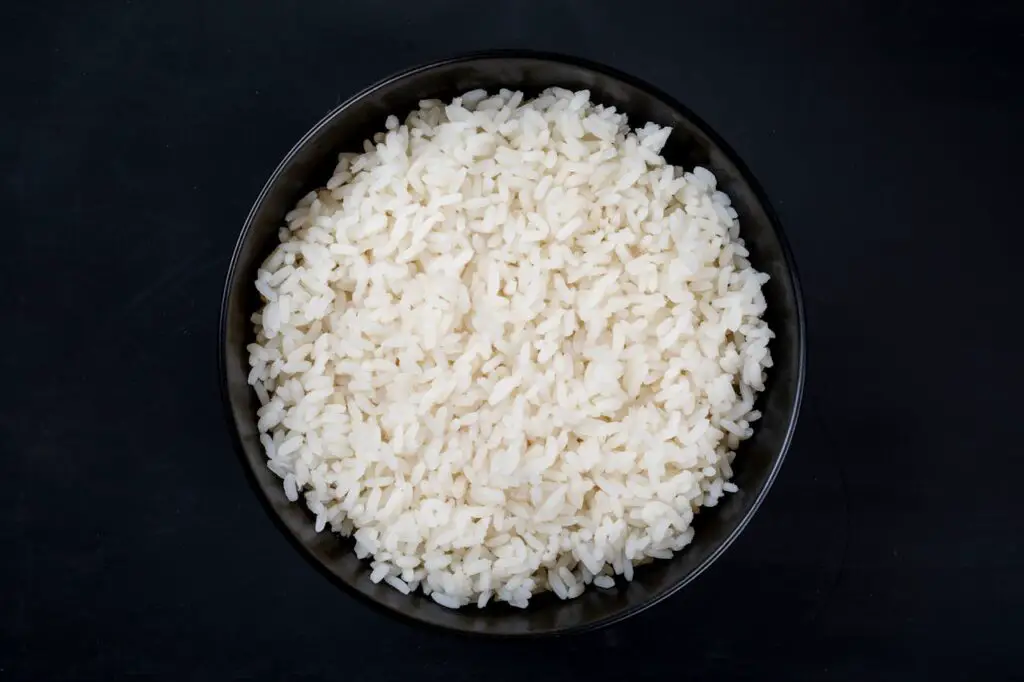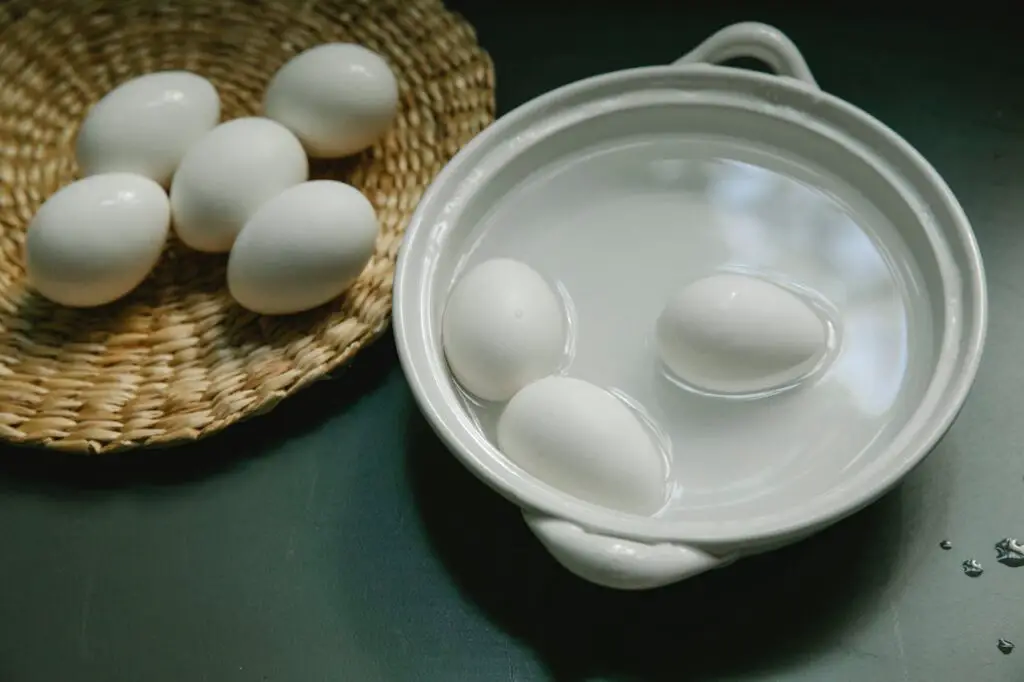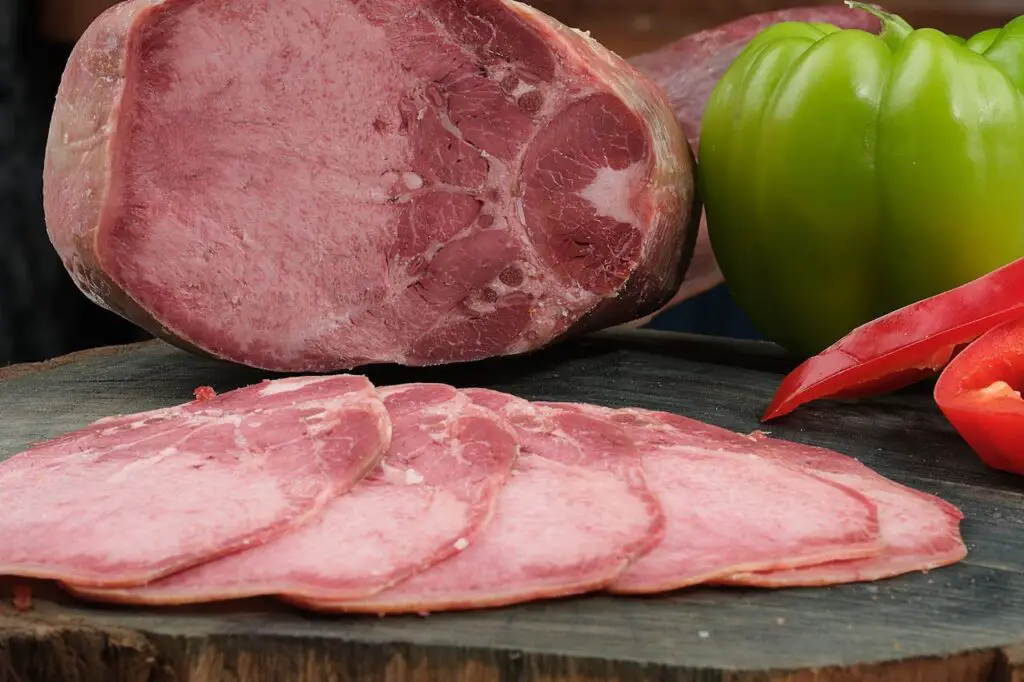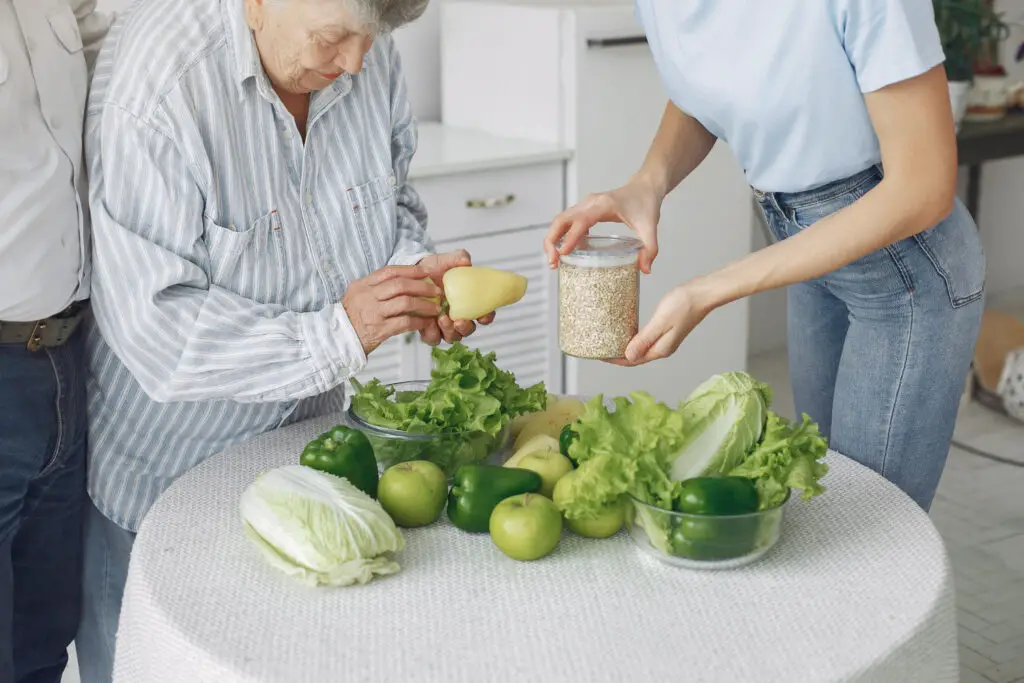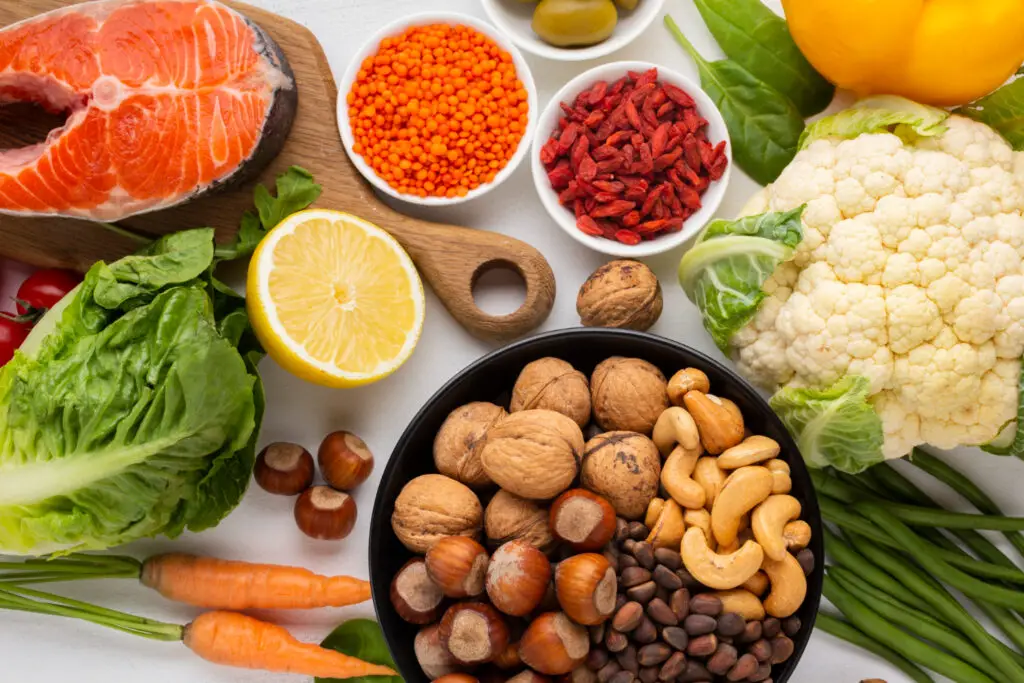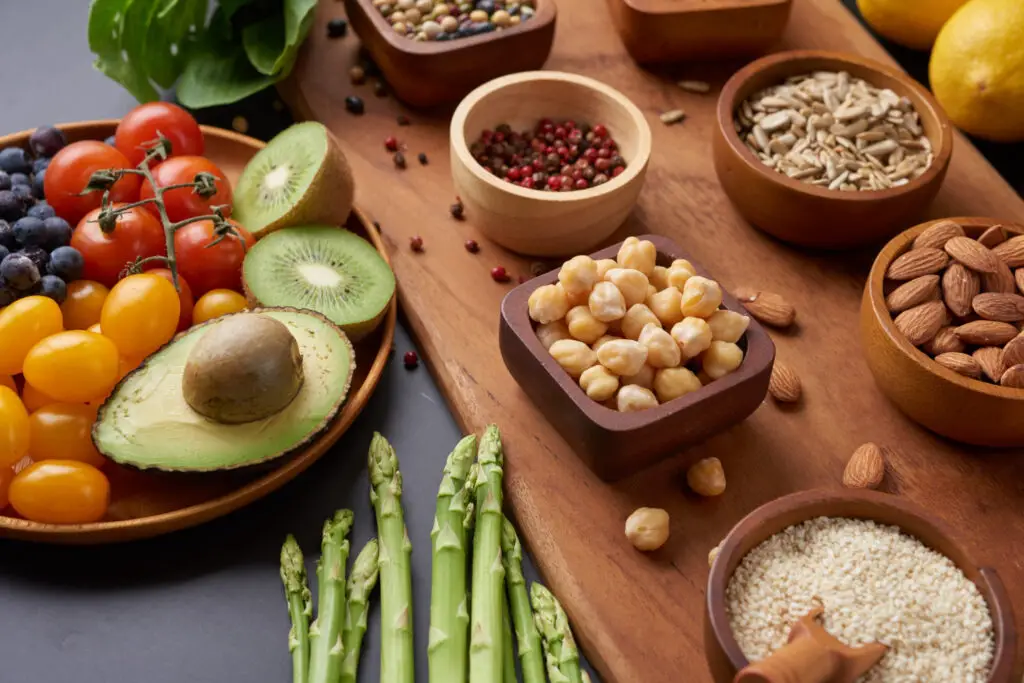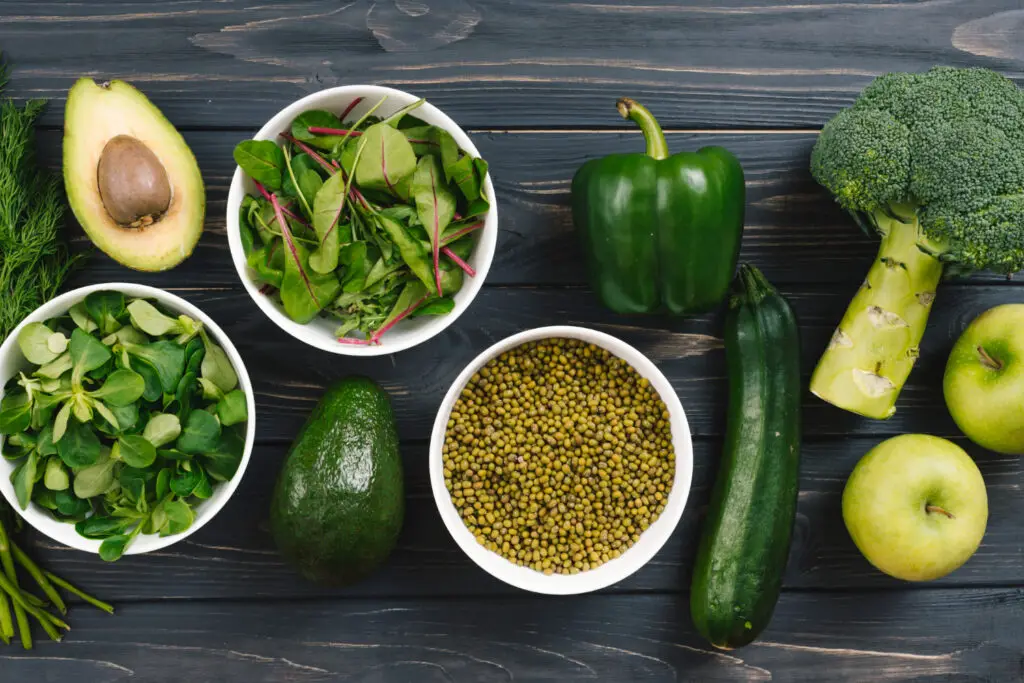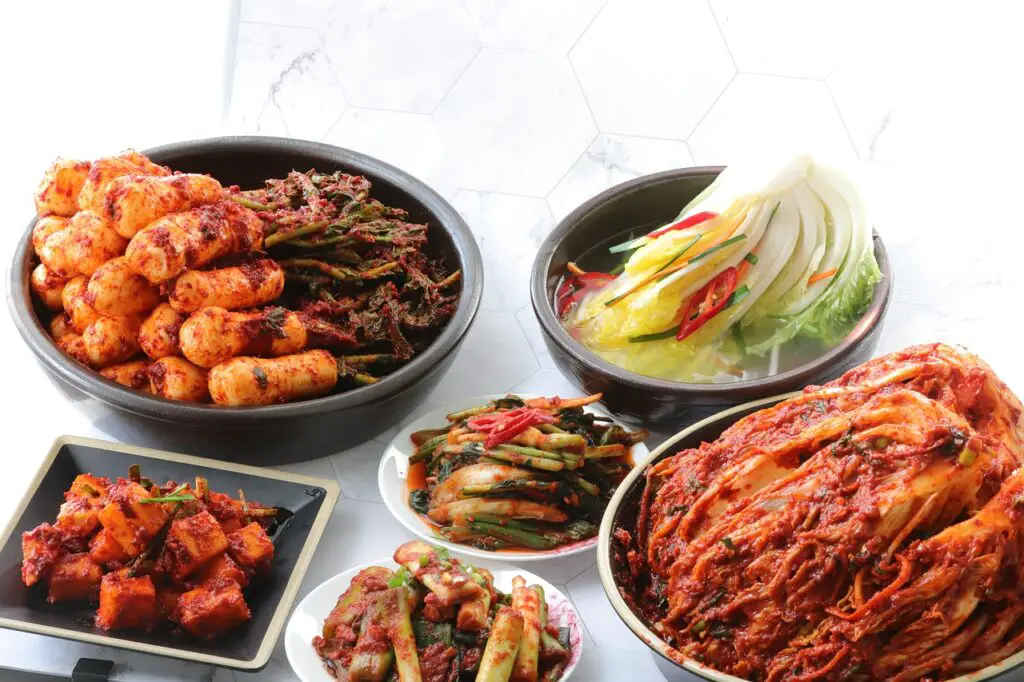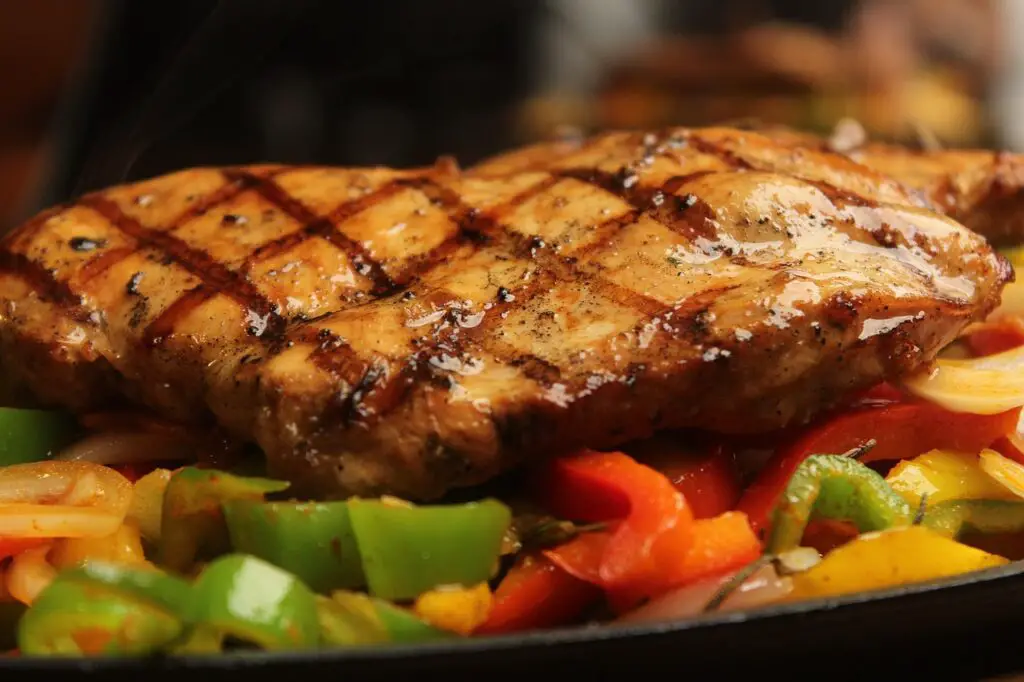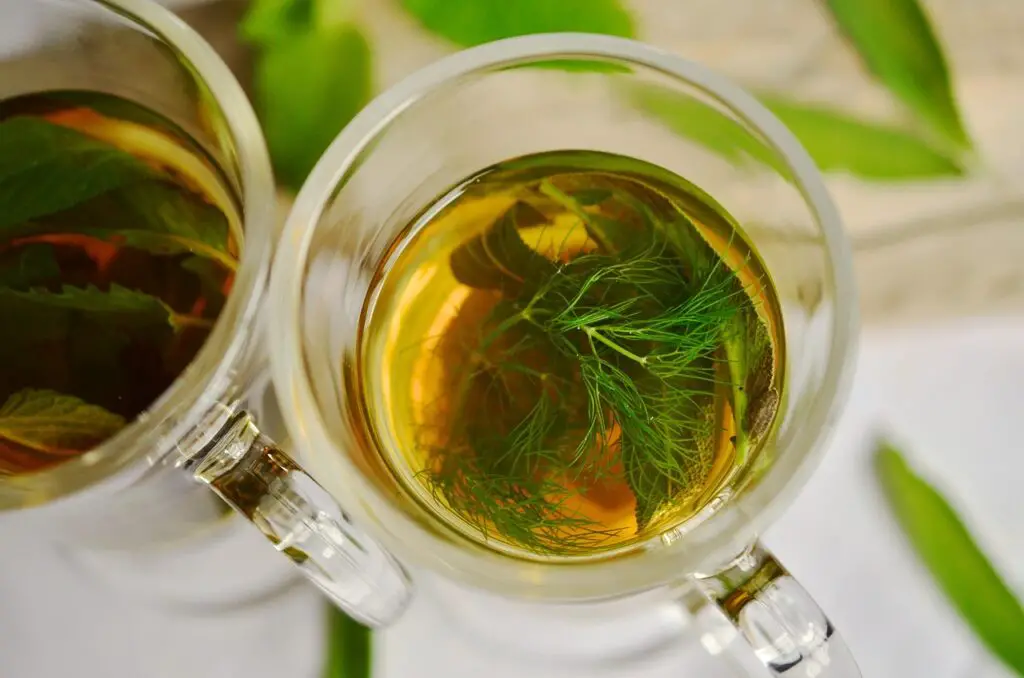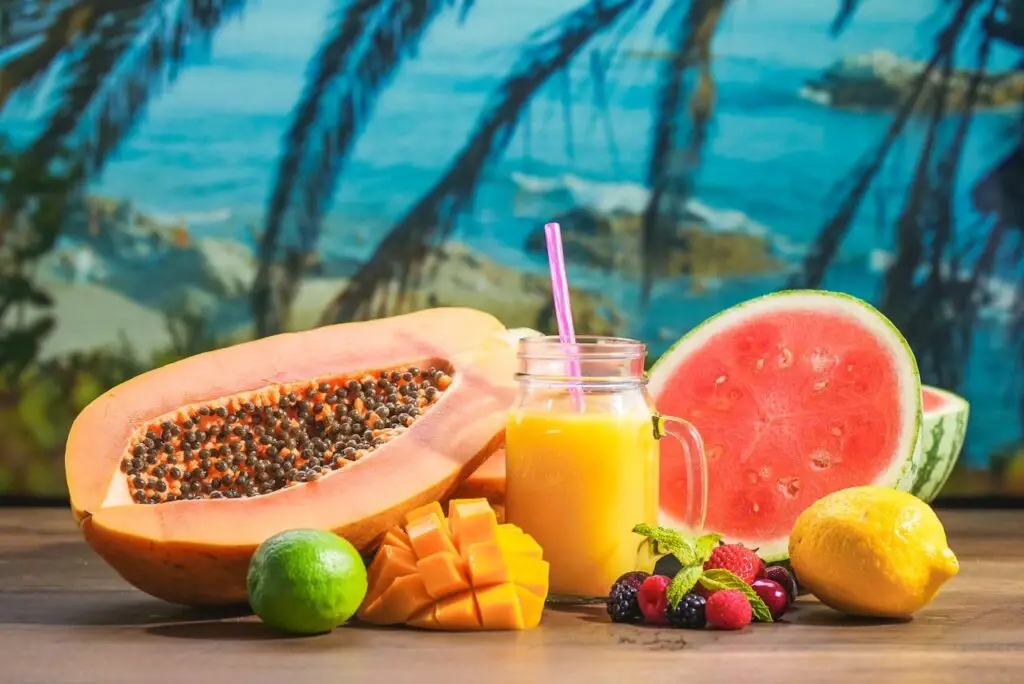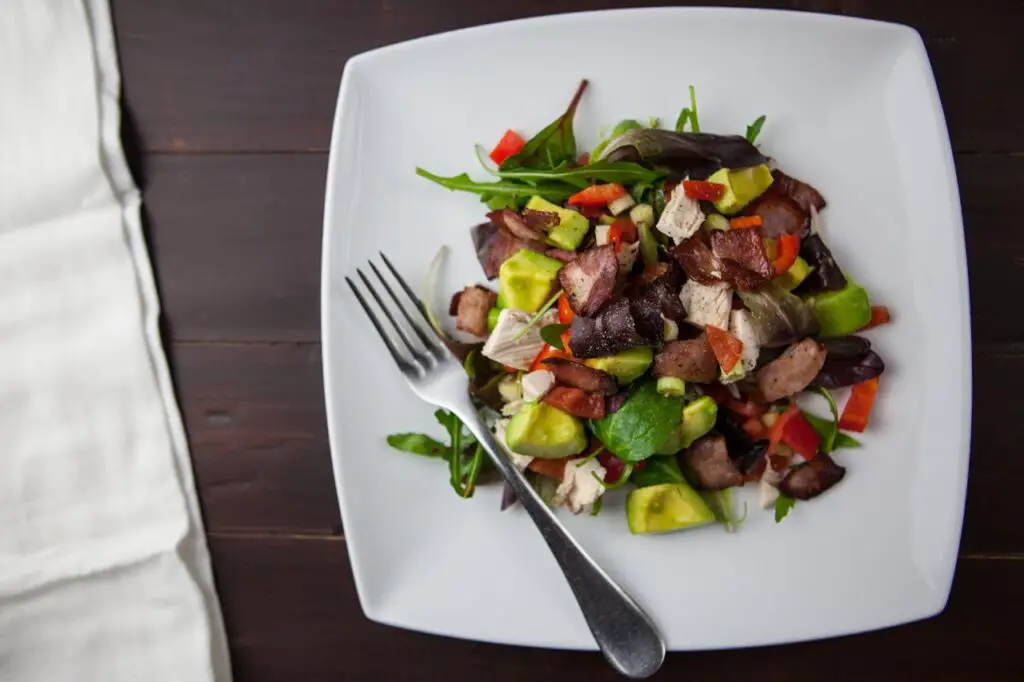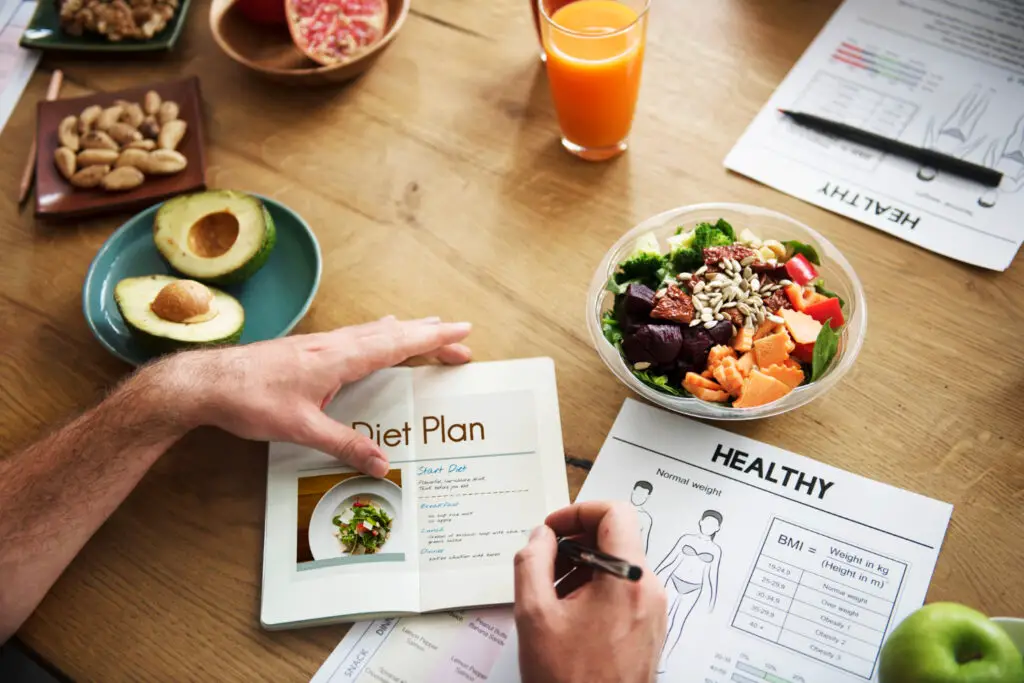Fuel Your Morning: 9 Healthy Breakfast Recipes to Power Up Your Day!

Starting your day with a good breakfast is one of the best things you can do for your body. It gives you energy, helps your mind stay sharp, and keeps you from feeling hungry too soon. But many skip it or grab something full of sugar. The good news is healthy breakfasts are not hard to make. Simple recipes using easy-to-find ingredients can fill you up and fuel your day. Below are 9 healthy breakfast recipes that are tasty, quick, and loved by many.
Overnight Oats with Fruits
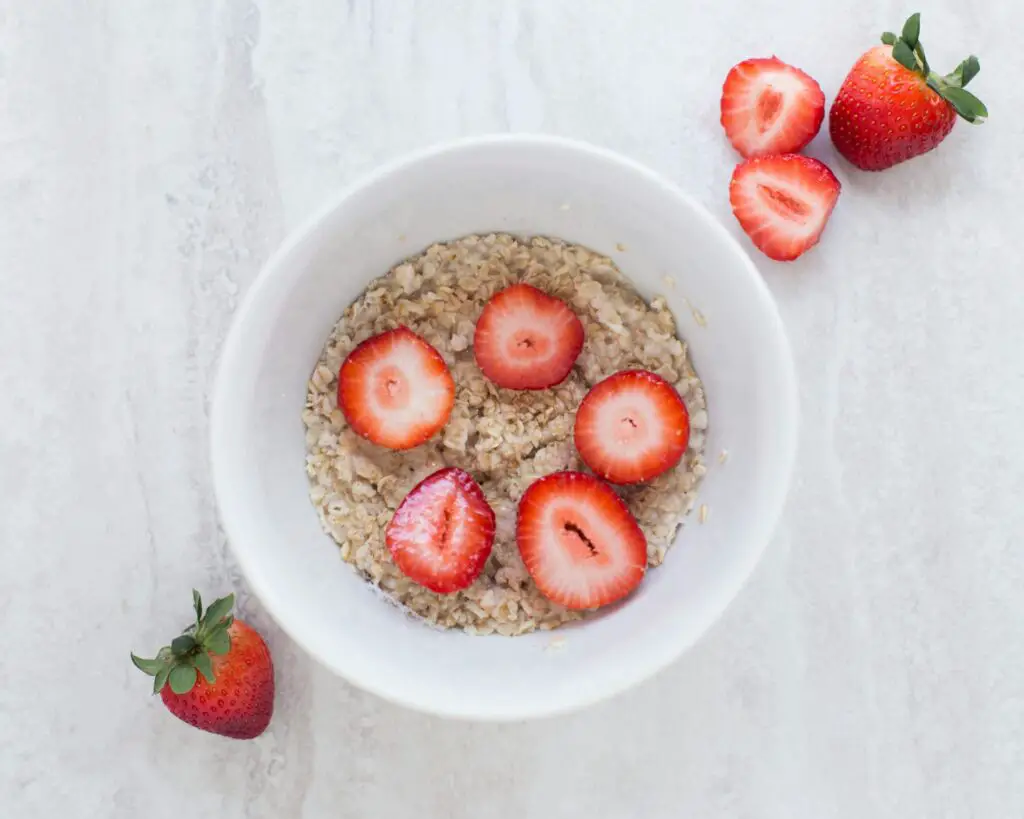
Overnight oats are a no-cook breakfast that saves time and tastes great. You just mix rolled oats, milk, and a bit of honey, then let it sit in the fridge overnight. In the morning, top it with fresh fruits like bananas, strawberries, or apples. Many people love this because it’s easy, filling, and full of fiber. It also keeps your stomach full for hours, which helps you avoid snacking on junk food.
Greek Yogurt Parfait
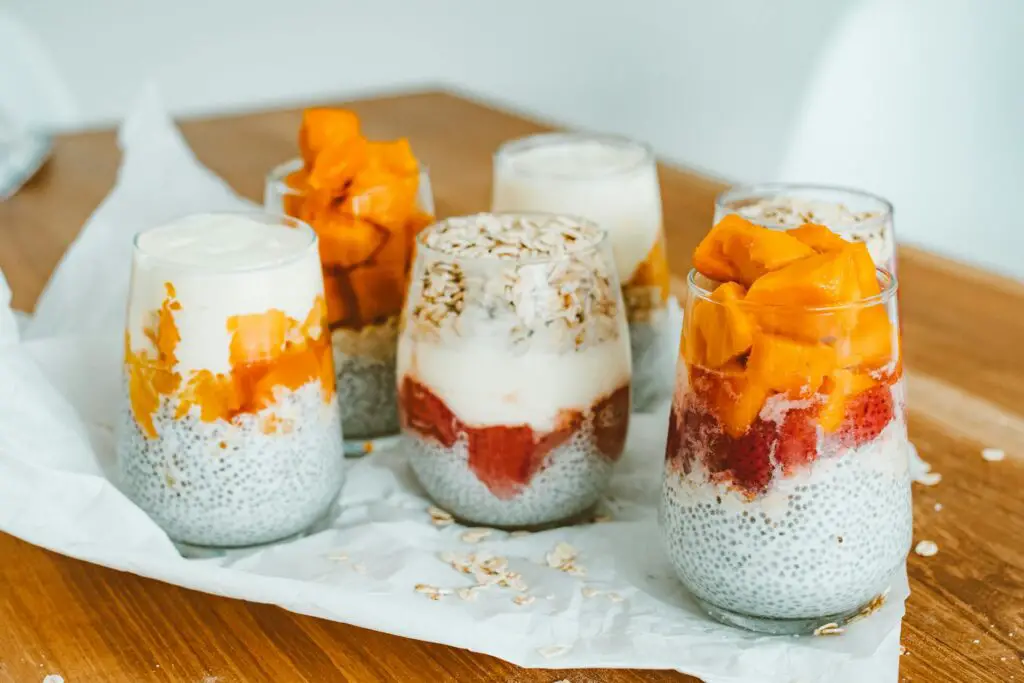
Greek yogurt is packed with protein, which makes it a great breakfast choice. Layer it with fresh berries, a handful of nuts, and a drizzle of honey for a sweet but healthy treat. Many folks like this one because it tastes like dessert but is good for you. The mix of protein and fiber keeps you satisfied. Plus, it’s quick to prepare and perfect for busy mornings.
Avocado Toast with Egg
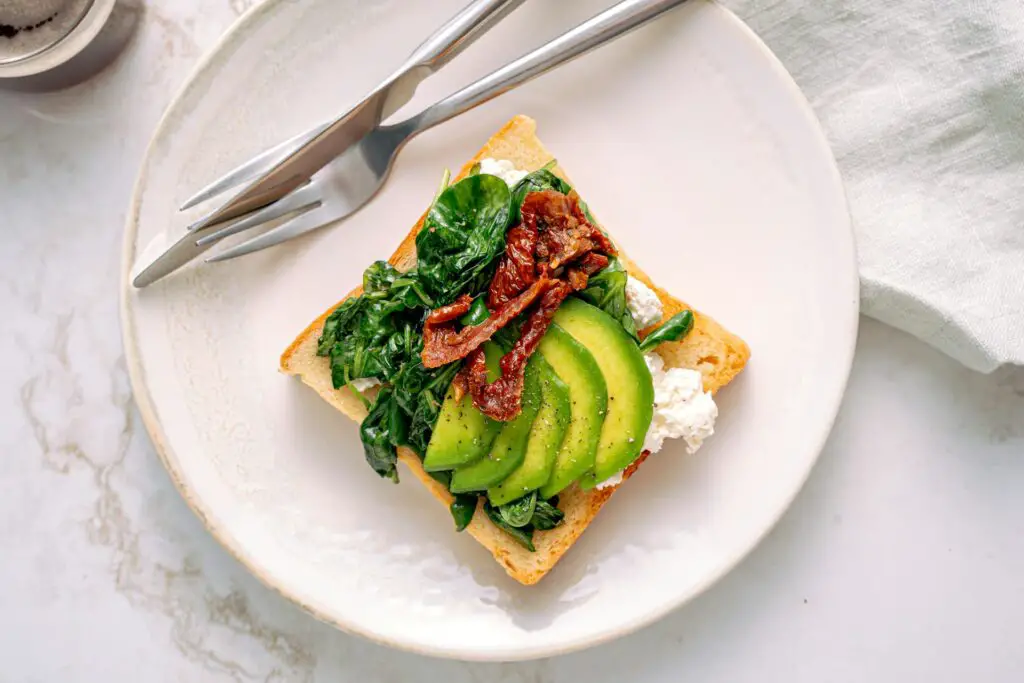
Avocado toast has become a breakfast staple, and for good reason. Mash a ripe avocado on whole-grain toast and top it with a fried or boiled egg. Sprinkle a little salt and pepper, and breakfast is served. It’s loved for being simple, tasty, and packed with healthy fats and protein. The creamy avocado mixed with the egg keeps you full and ready for the day.
Smoothie Bowl
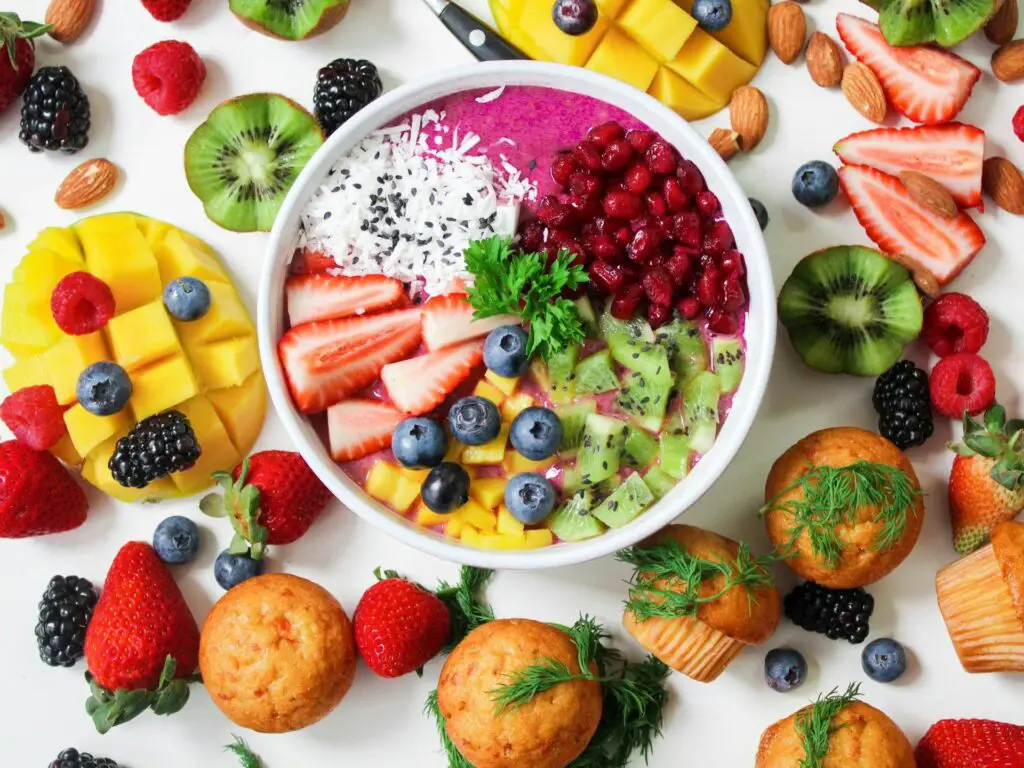
Smoothie bowls are like thick smoothies you eat with a spoon. Blend bananas, spinach, and berries with a splash of milk or yogurt until smooth. Pour into a bowl and top with granola, seeds, or sliced fruits. This meal is colorful, fun, and full of vitamins. Many people enjoy how you can switch up the toppings to keep it fresh and new each time.
Peanut Butter Banana Toast
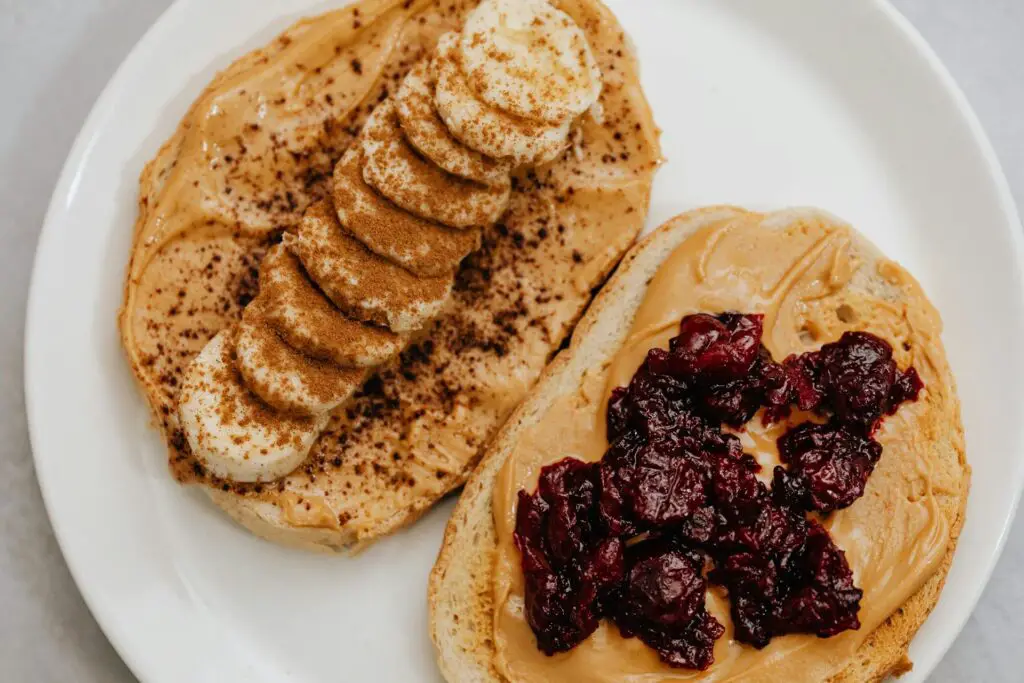
Peanut butter banana toast is a classic that never gets old. Spread natural peanut butter on whole-grain bread and layer it with banana slices. A sprinkle of chia seeds or a dash of cinnamon adds a nice touch. It’s a go-to choice for many because it’s quick, filling, and full of energy. The mix of protein, healthy fats, and carbs gives you a solid start.
Veggie Omelette

Eggs are a breakfast favorite, and turning them into a veggie omelette is a simple way to eat more greens. Whisk eggs and cook them with spinach, tomatoes, onions, or any veggie you like. This dish is great because it’s high in protein and low in carbs. Plus, it helps you get your first serving of veggies early in the day.
Chia Seed Pudding
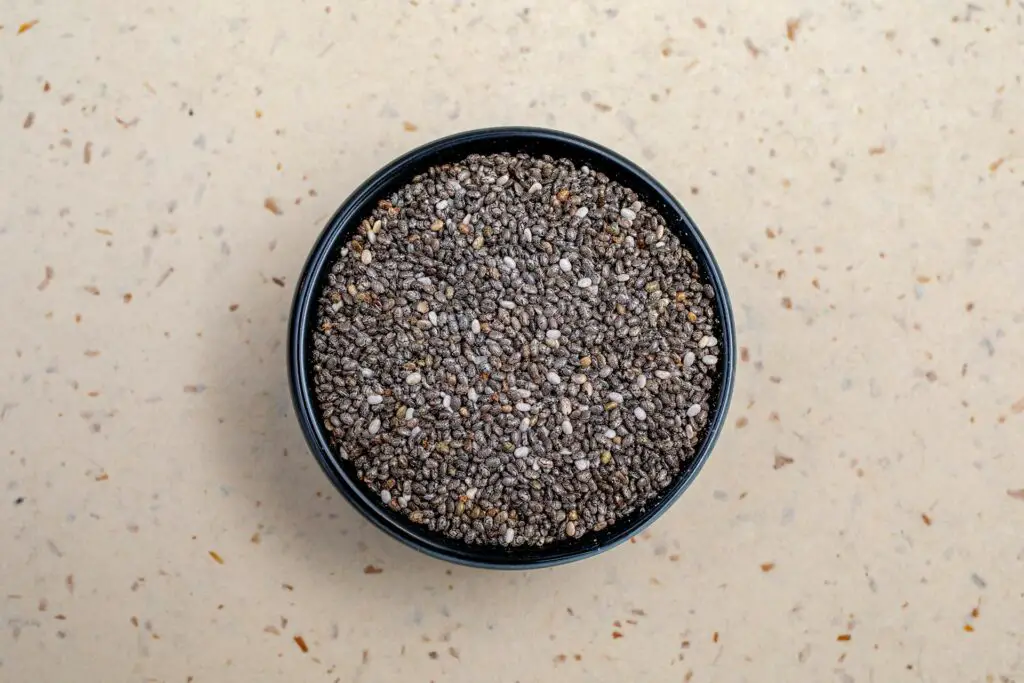
Chia seed pudding is another no-fuss recipe that works well for busy mornings. Mix chia seeds with milk and a bit of honey, then let it sit overnight. By morning, the seeds soak up the liquid and turn into a thick pudding. Many people love it because it’s rich in fiber, keeps you full, and is easy to top with fruits or nuts. The texture is fun, and the taste is mild but tasty.
Whole Wheat Pancakes with Berries
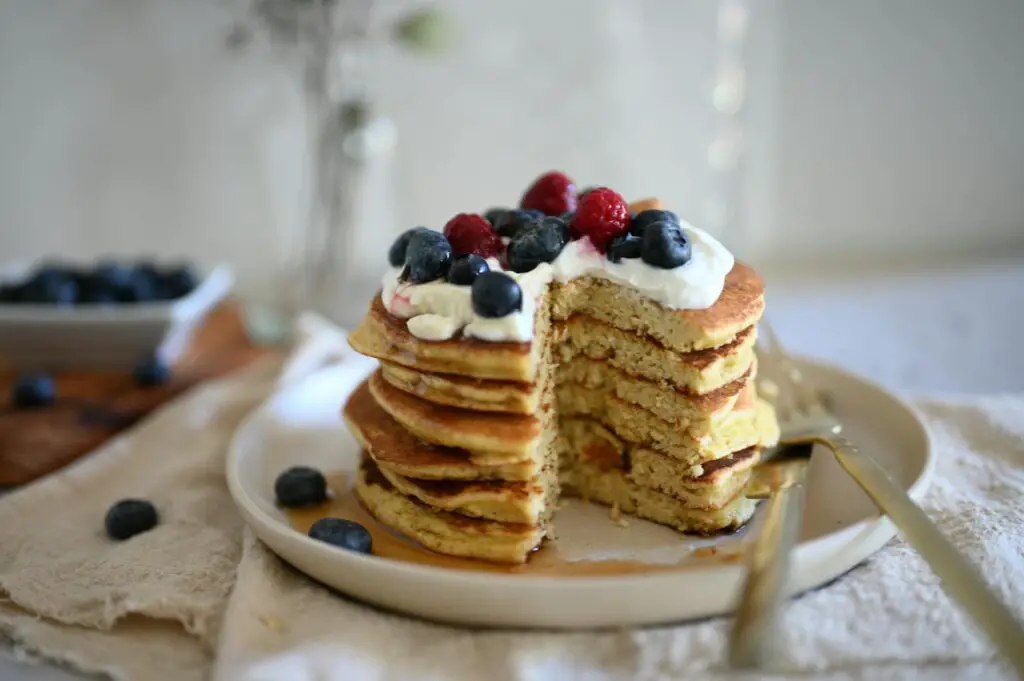
Pancakes can be healthy too if made the right way. Use whole wheat flour instead of white flour and top them with fresh berries instead of syrup. Whole wheat adds fiber while berries bring in natural sweetness and vitamins. This breakfast is great for weekends or when you have a bit more time. It’s a popular pick because it feels like a treat without the guilt.
Cottage Cheese with Fruits and Nuts
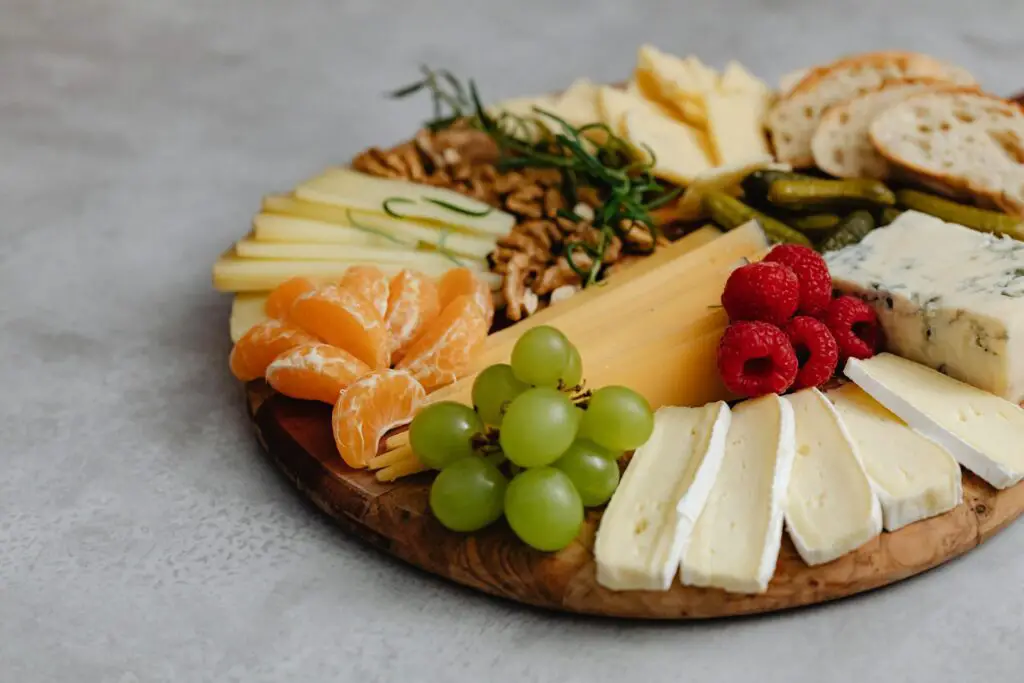
Cottage cheese is often overlooked but is a great choice for a high-protein breakfast. Spoon some into a bowl and top with fruits like pineapple or berries, then sprinkle on a few nuts. It’s quick to put together and easy to digest. Many like this meal because it’s light but still filling, making it perfect for people who don’t like heavy breakfasts.
Conclusion

Eating a healthy breakfast sets the tone for your whole day. These nine recipes are proof that good food doesn’t have to be hard to make. Each meal on this list is simple, fast, and packed with the right balance of nutrients. They are all popular choices because they taste great and keep you full. From overnight oats to cottage cheese bowls, you have many ways to mix things up. Try adding these to your morning routine, and you’ll feel the difference. A good breakfast really does power you up for whatever comes your way.

